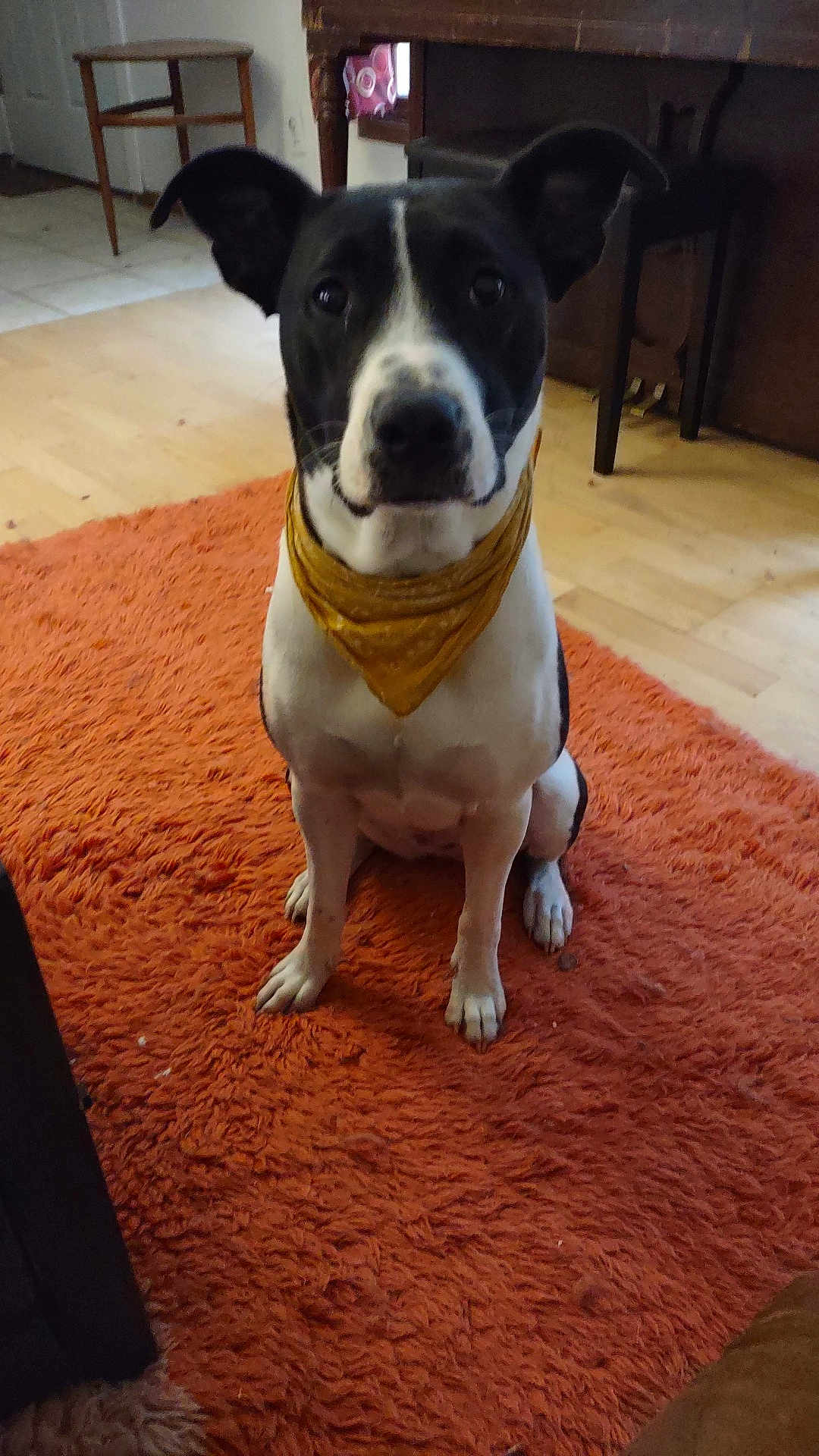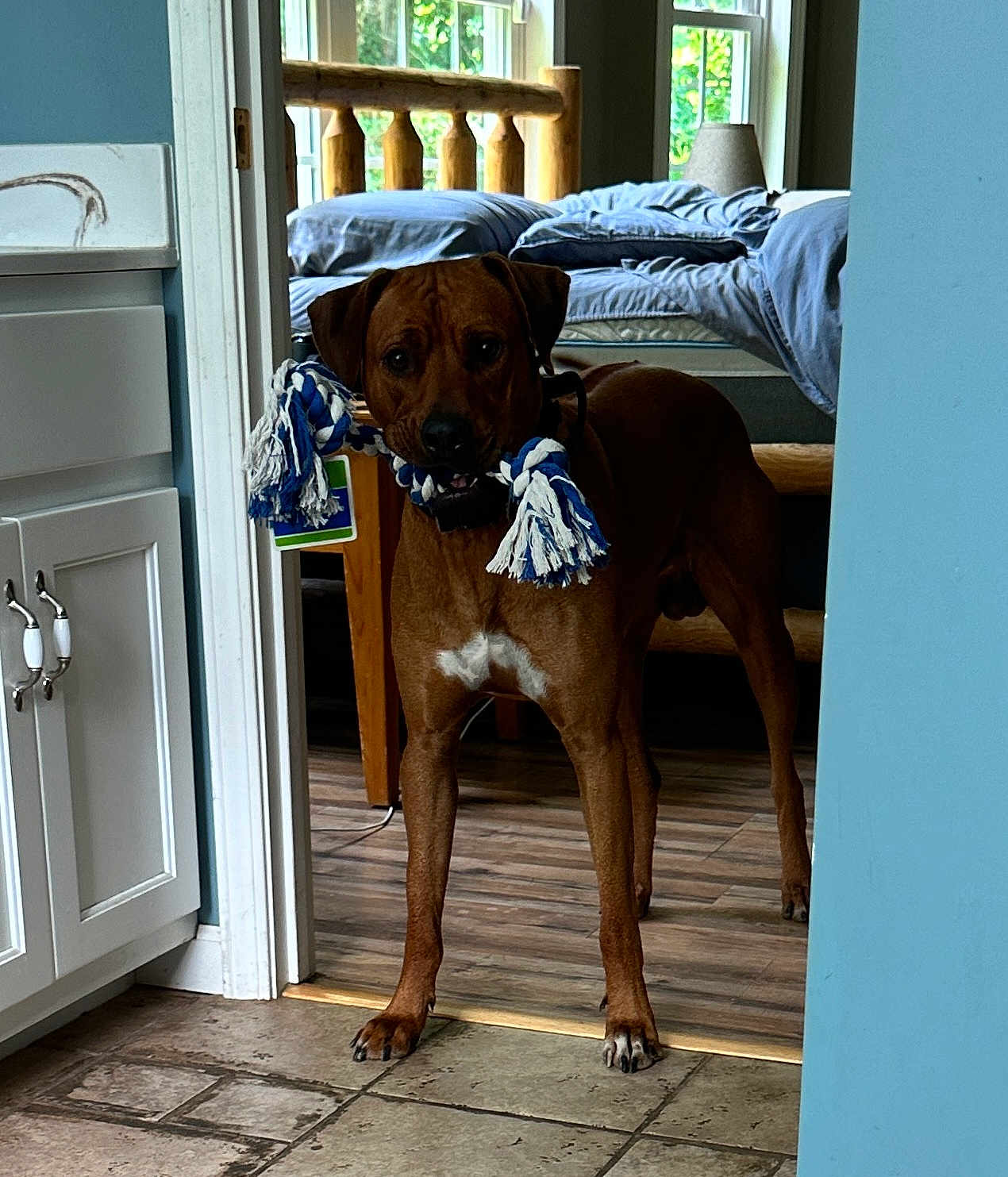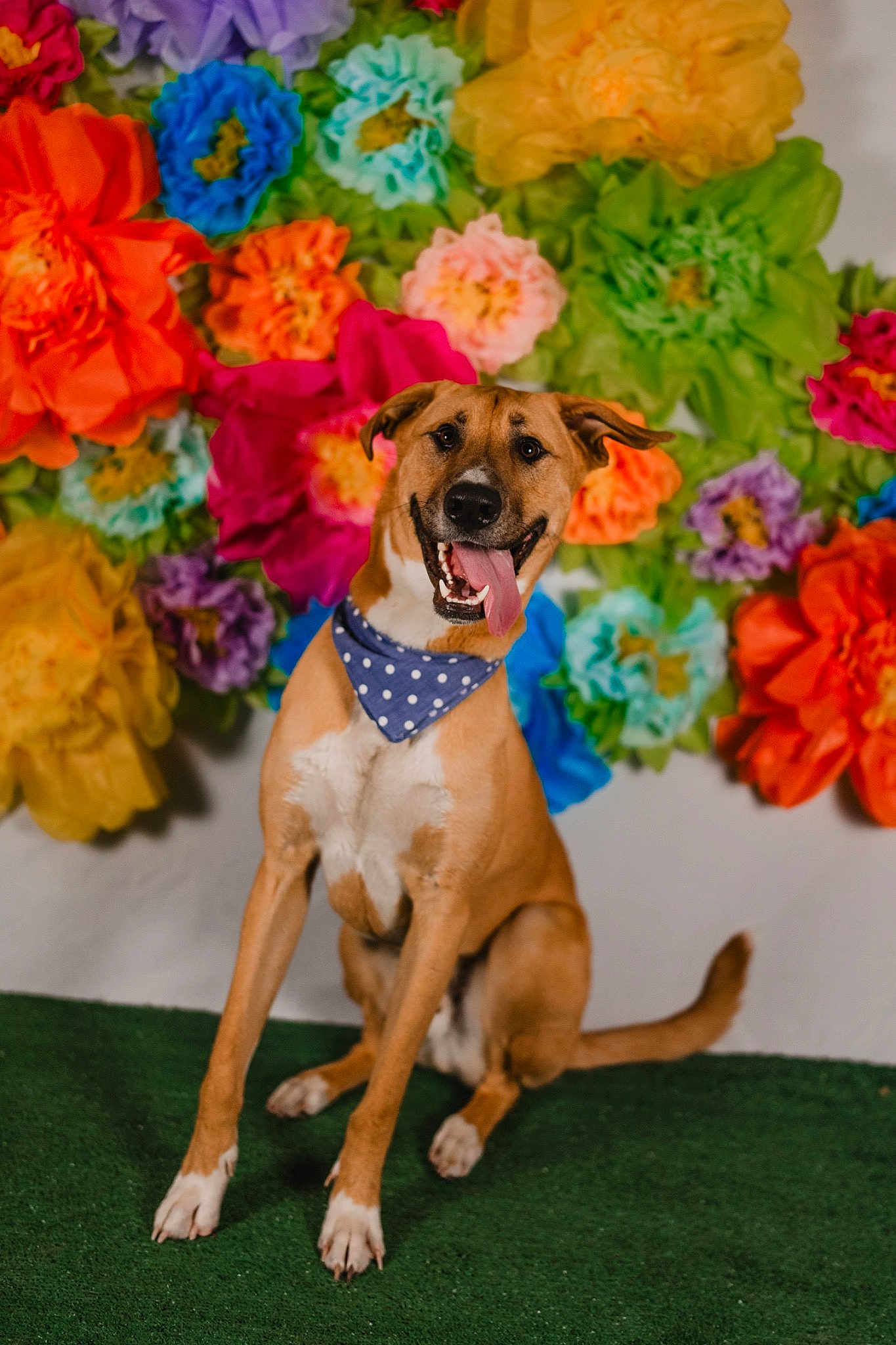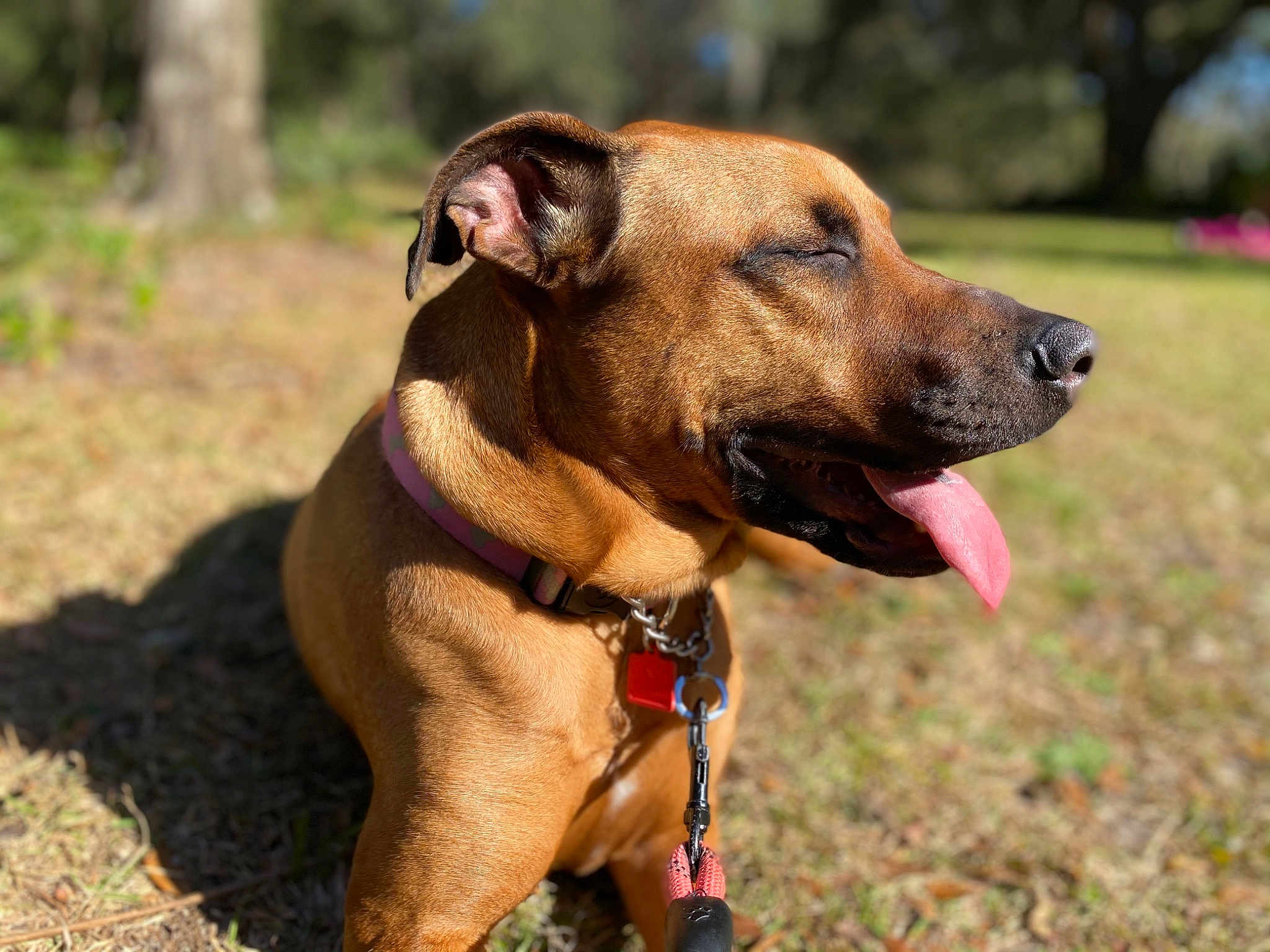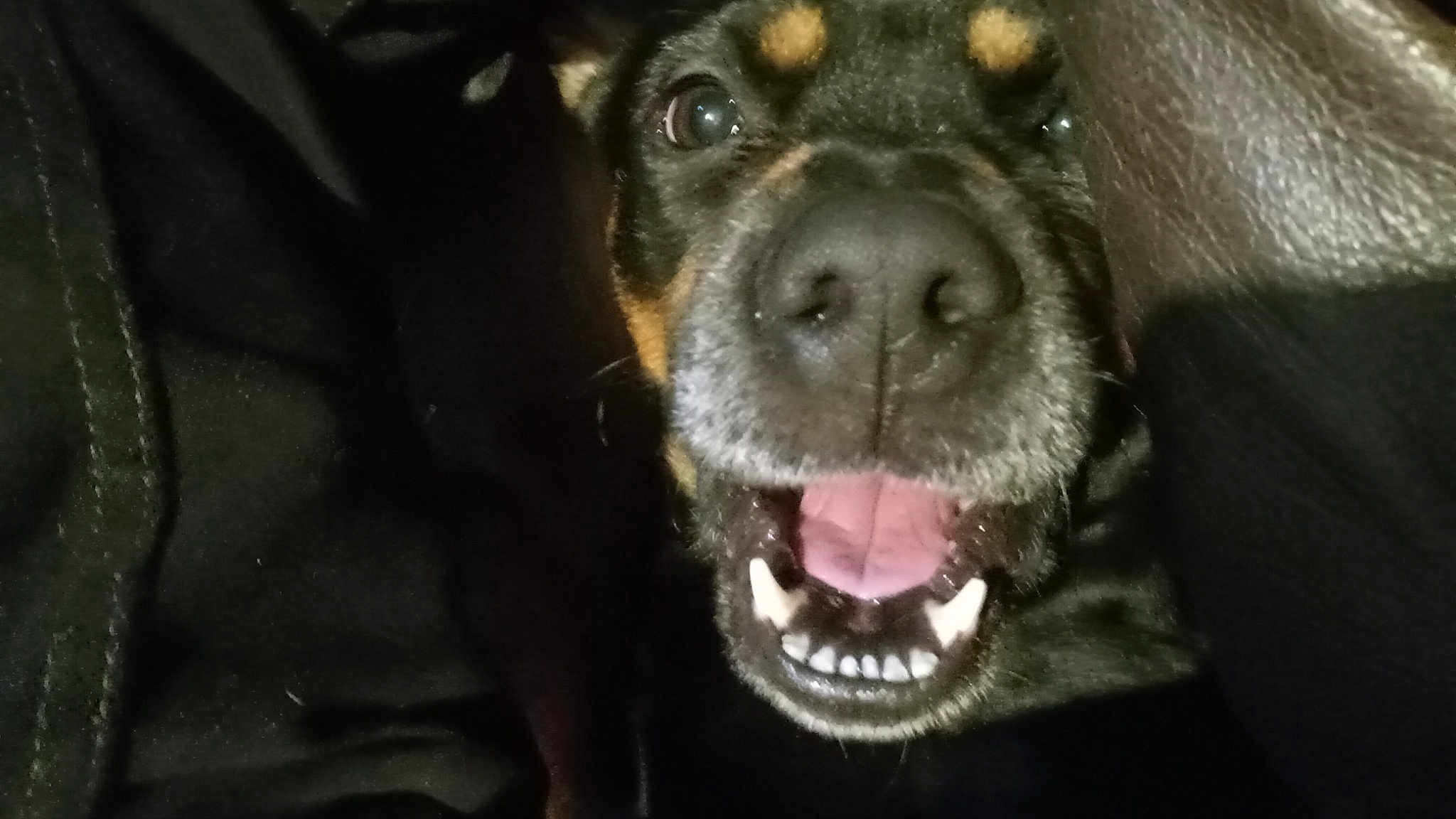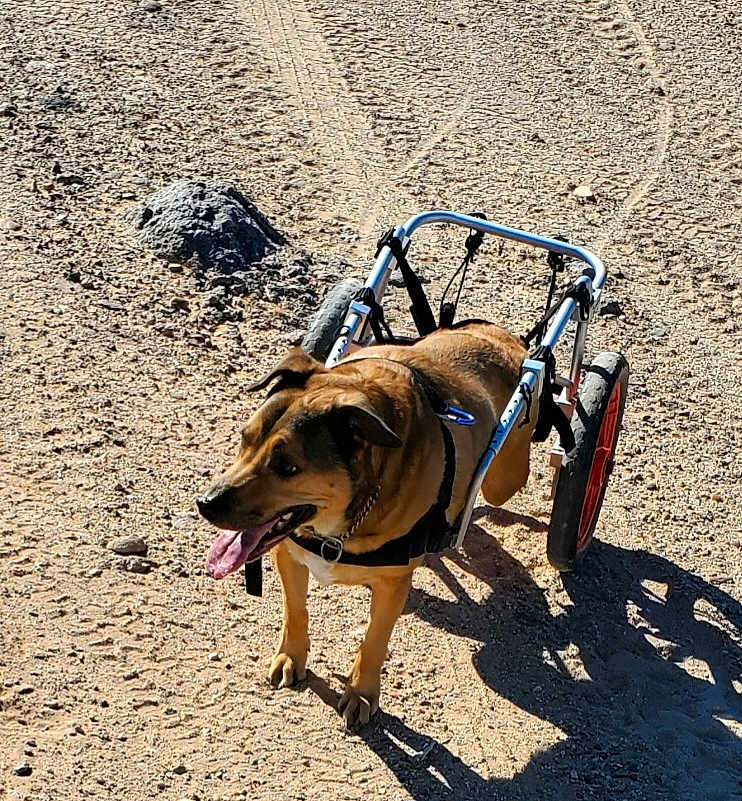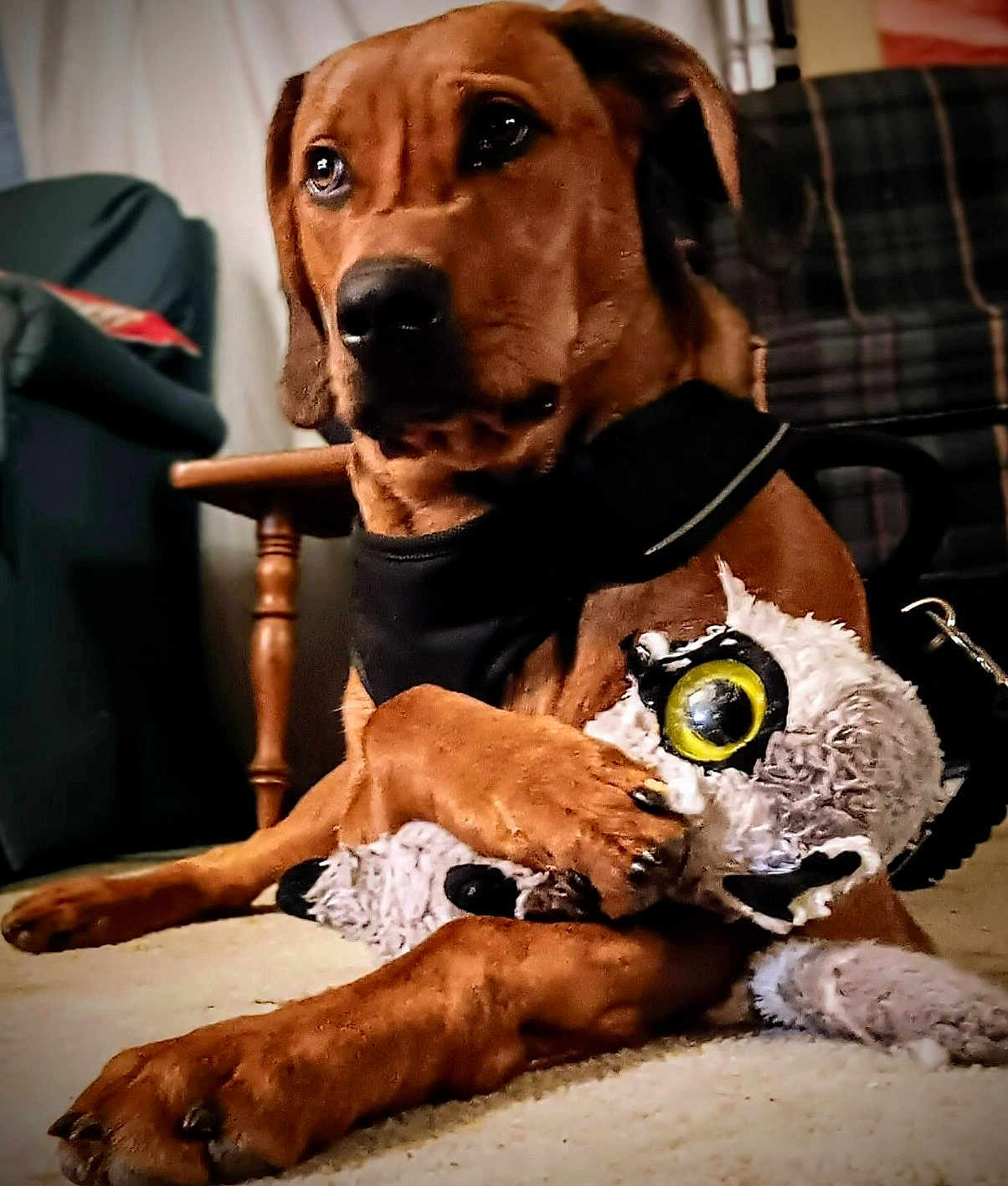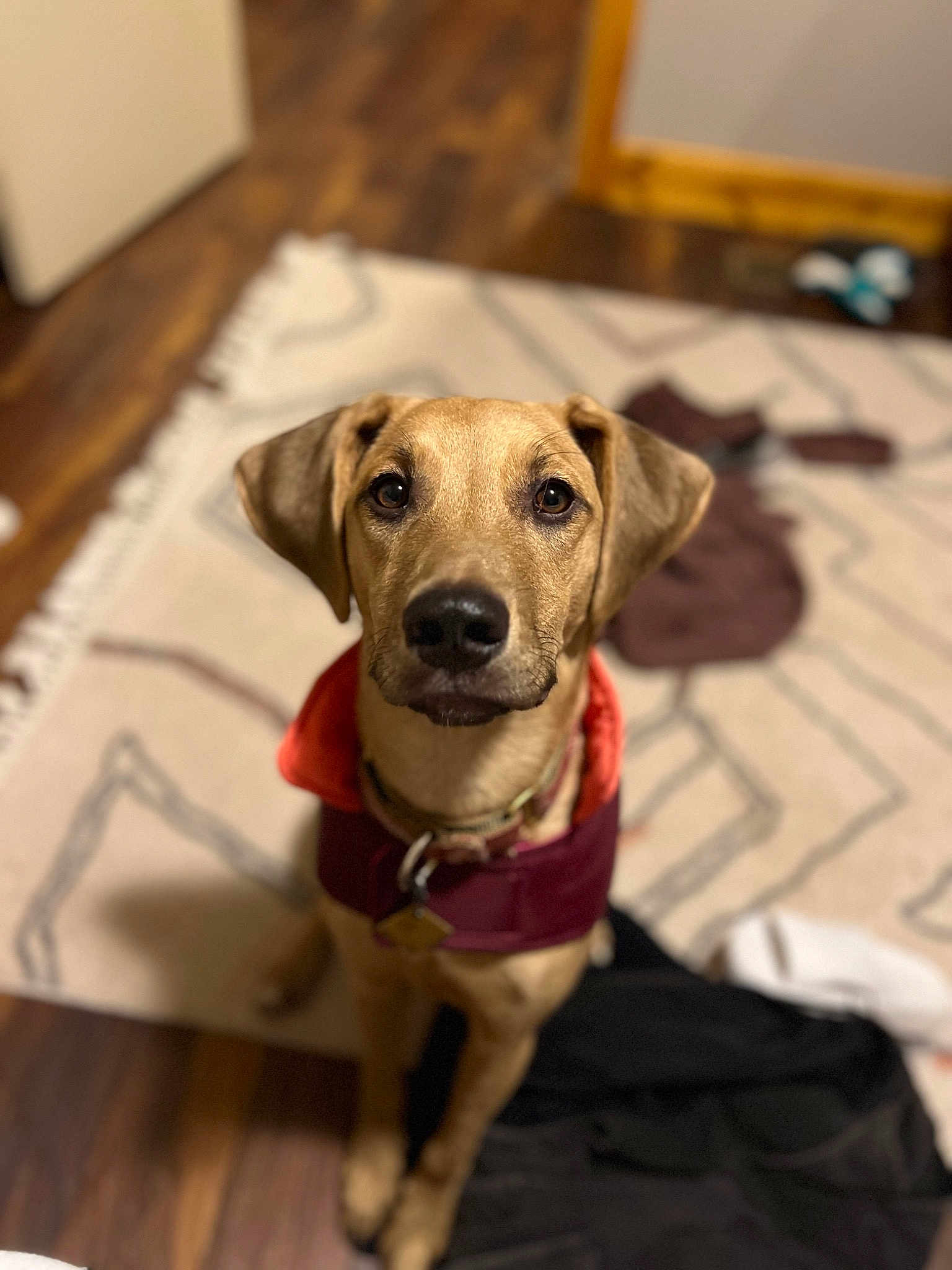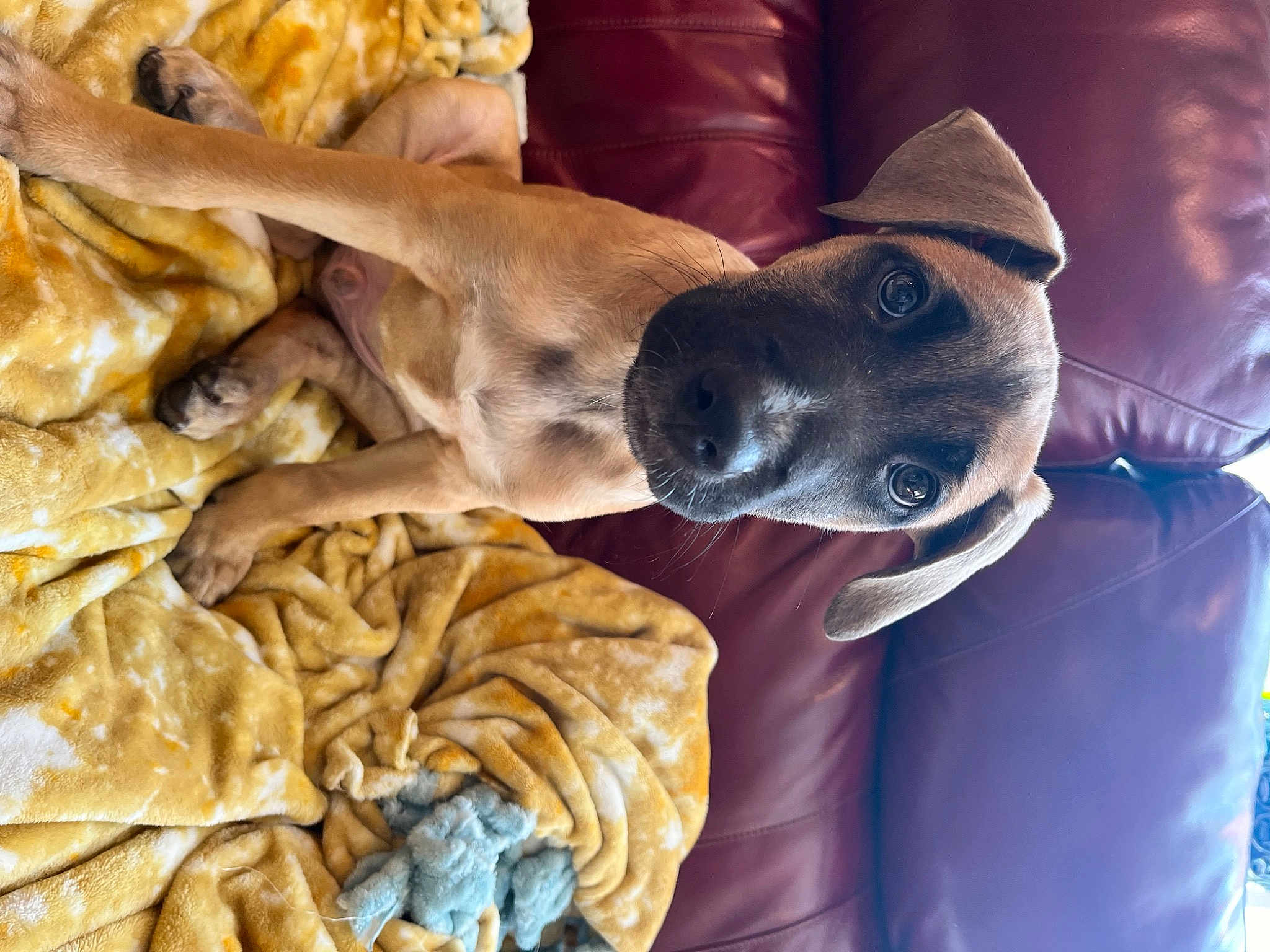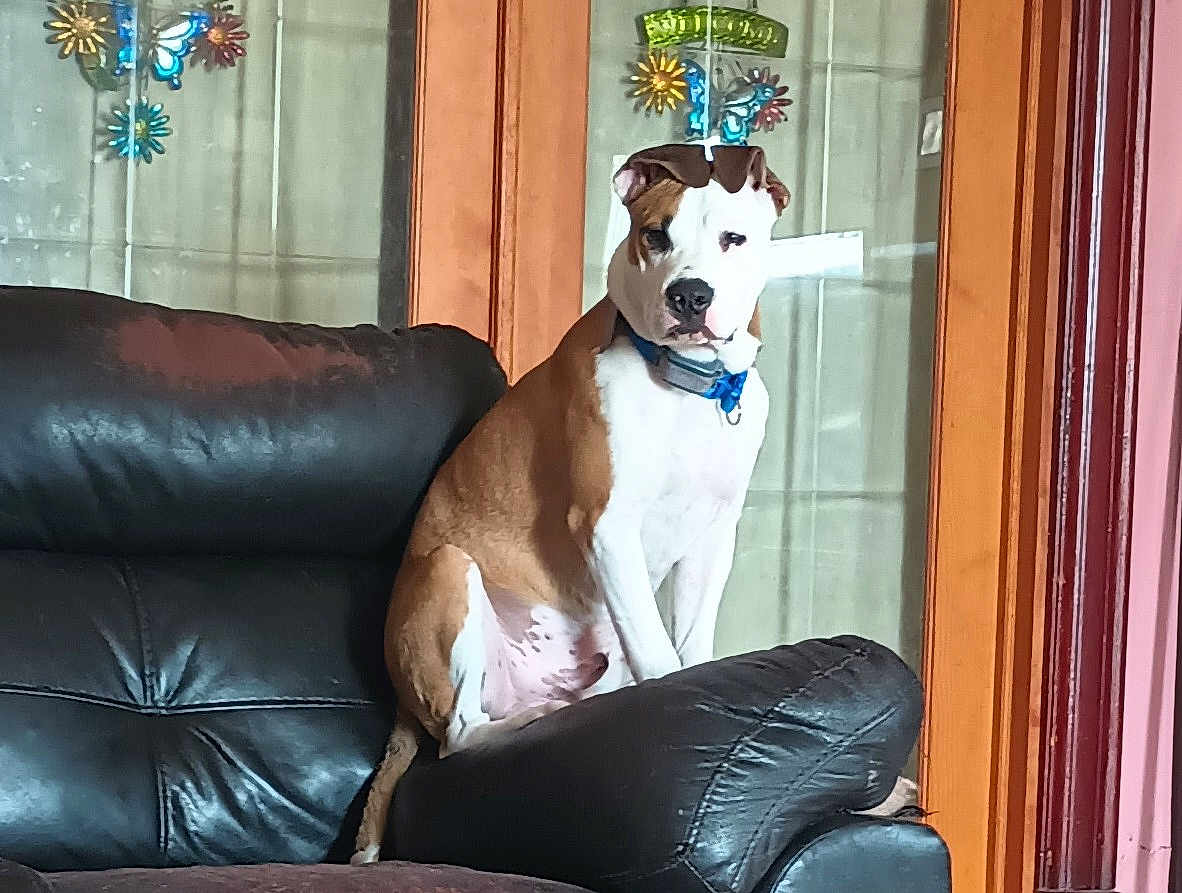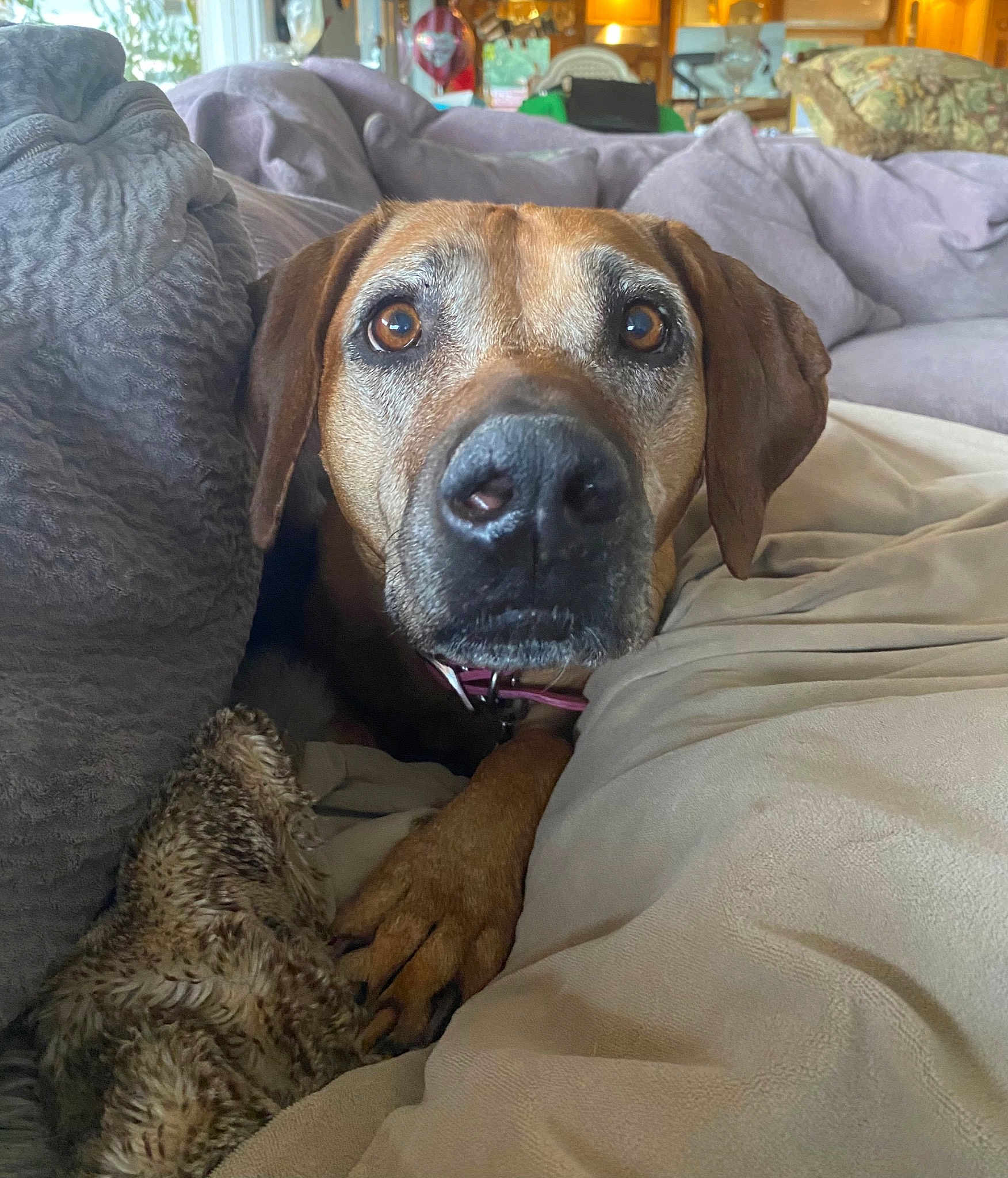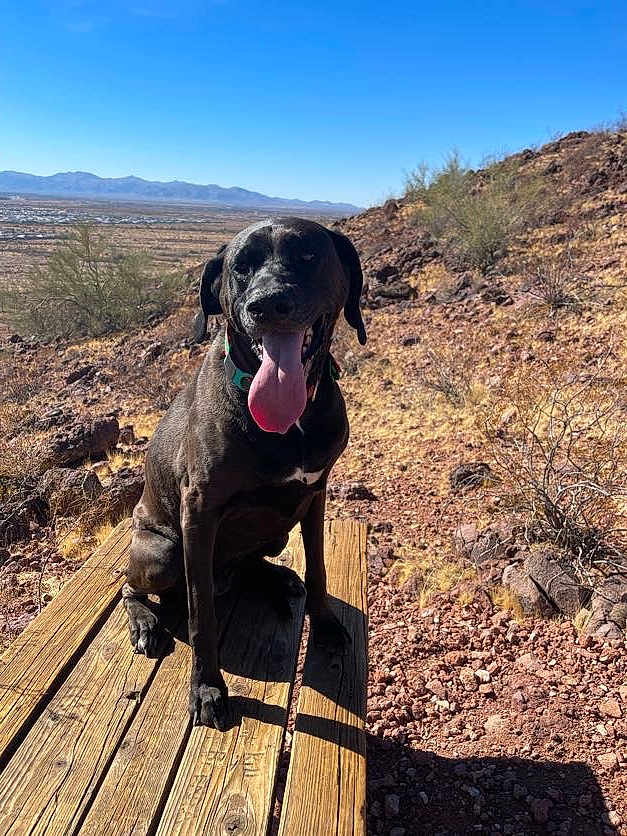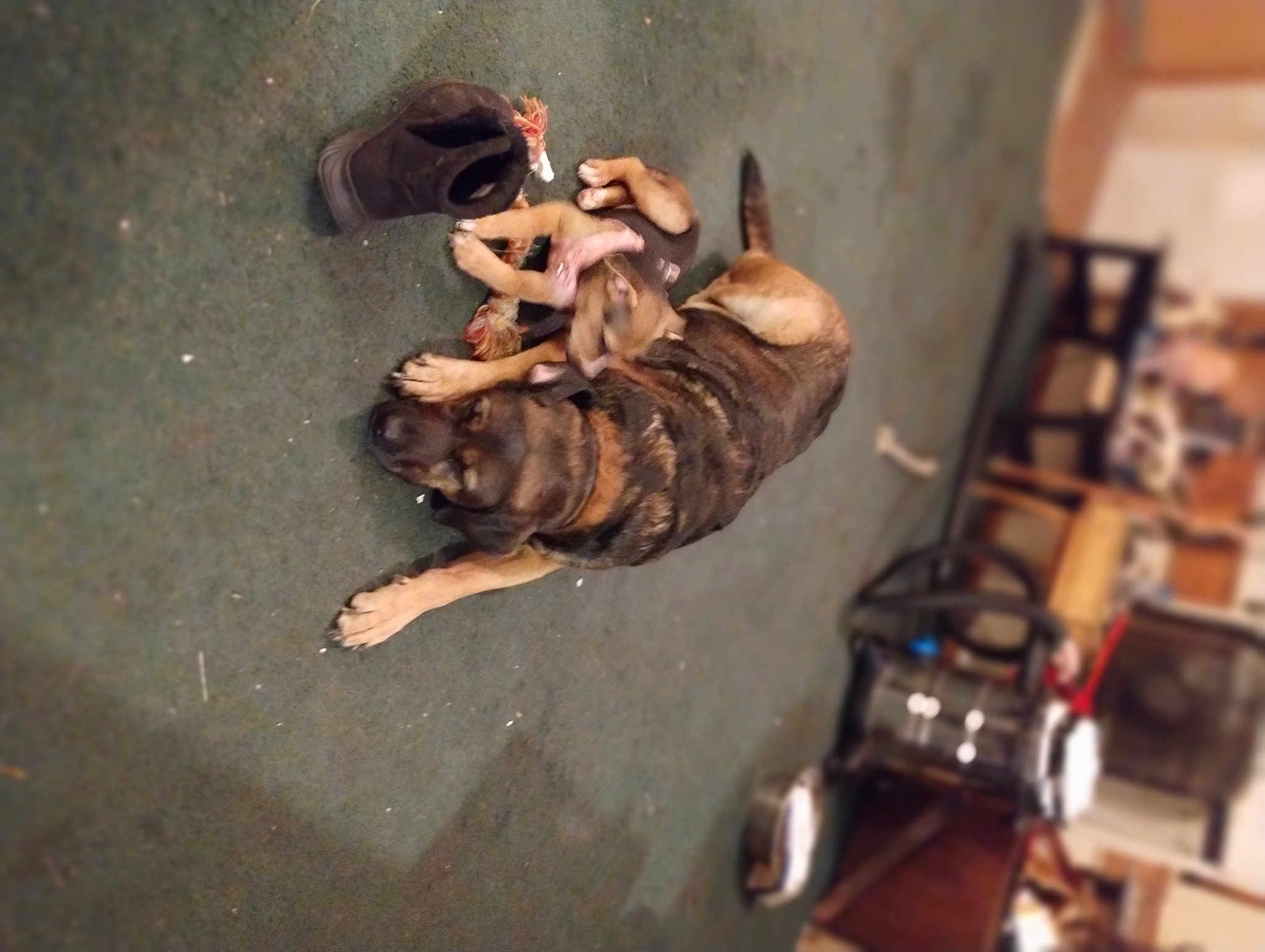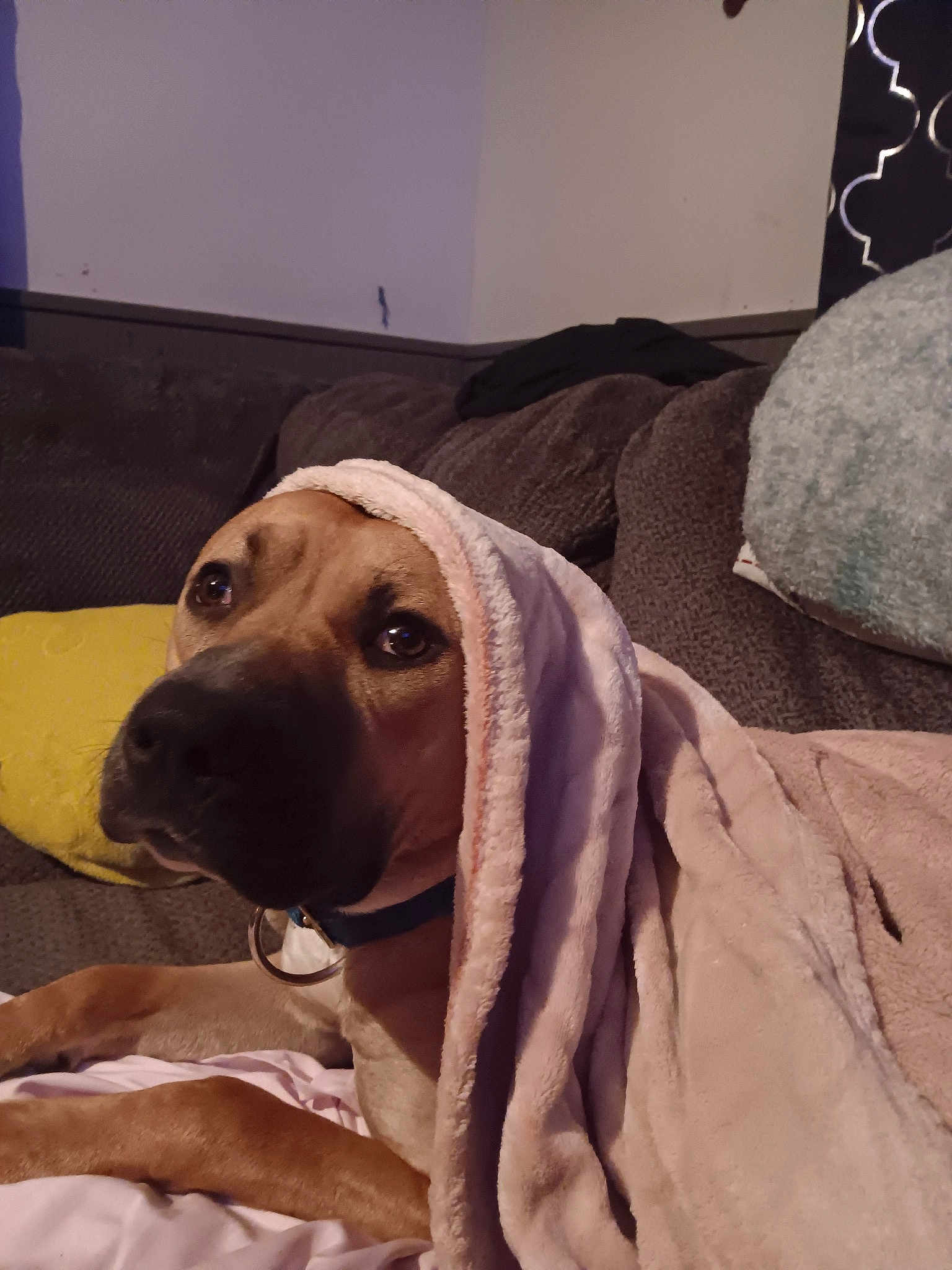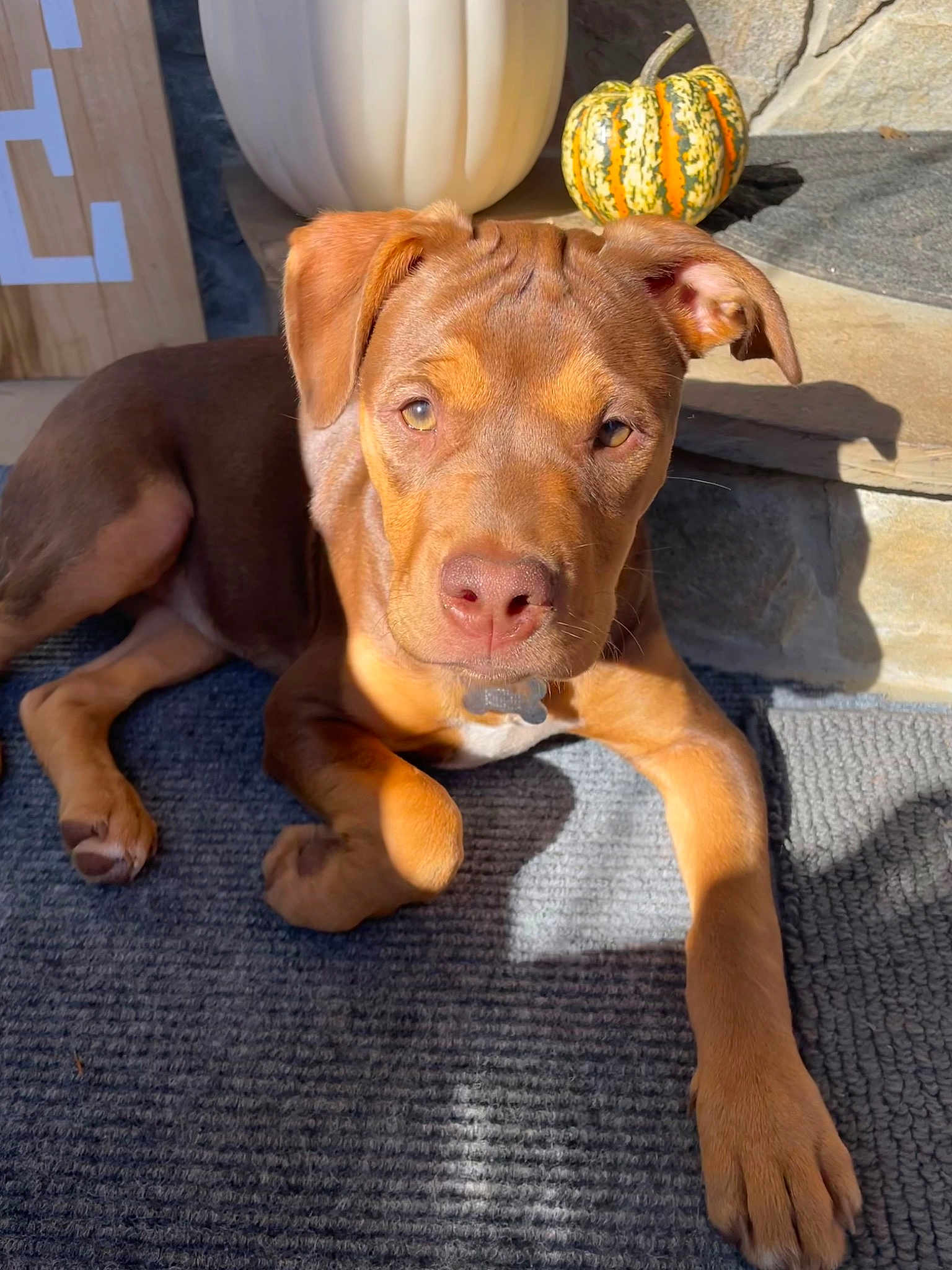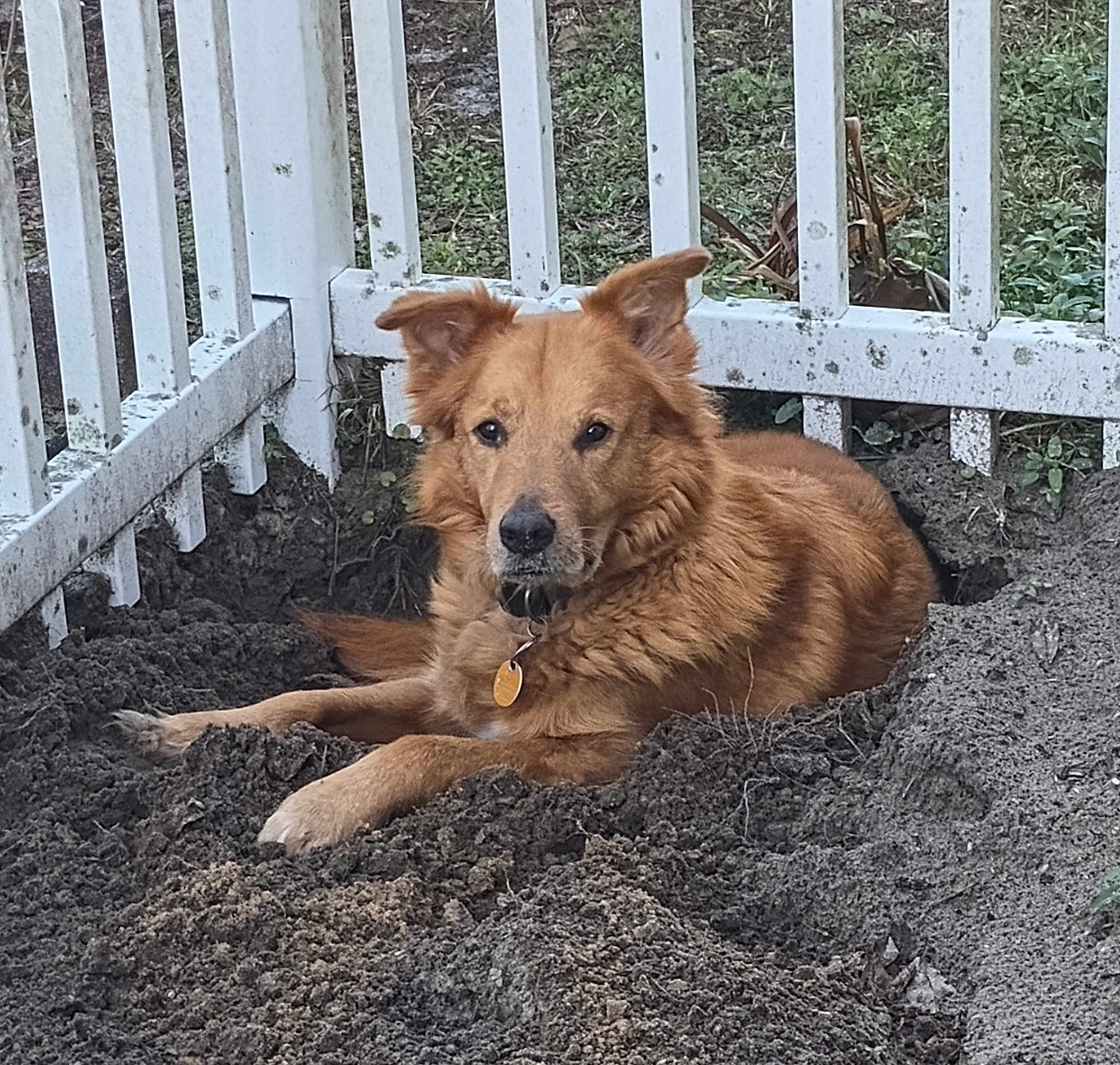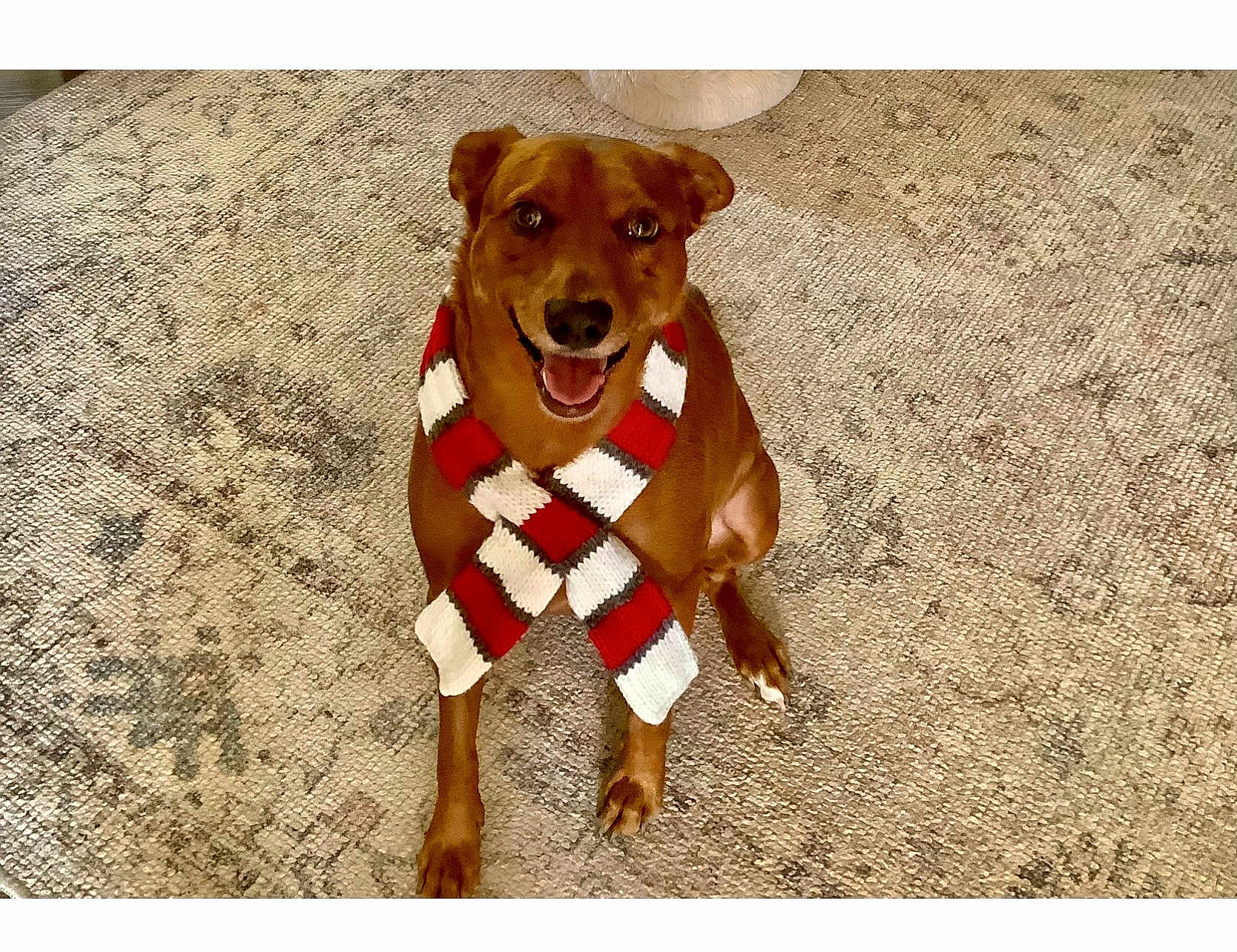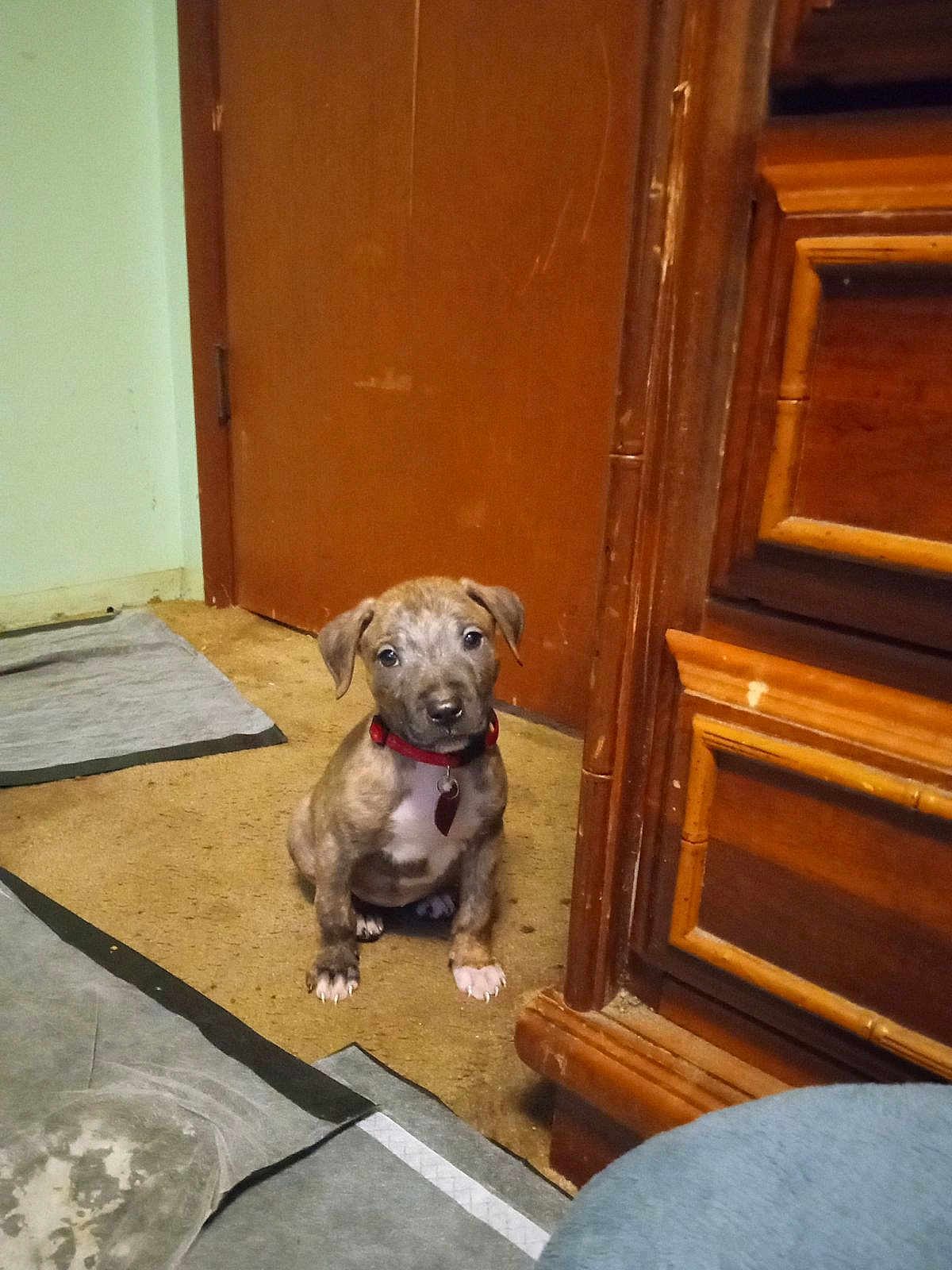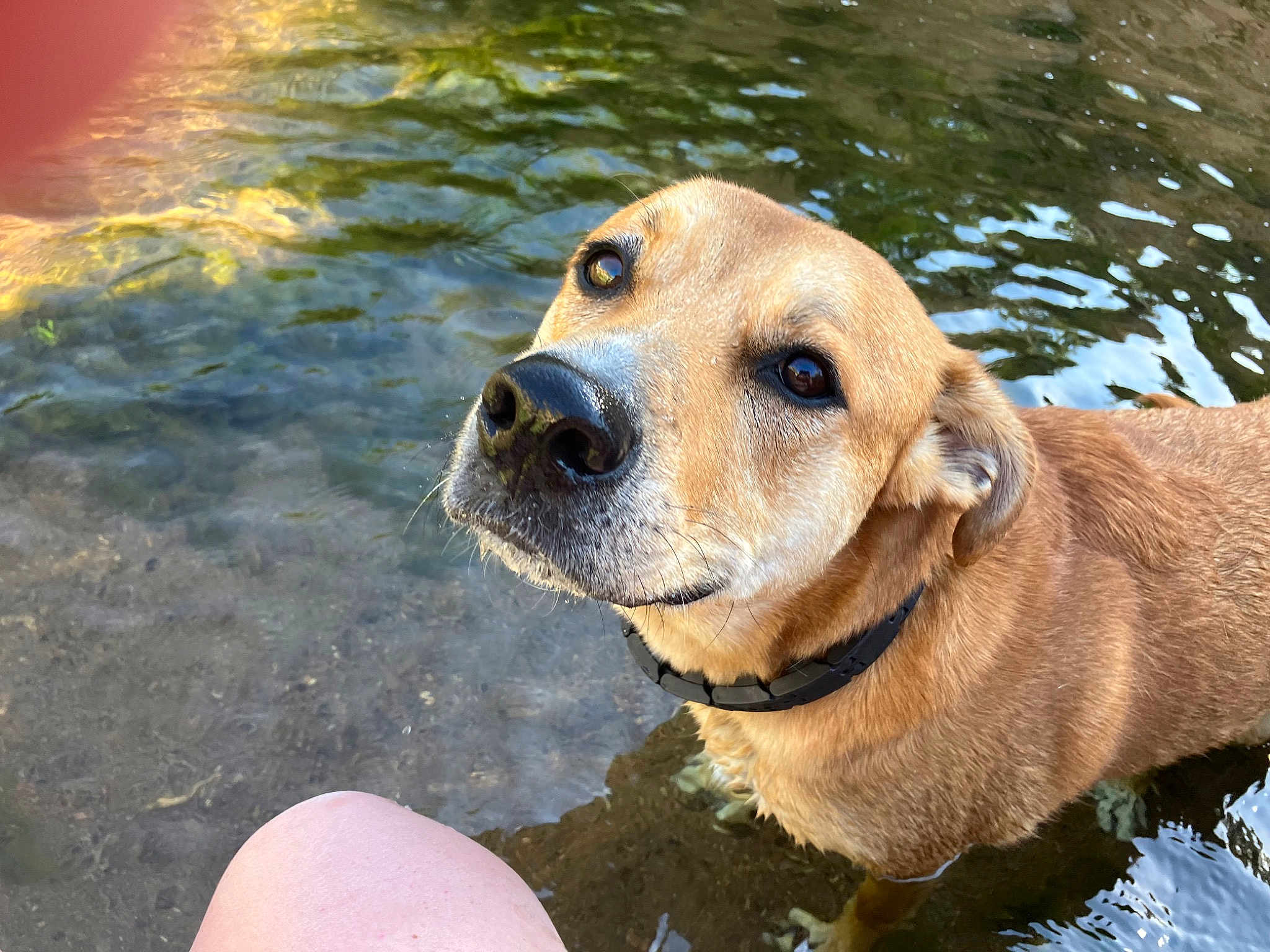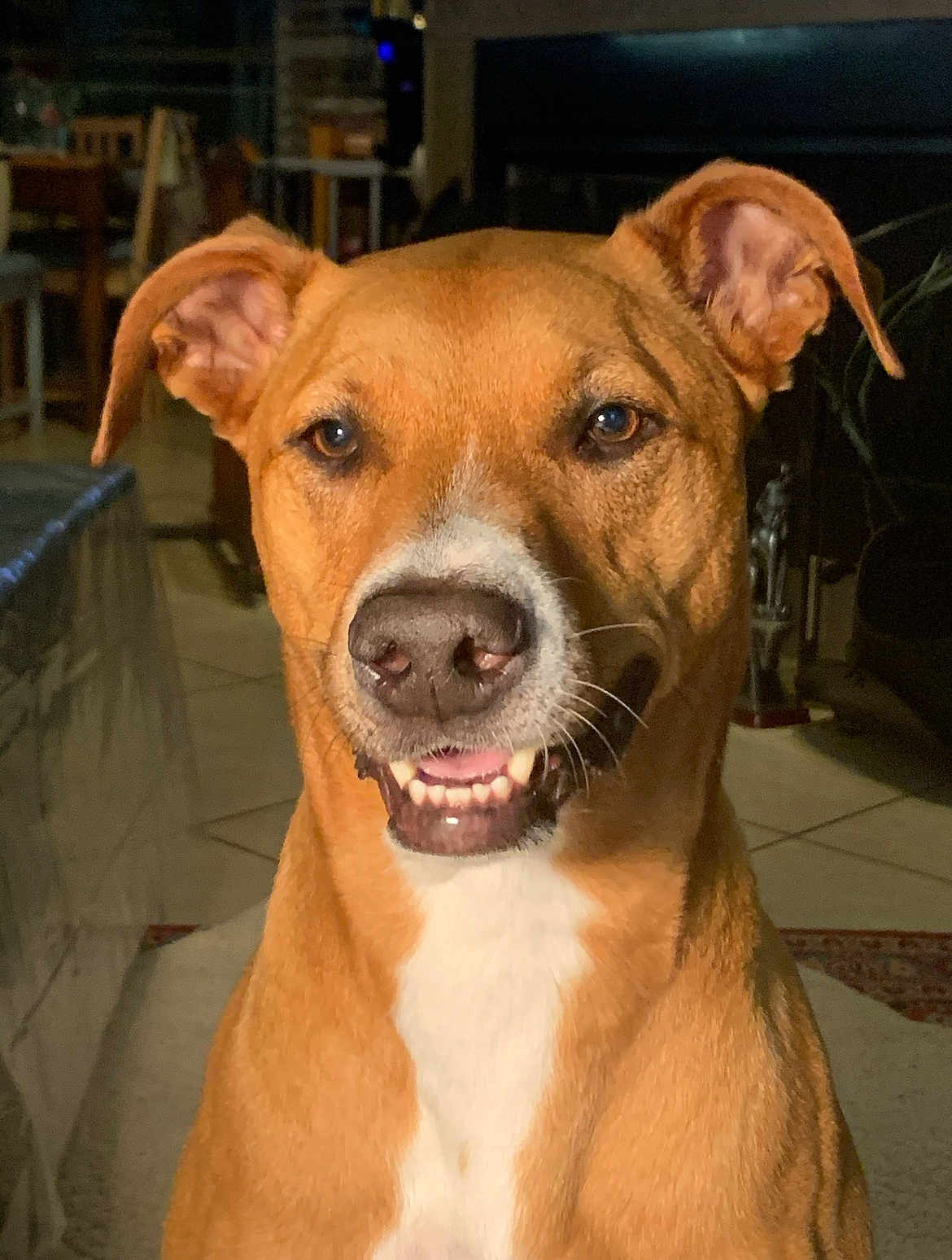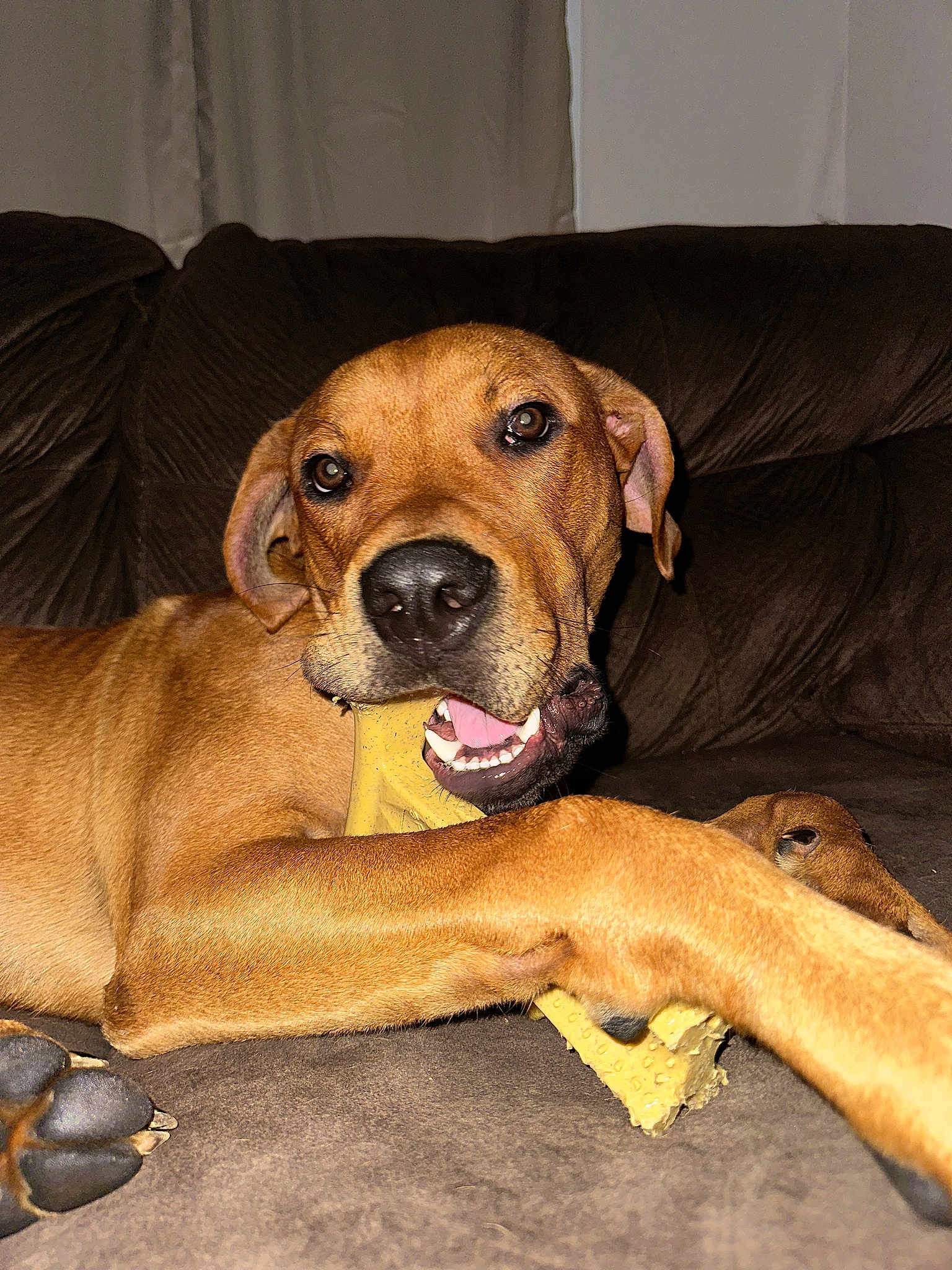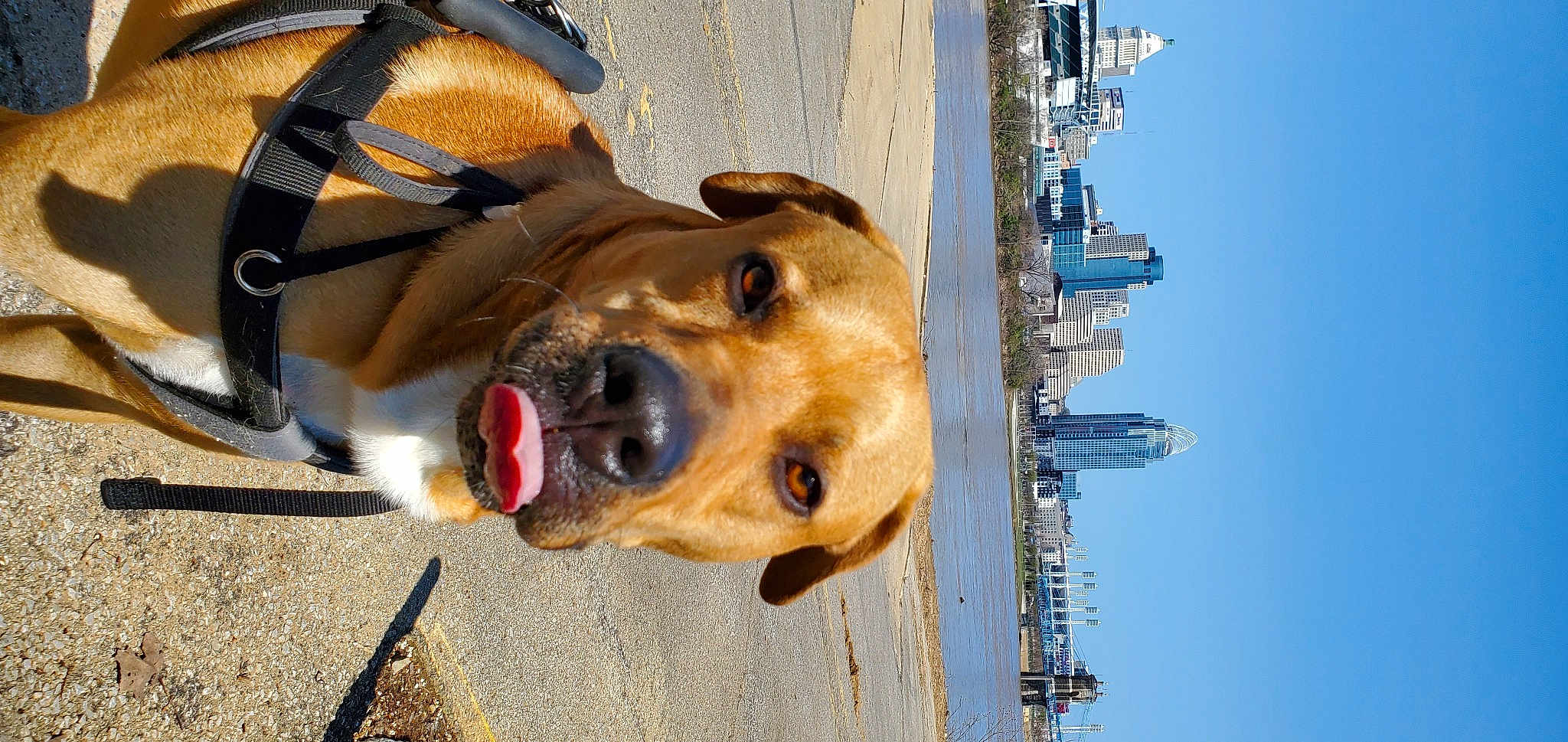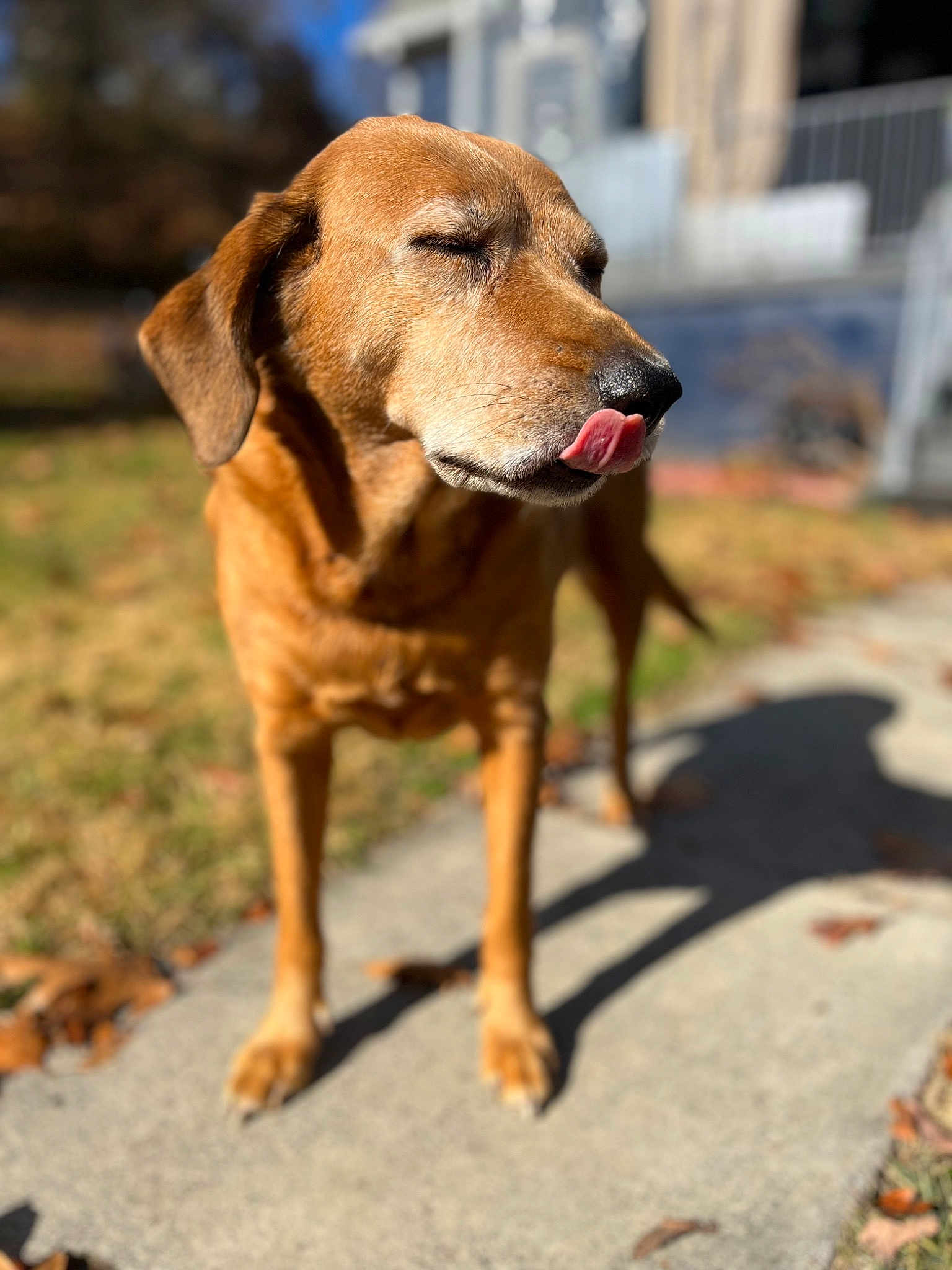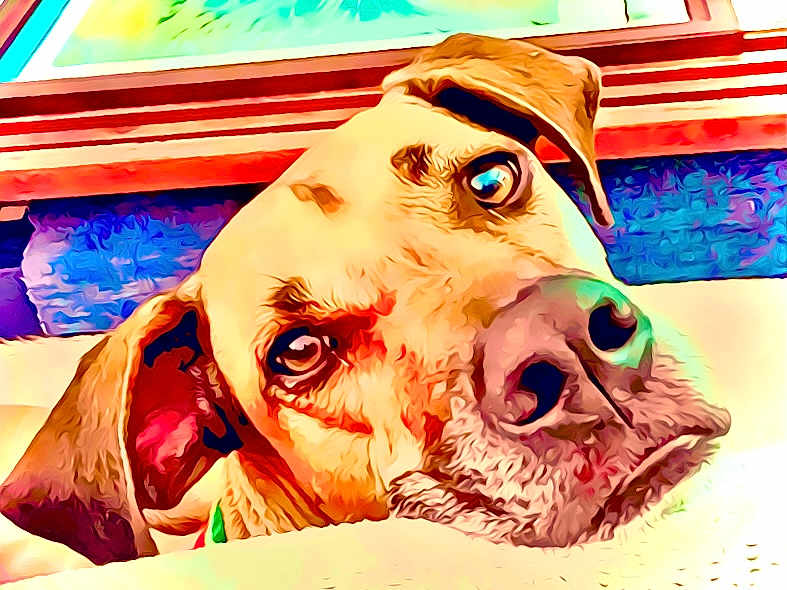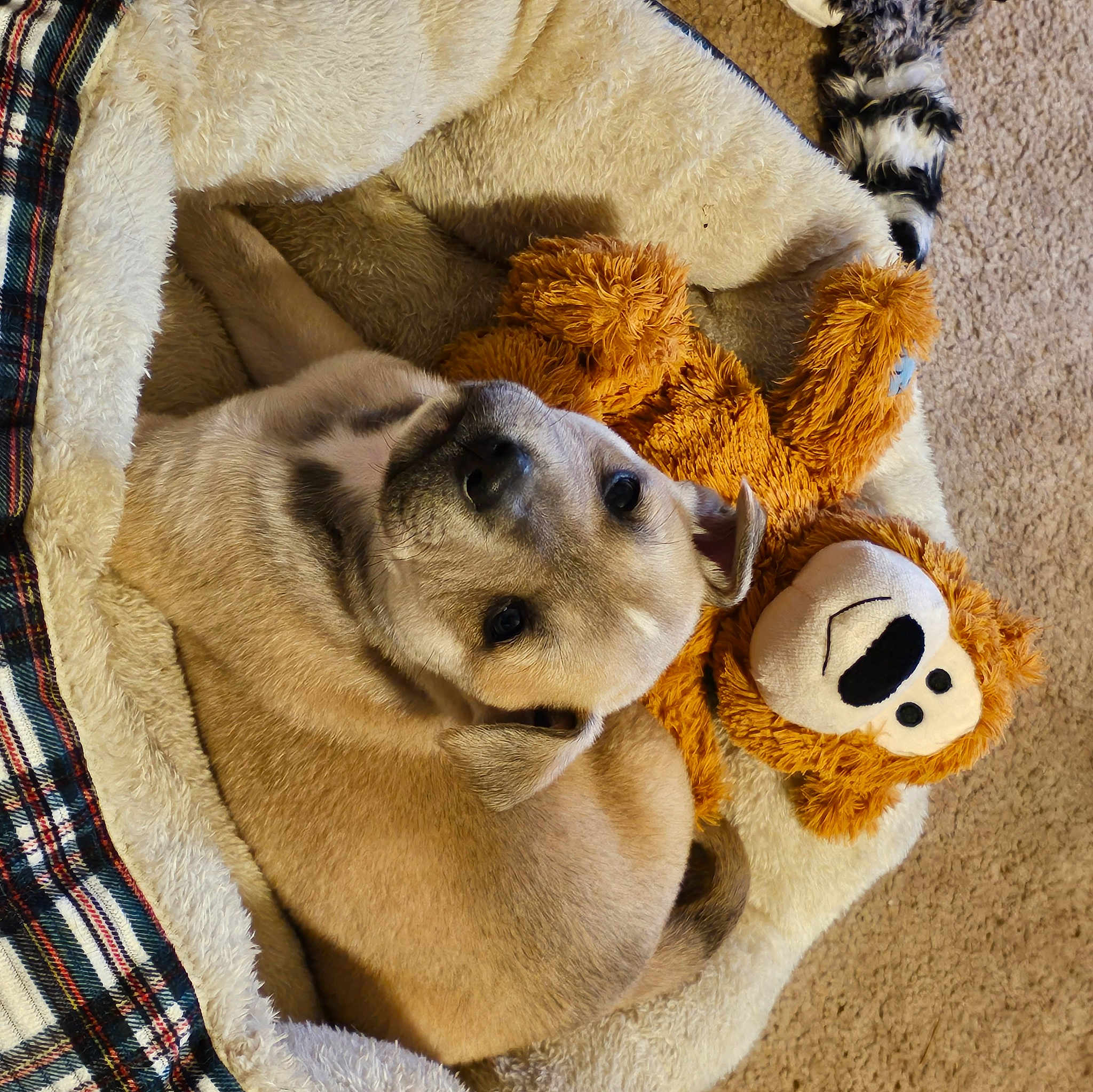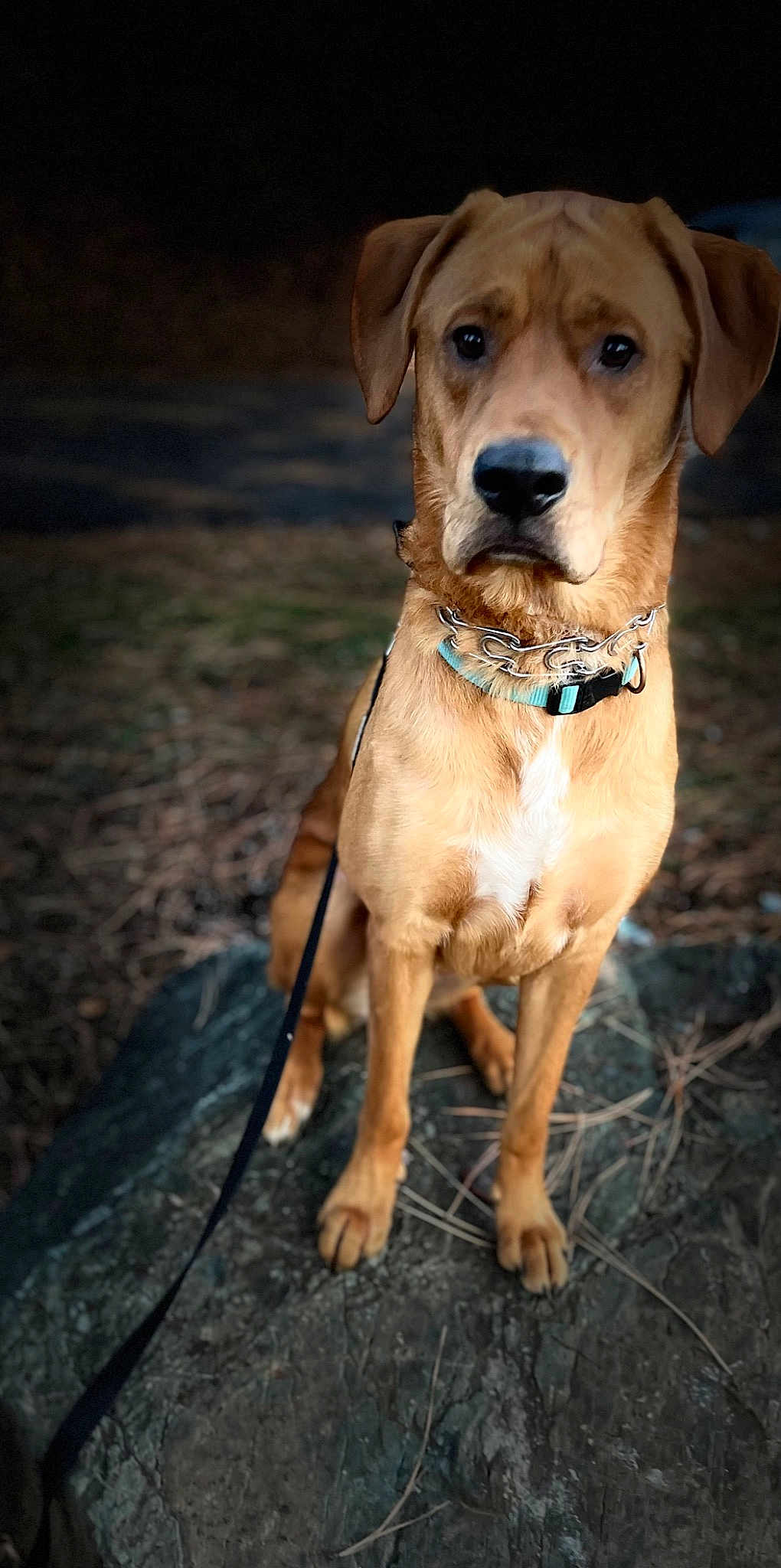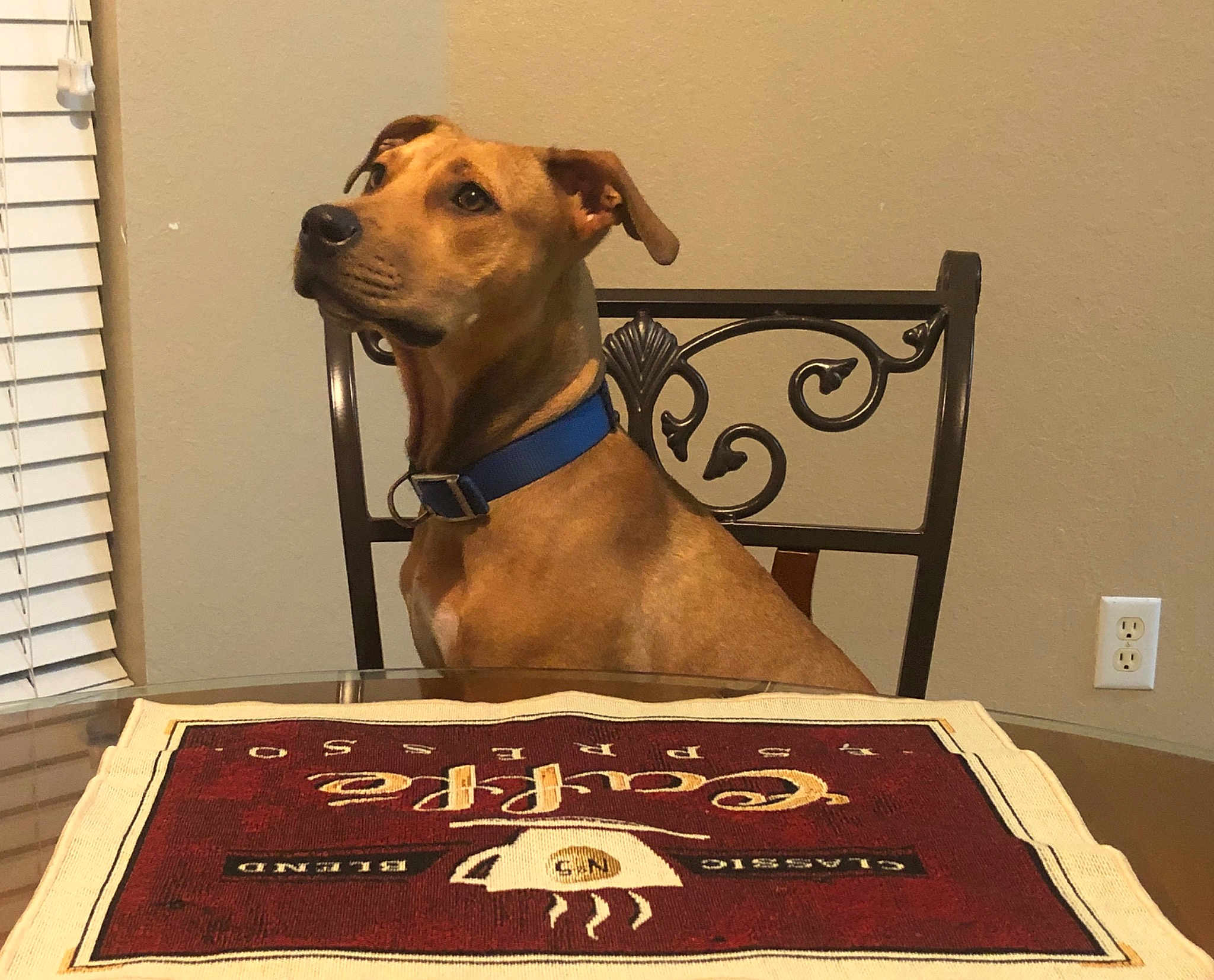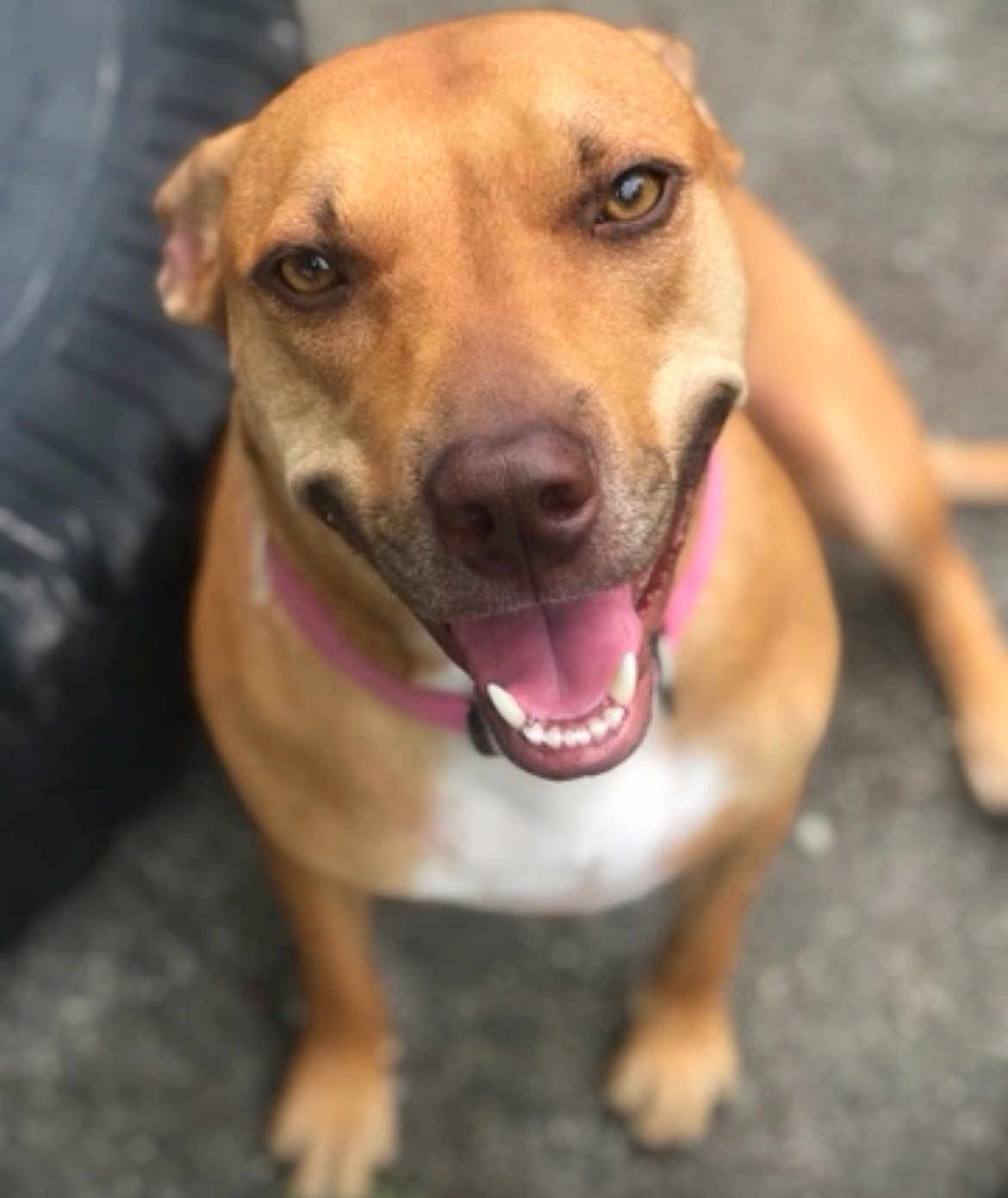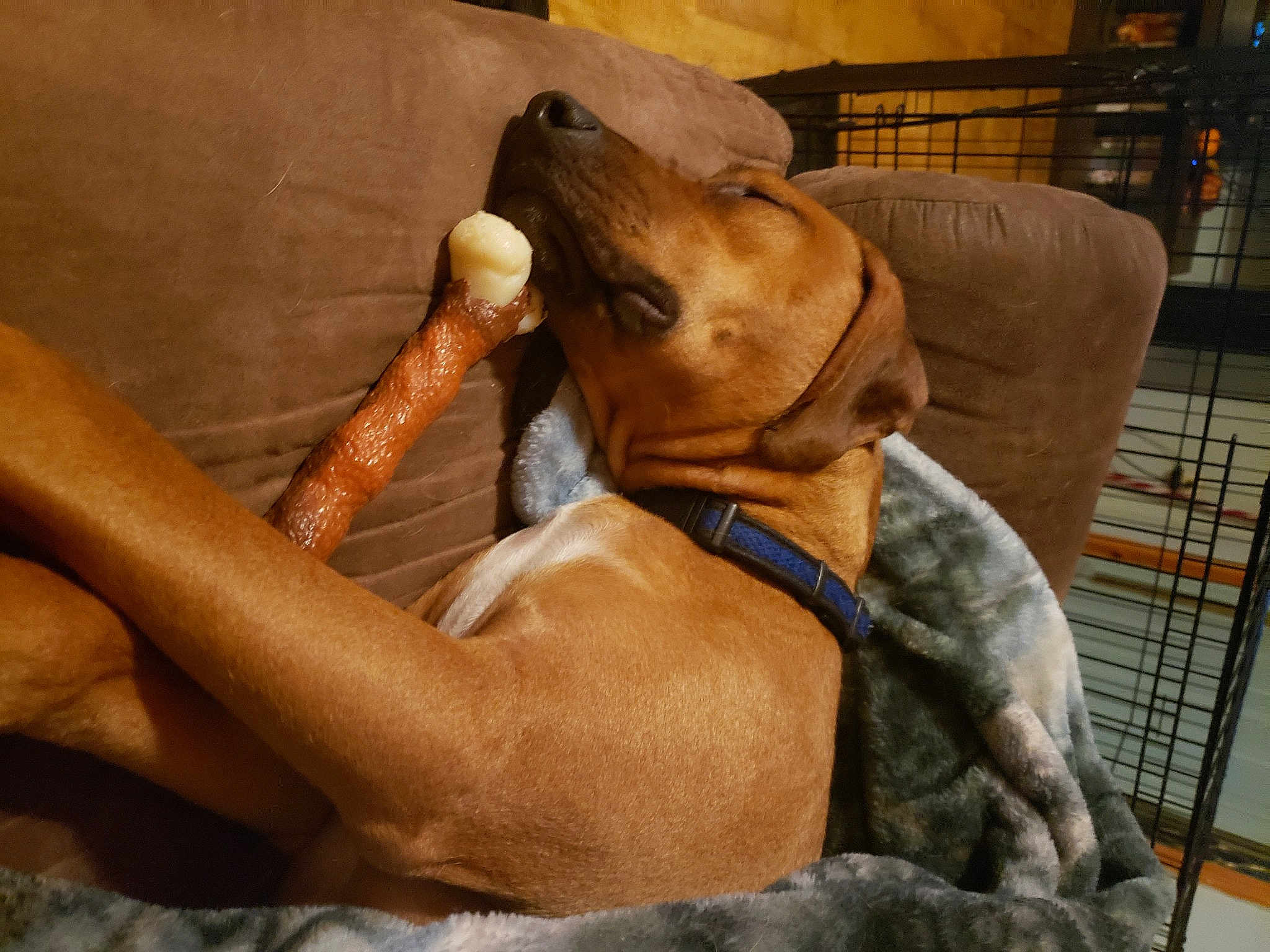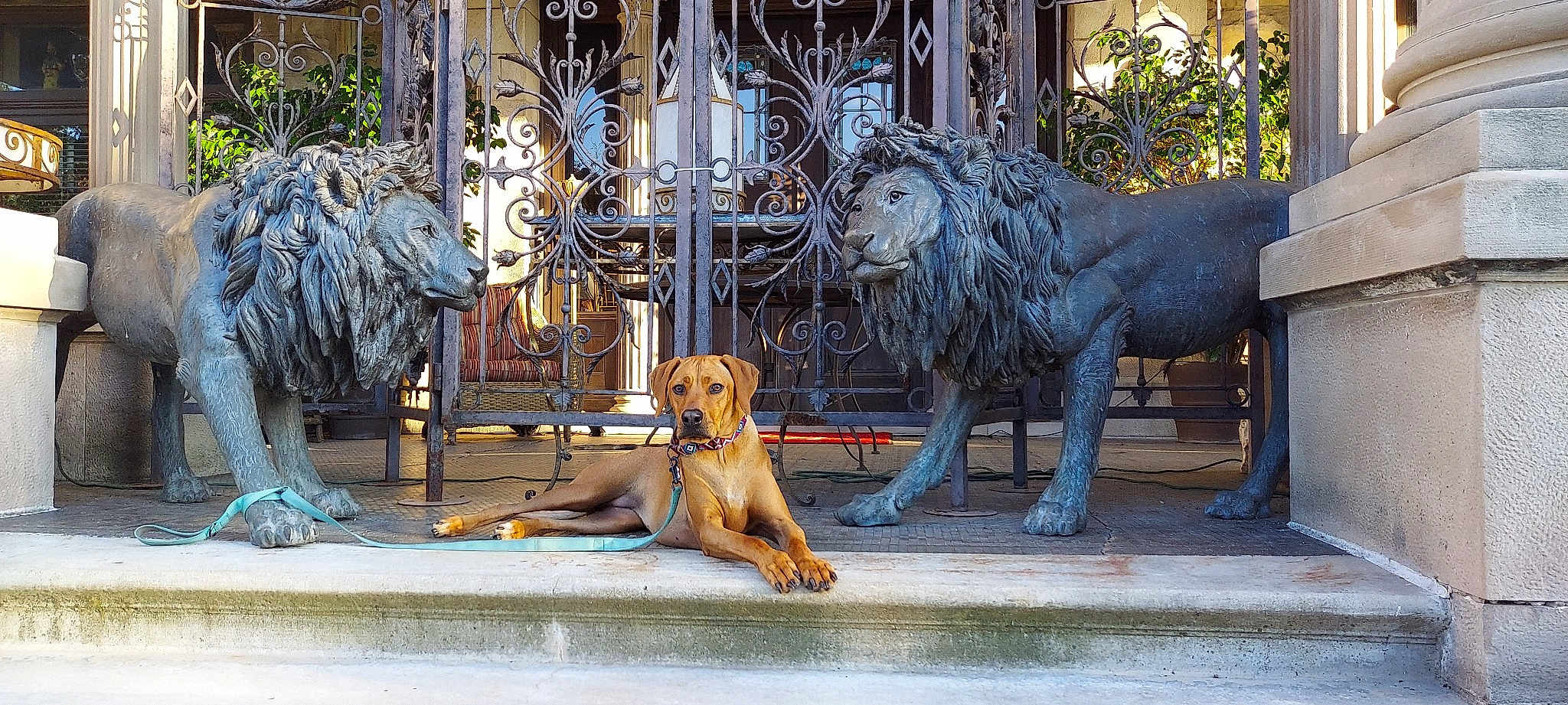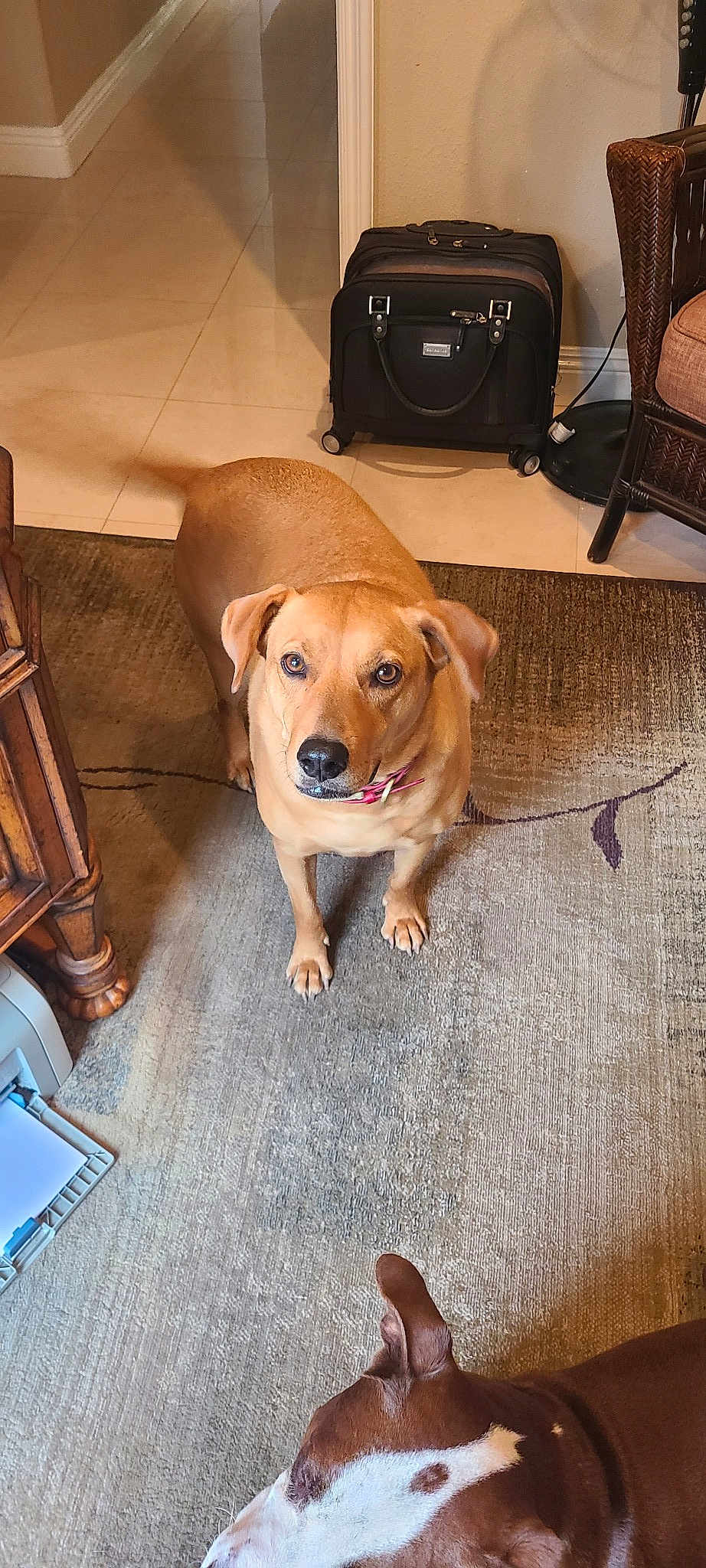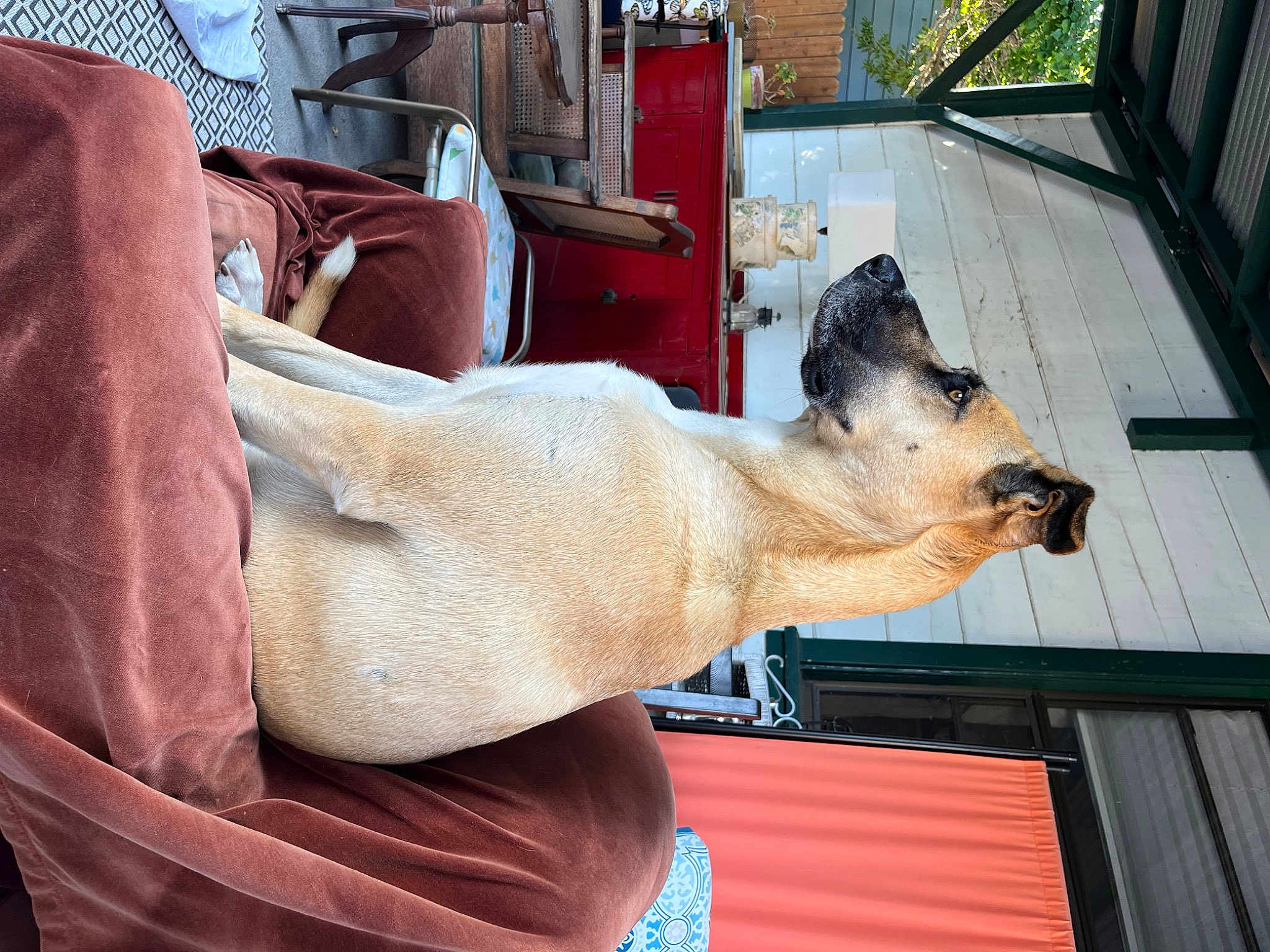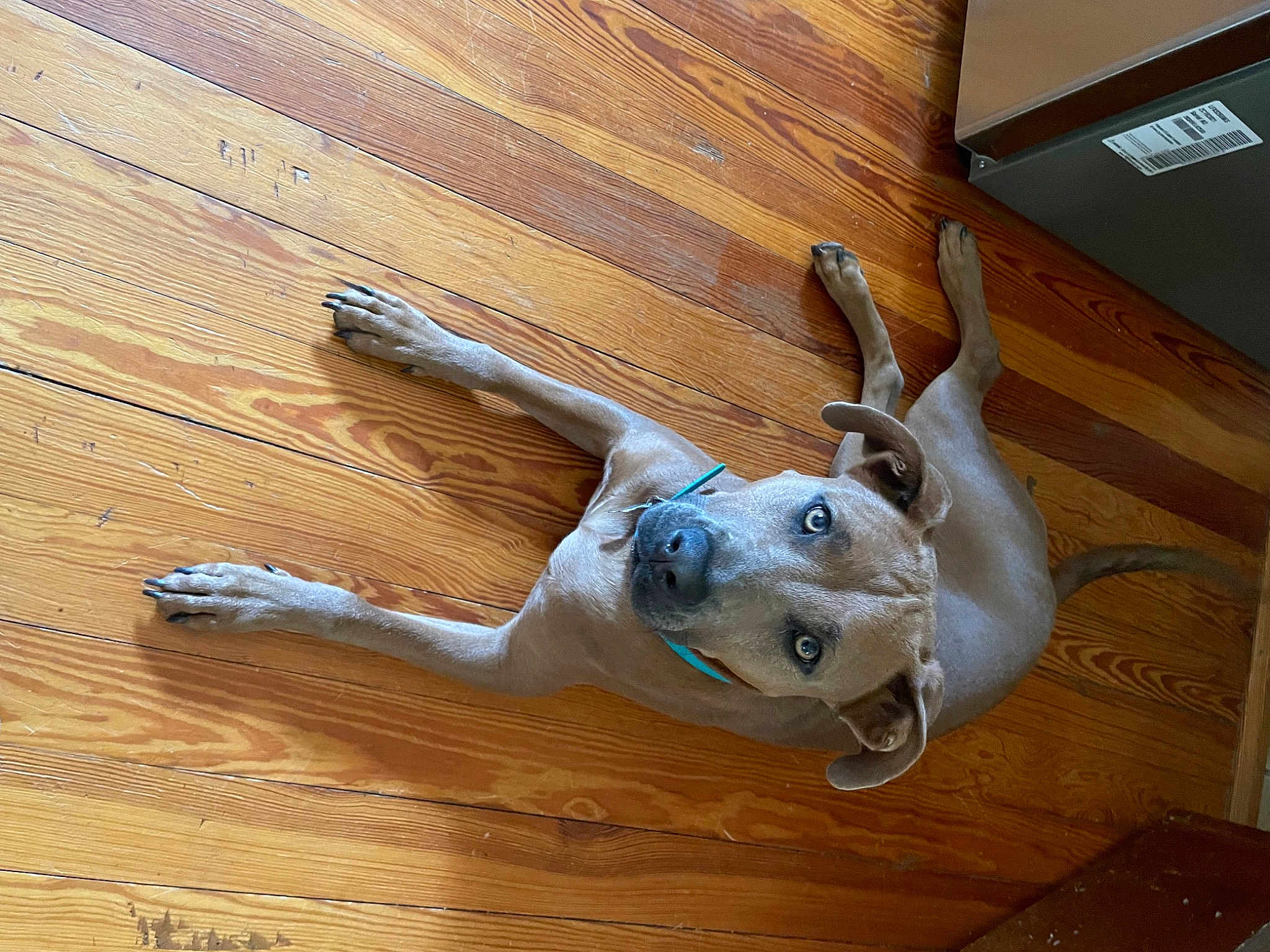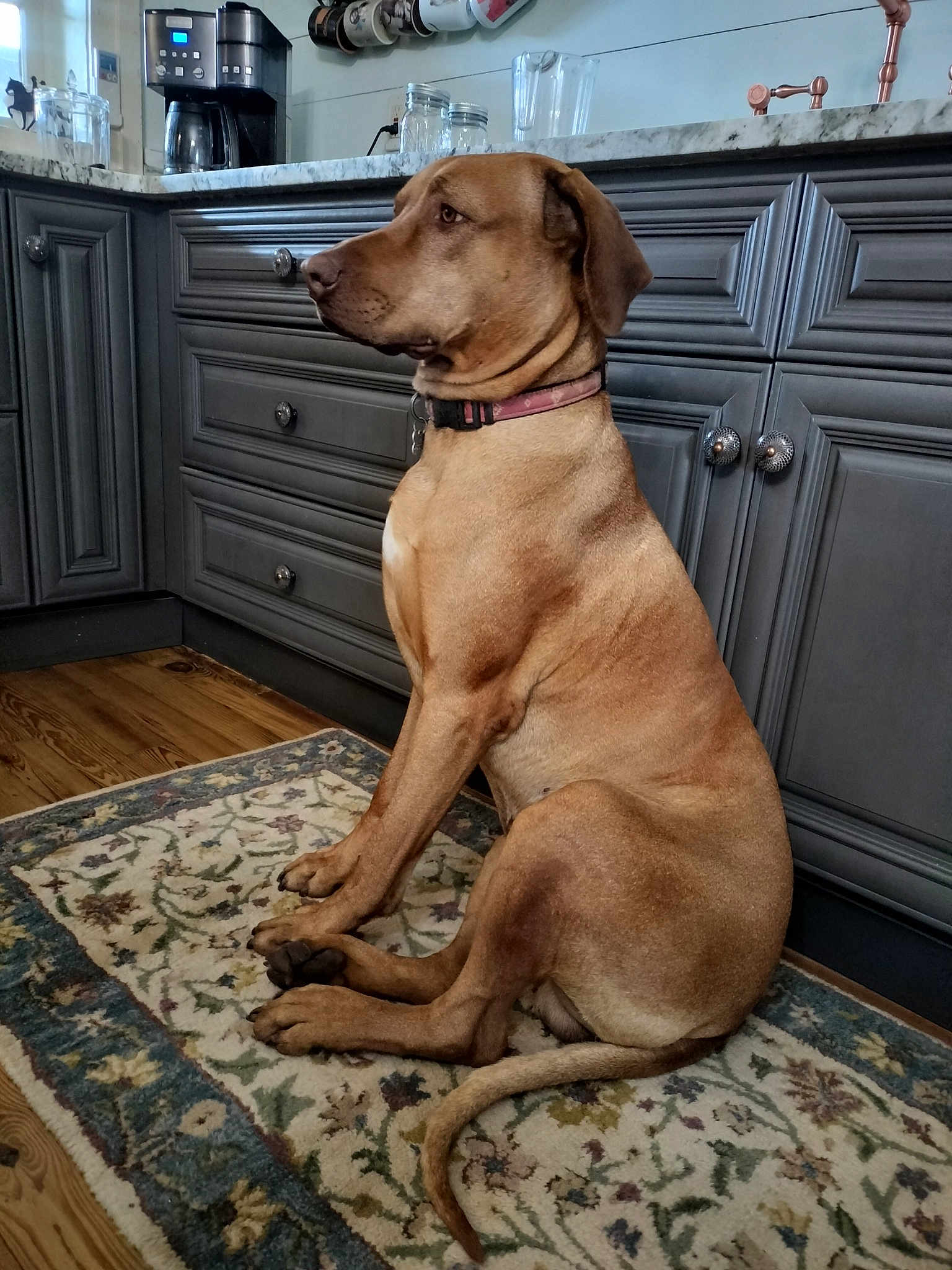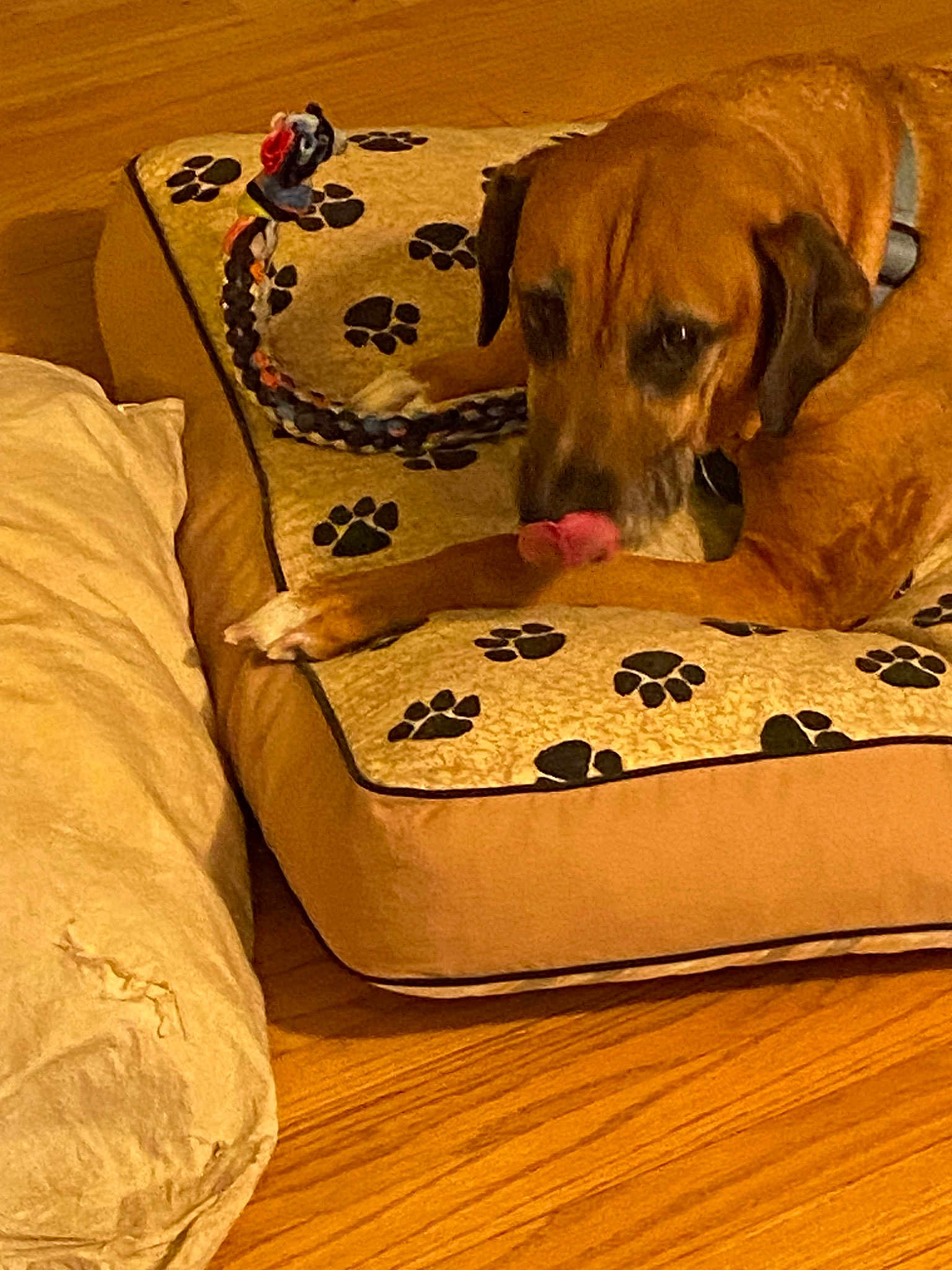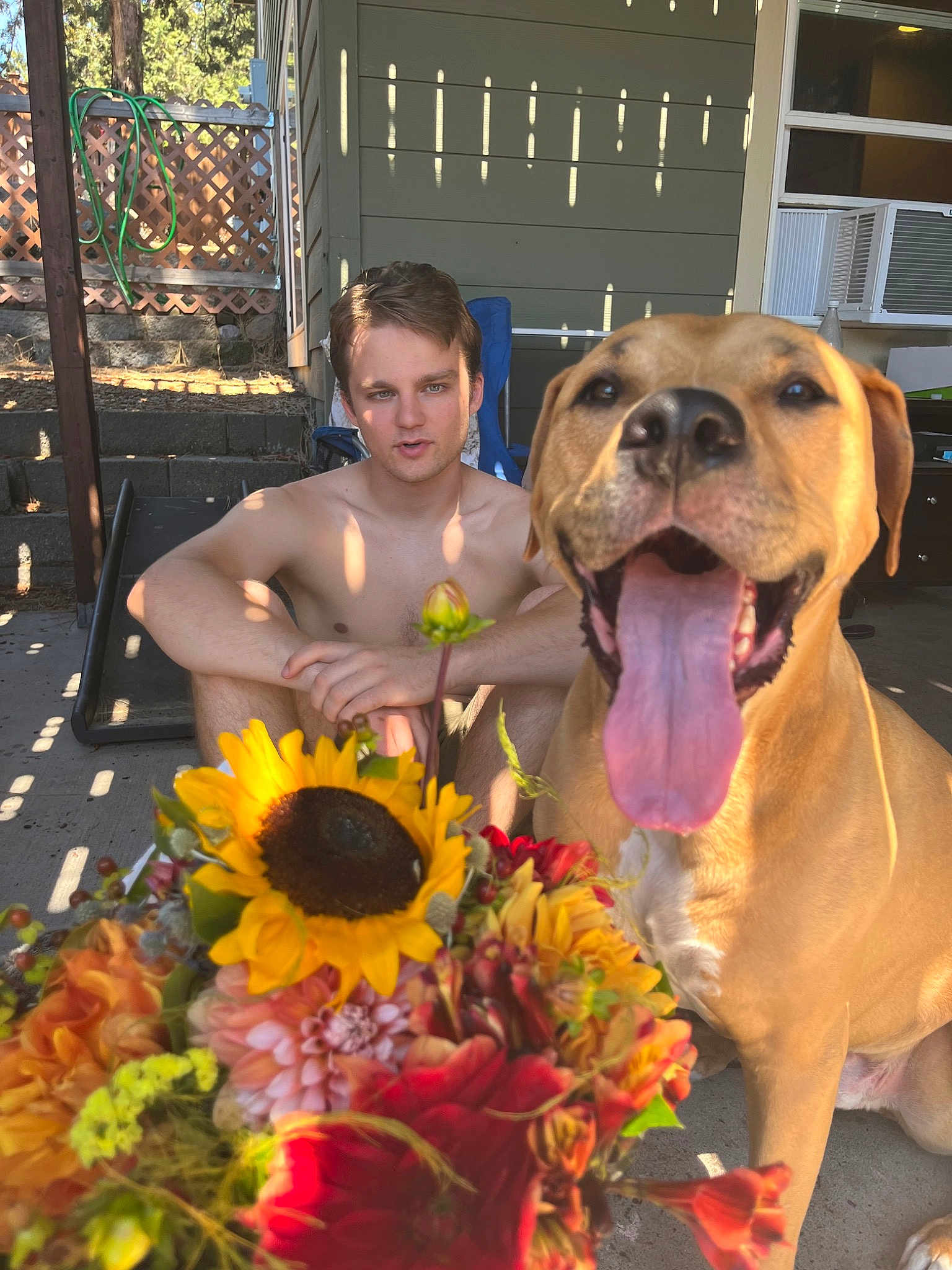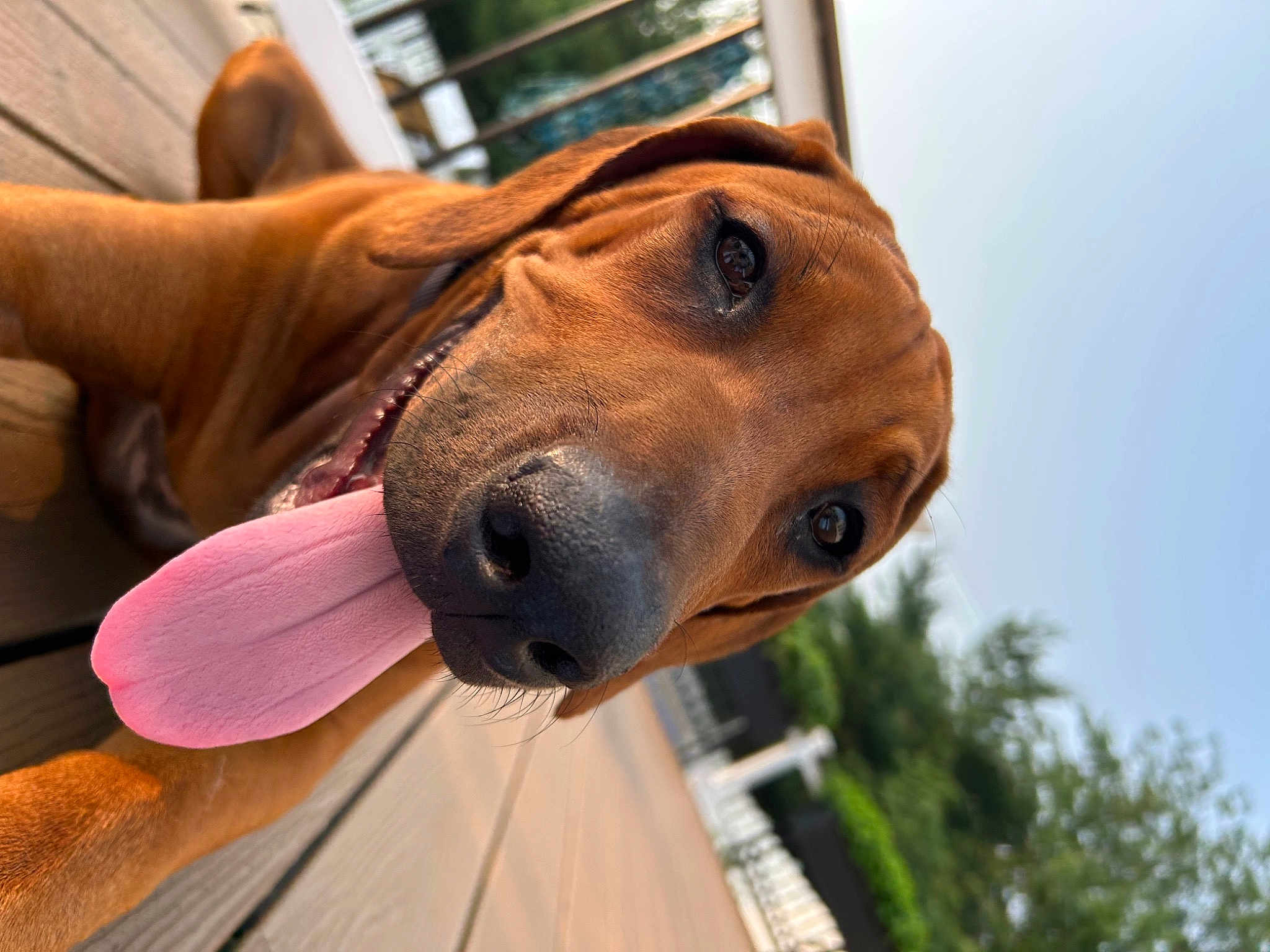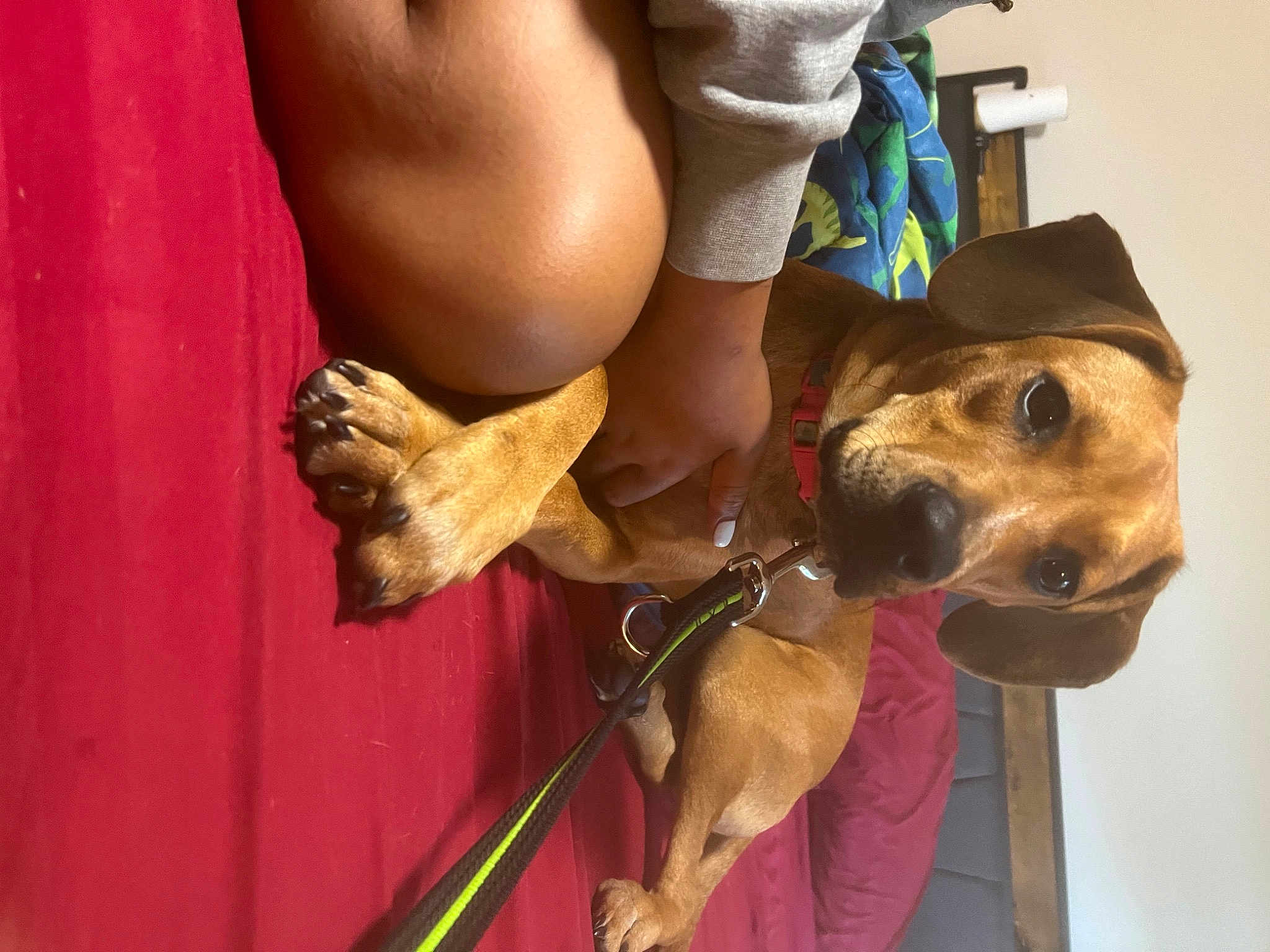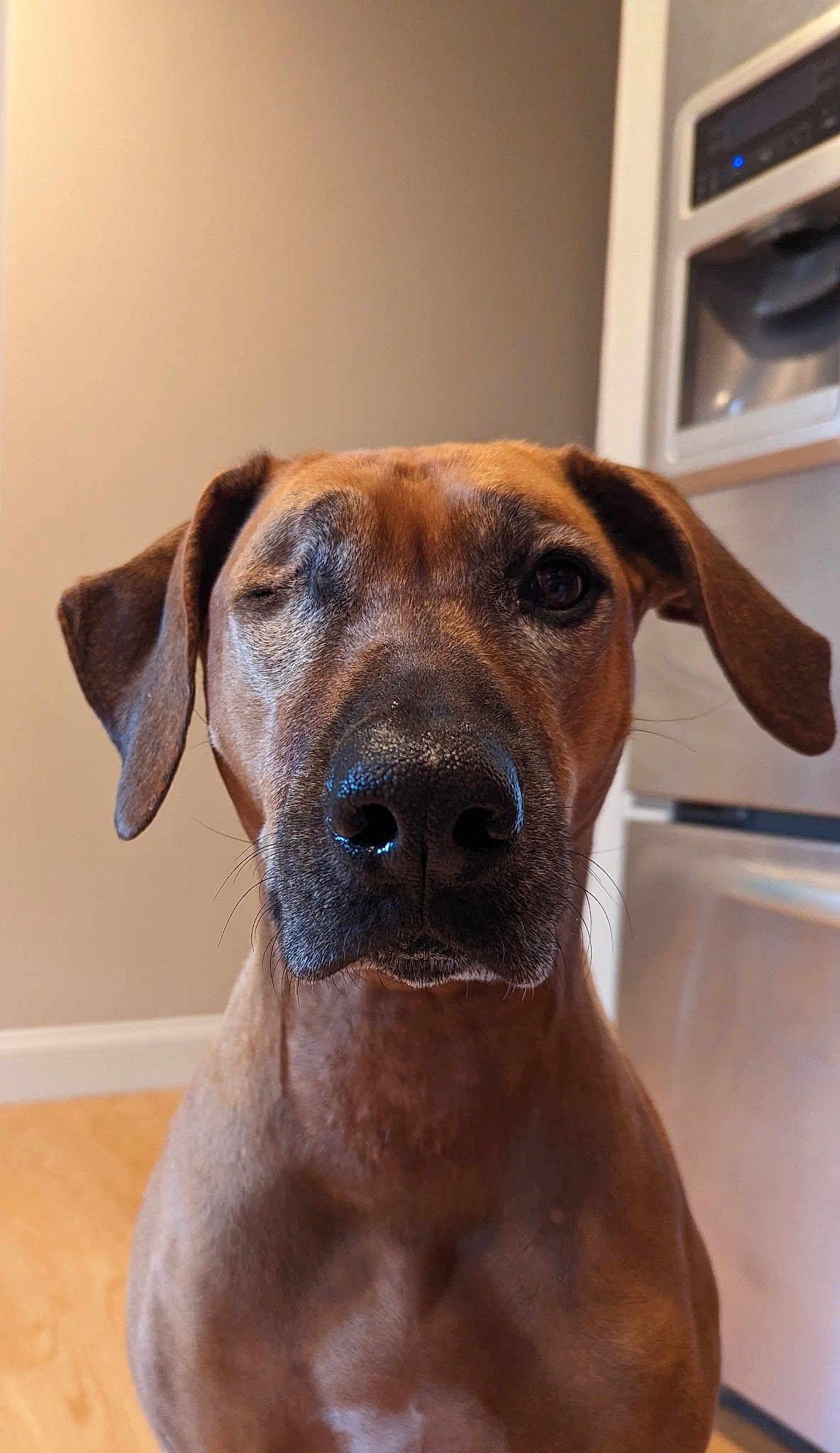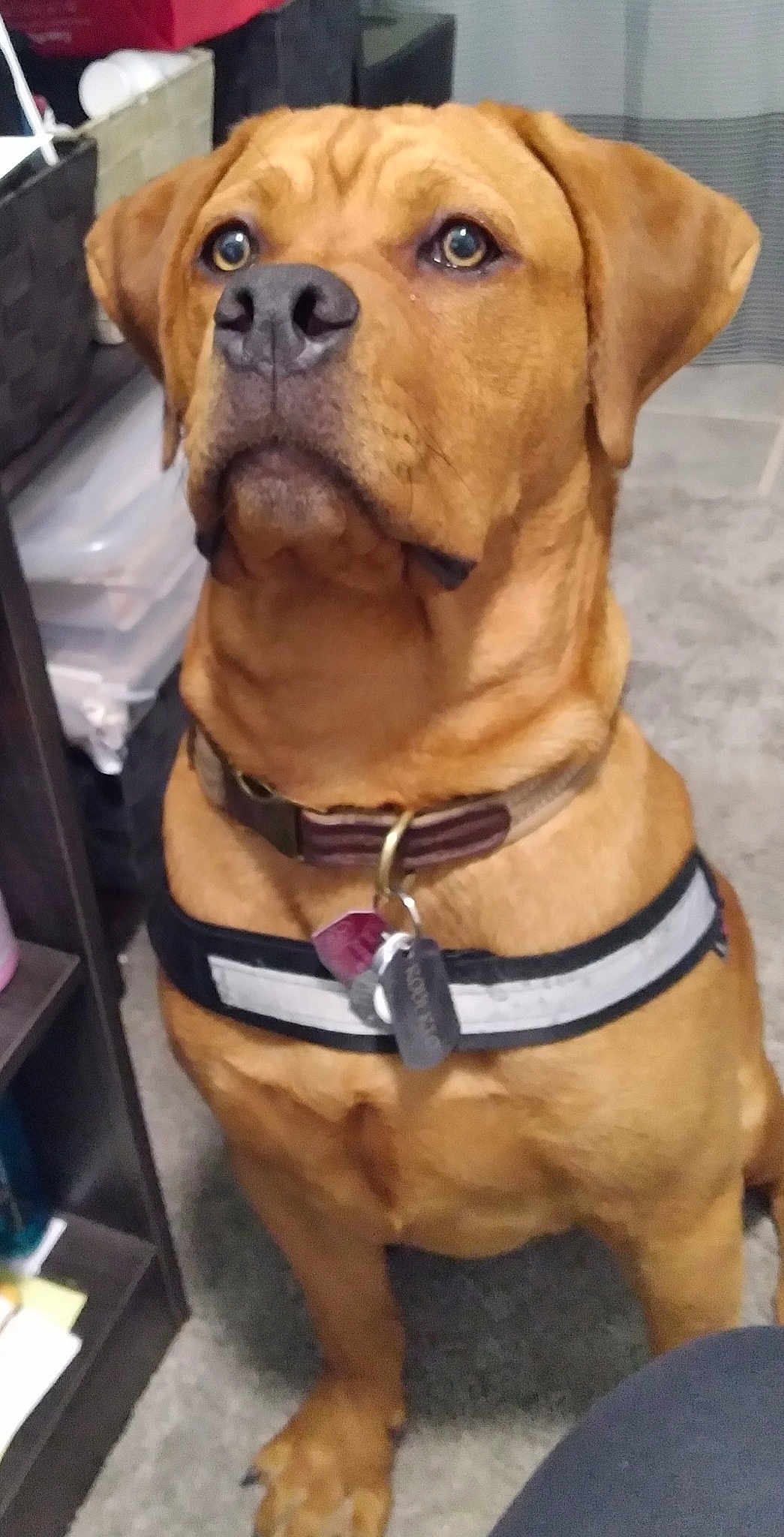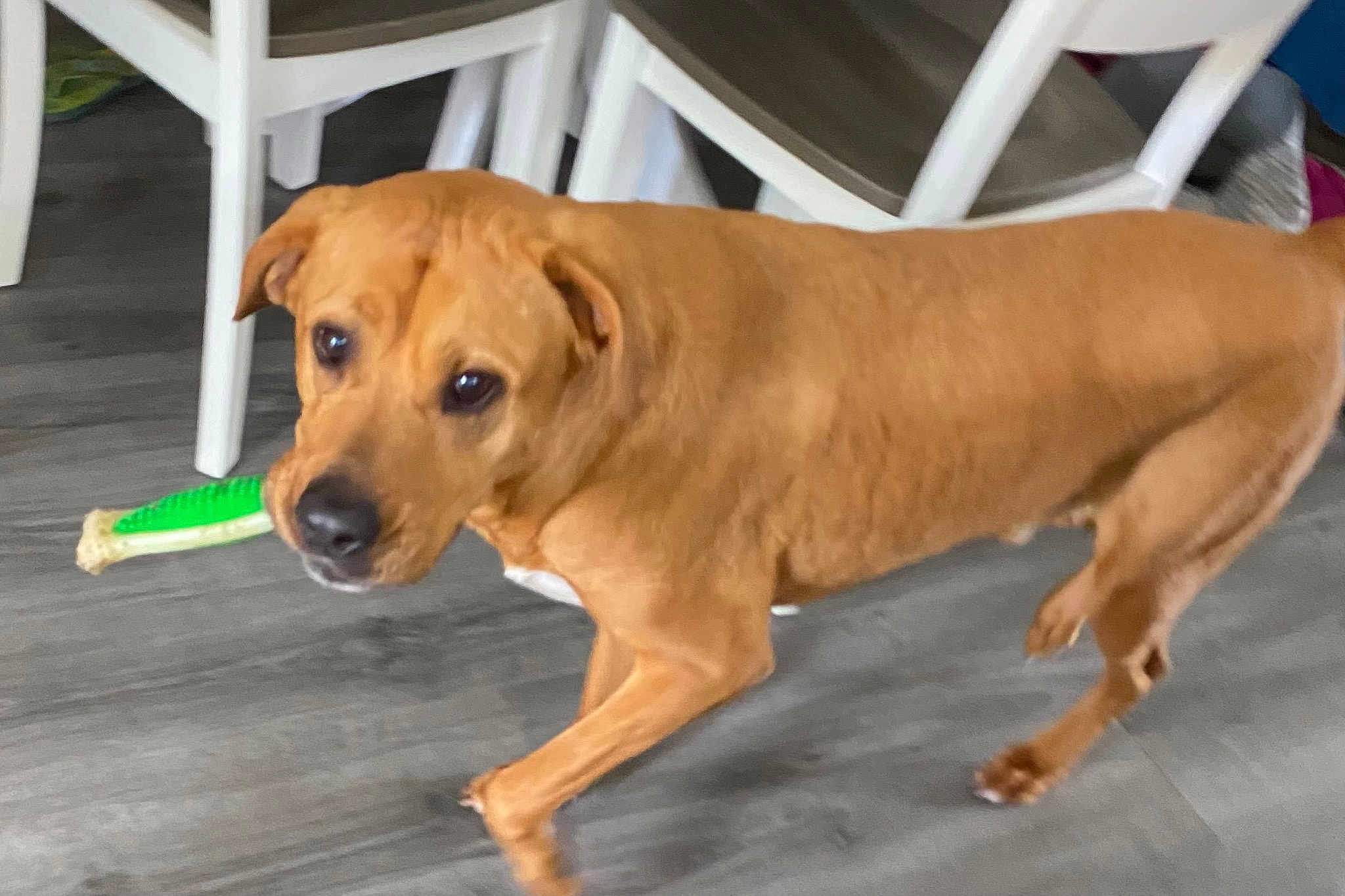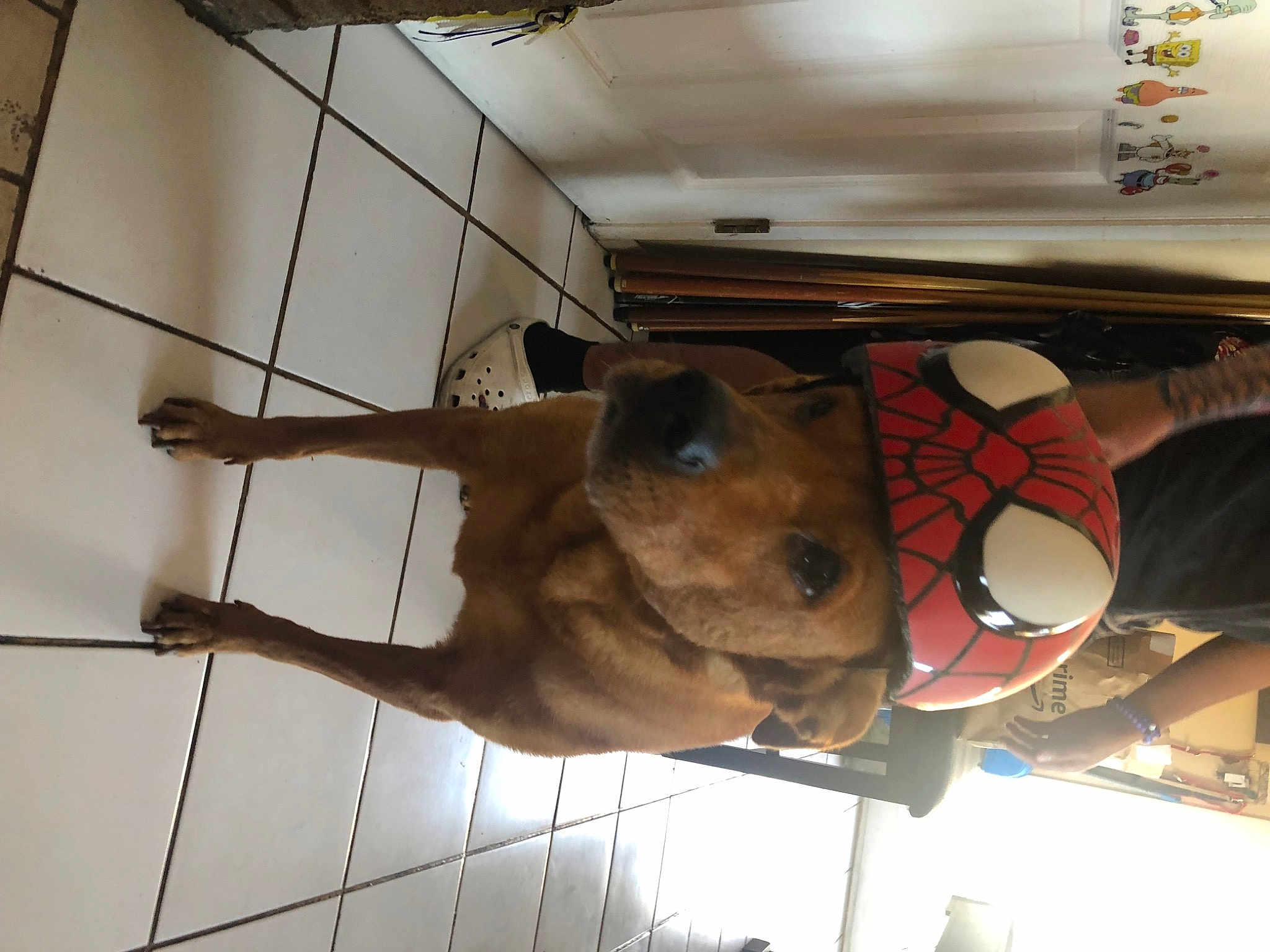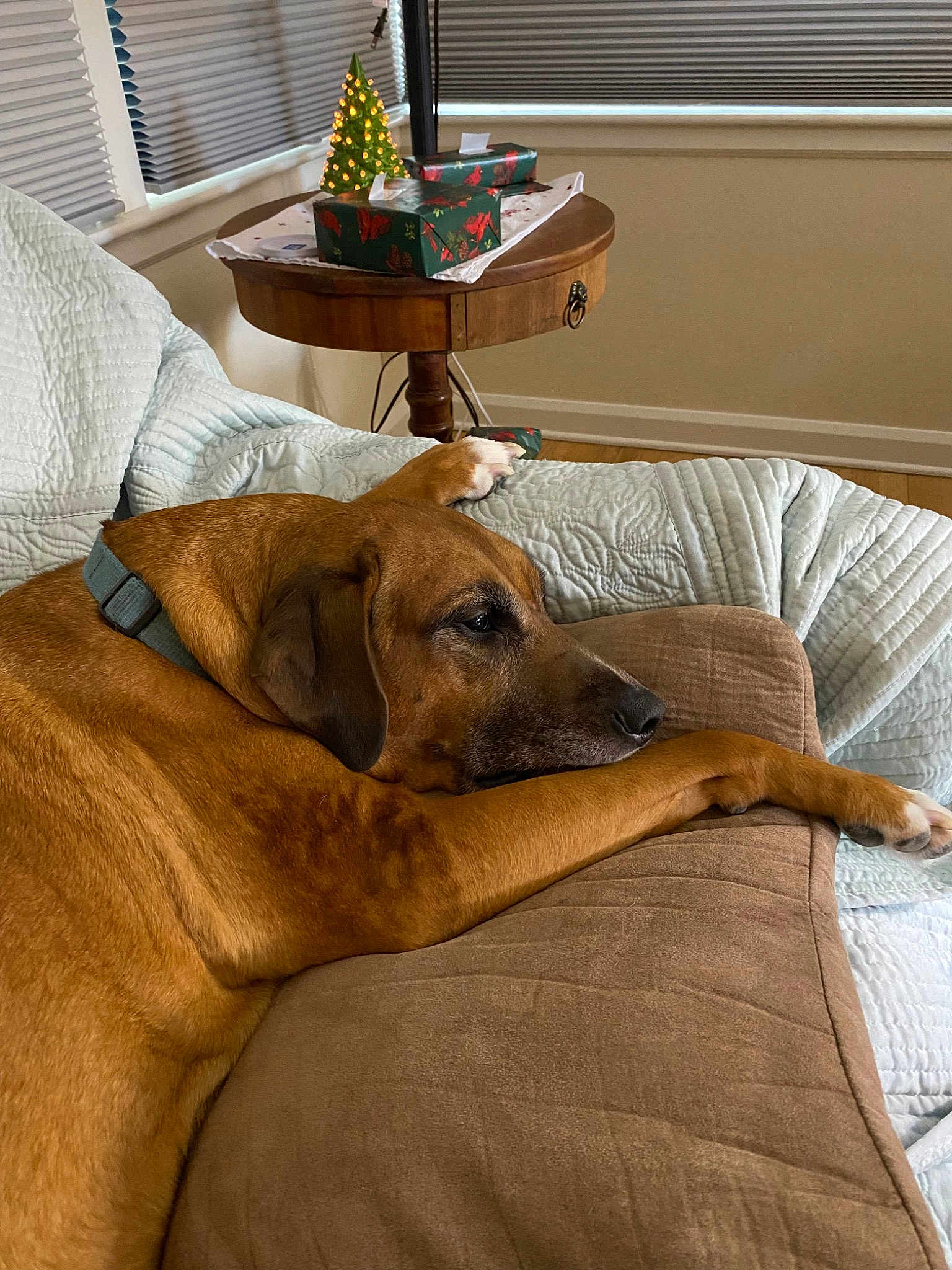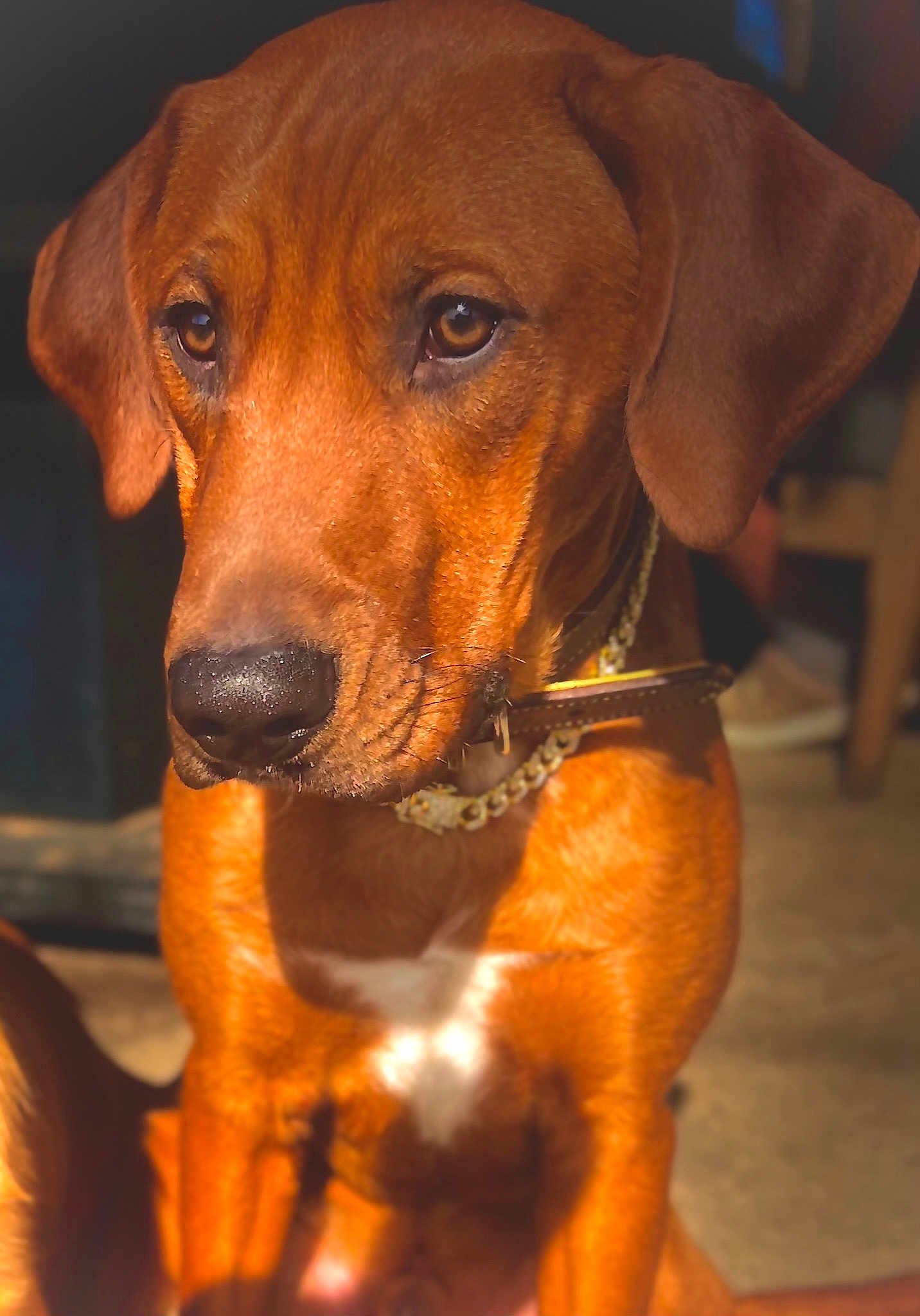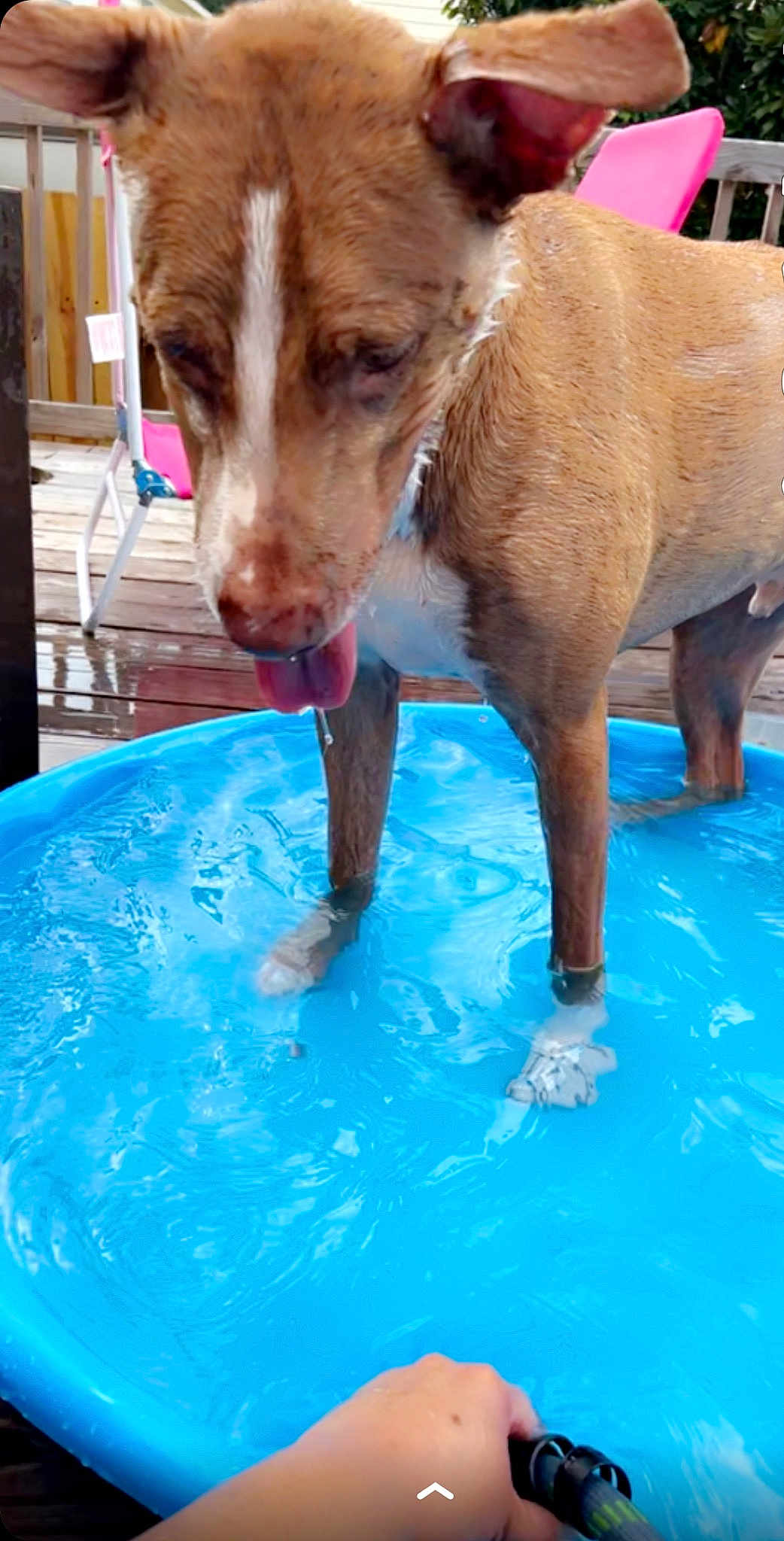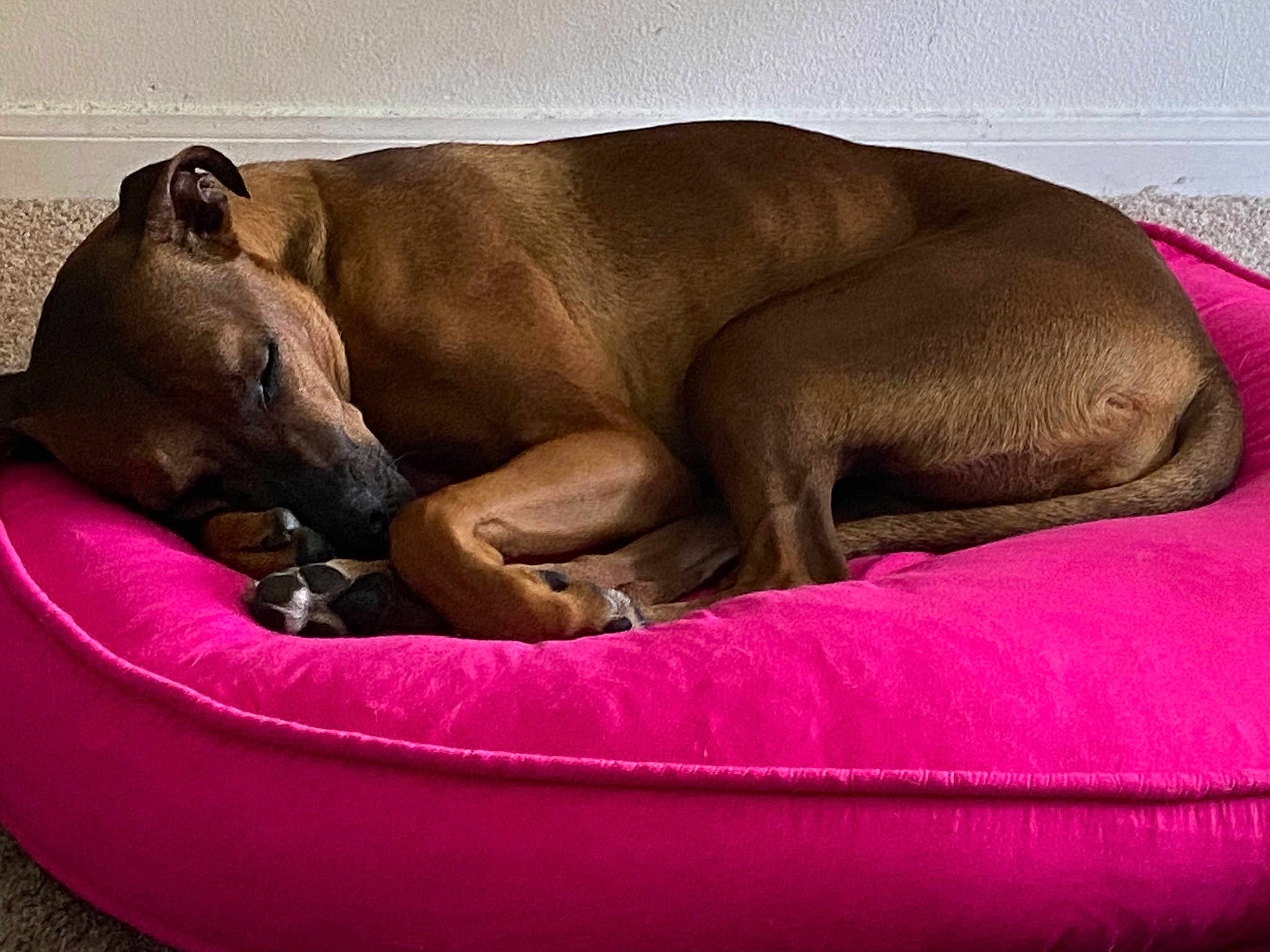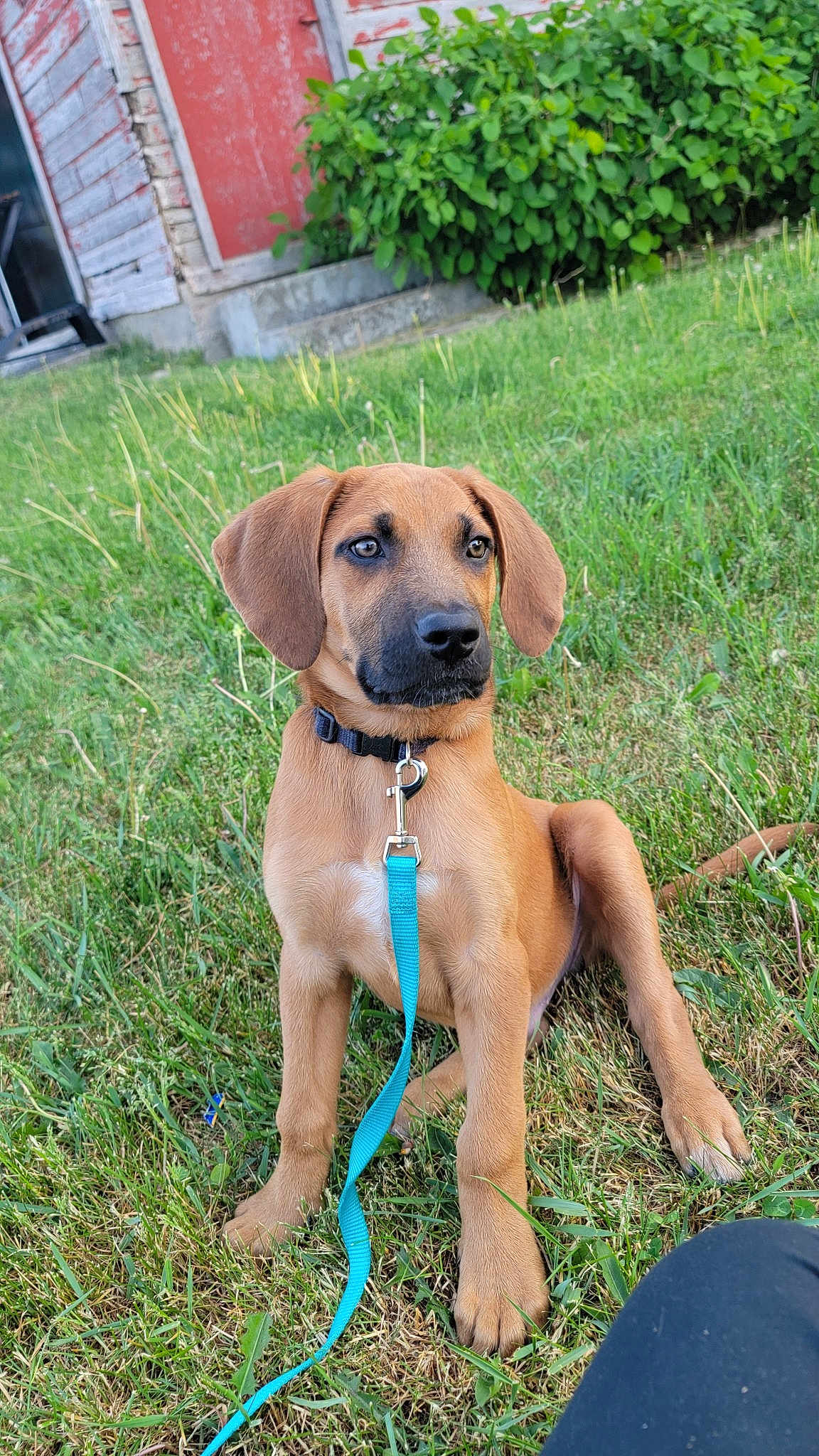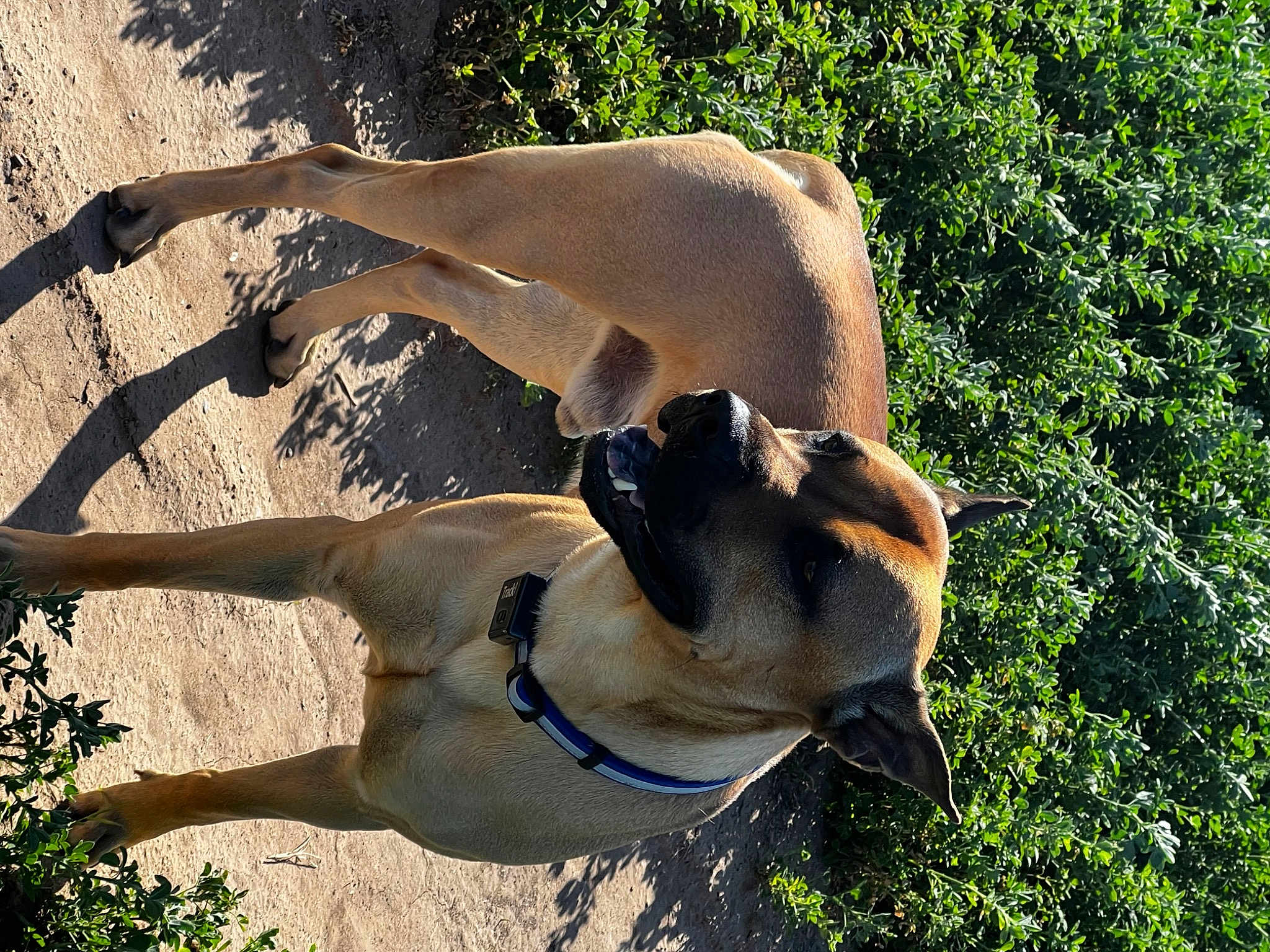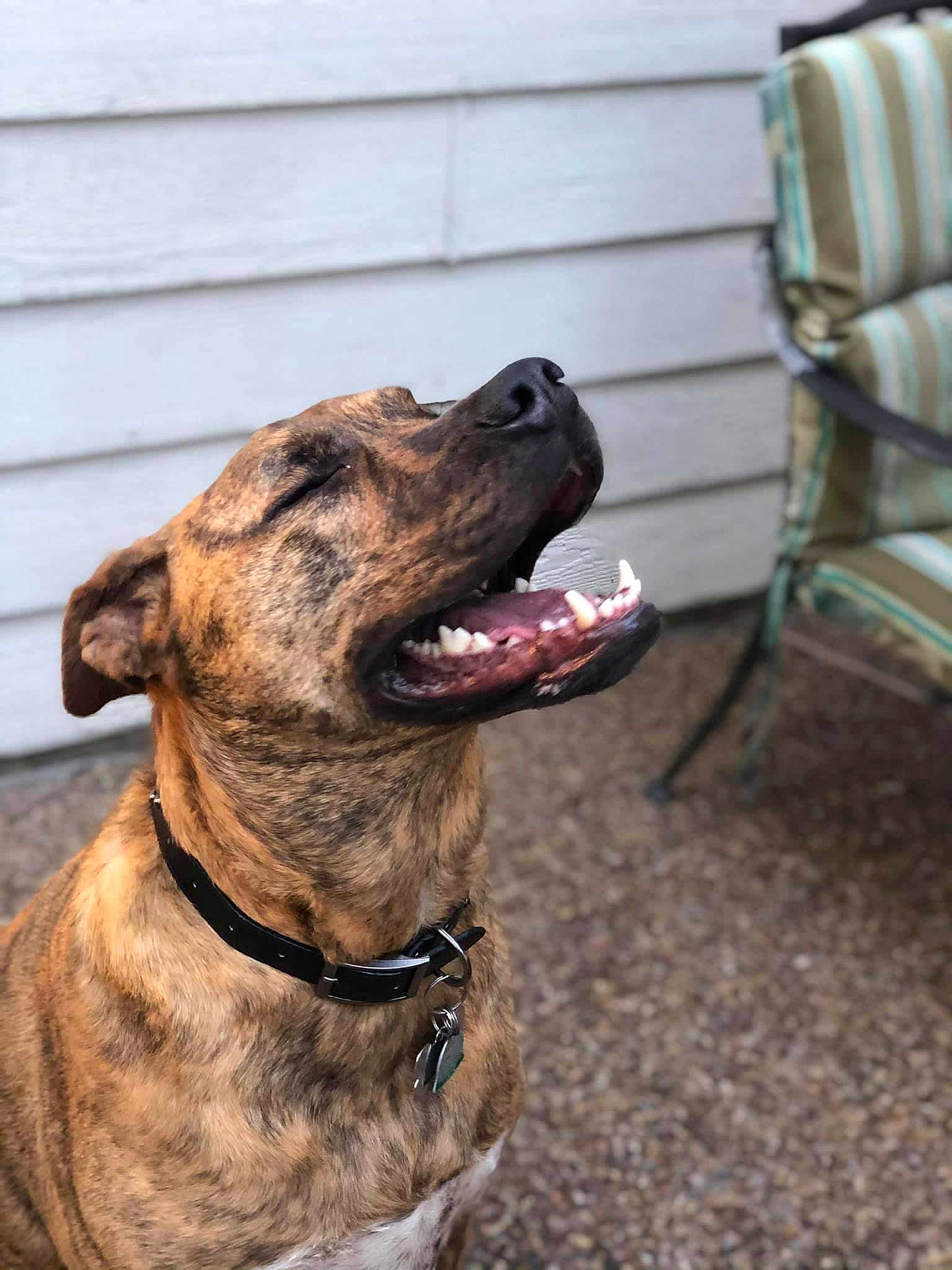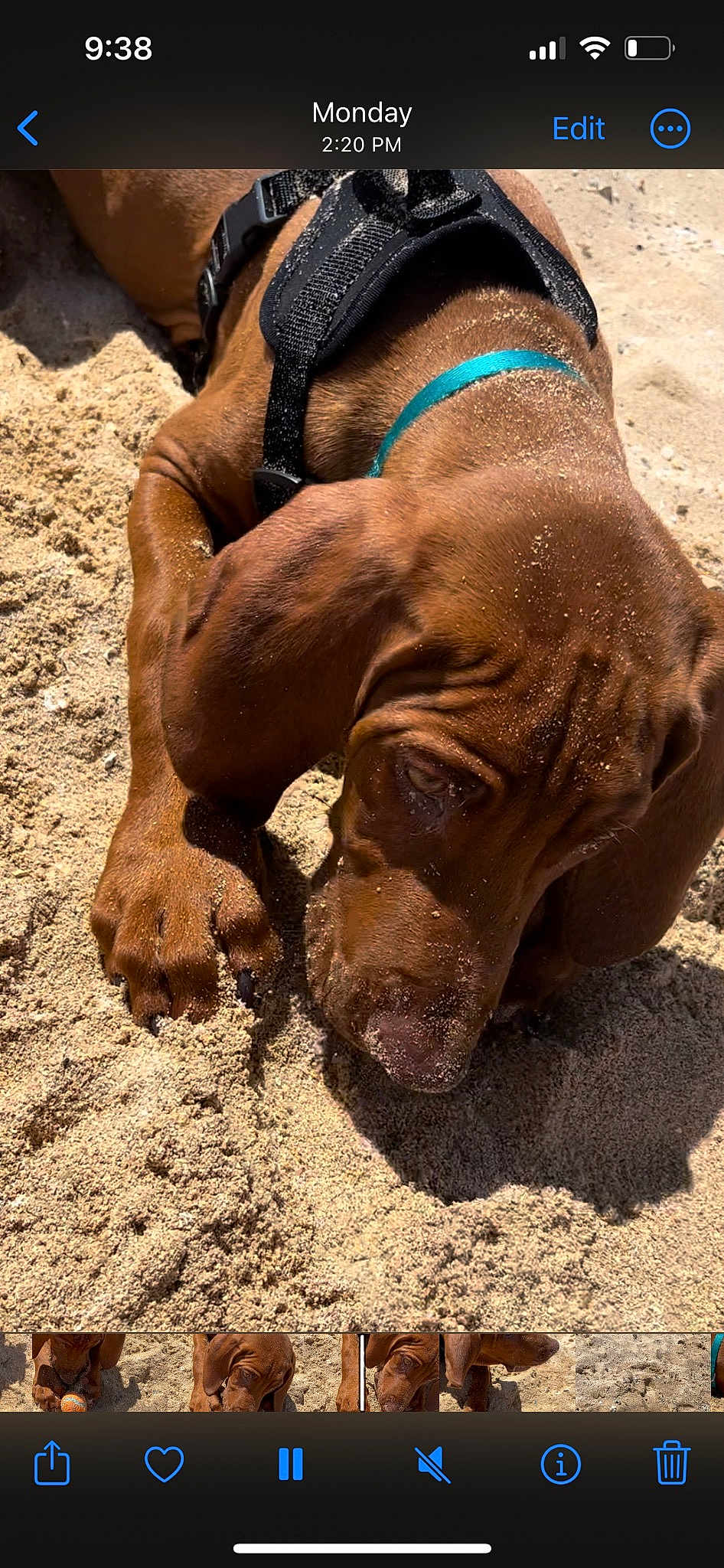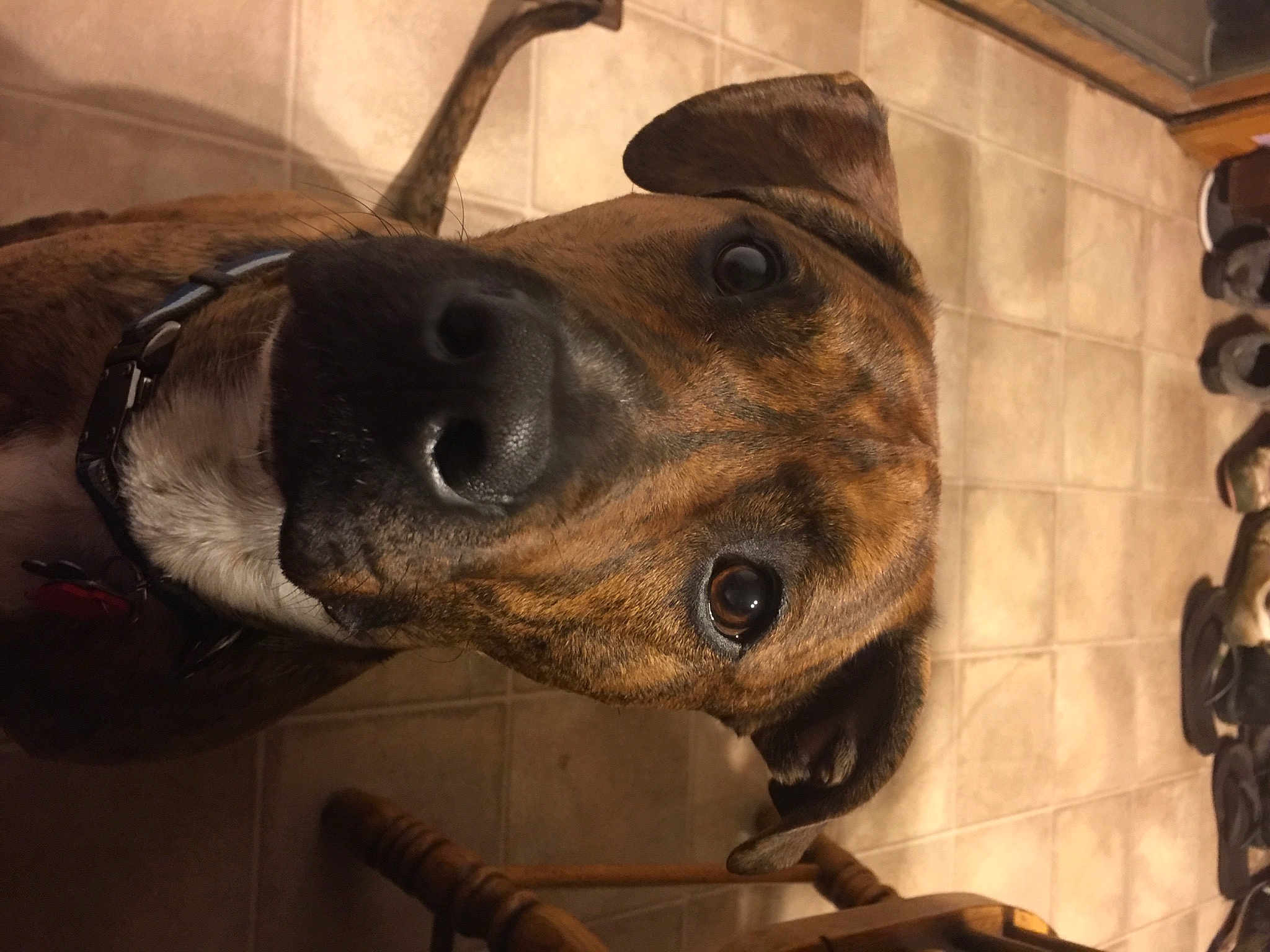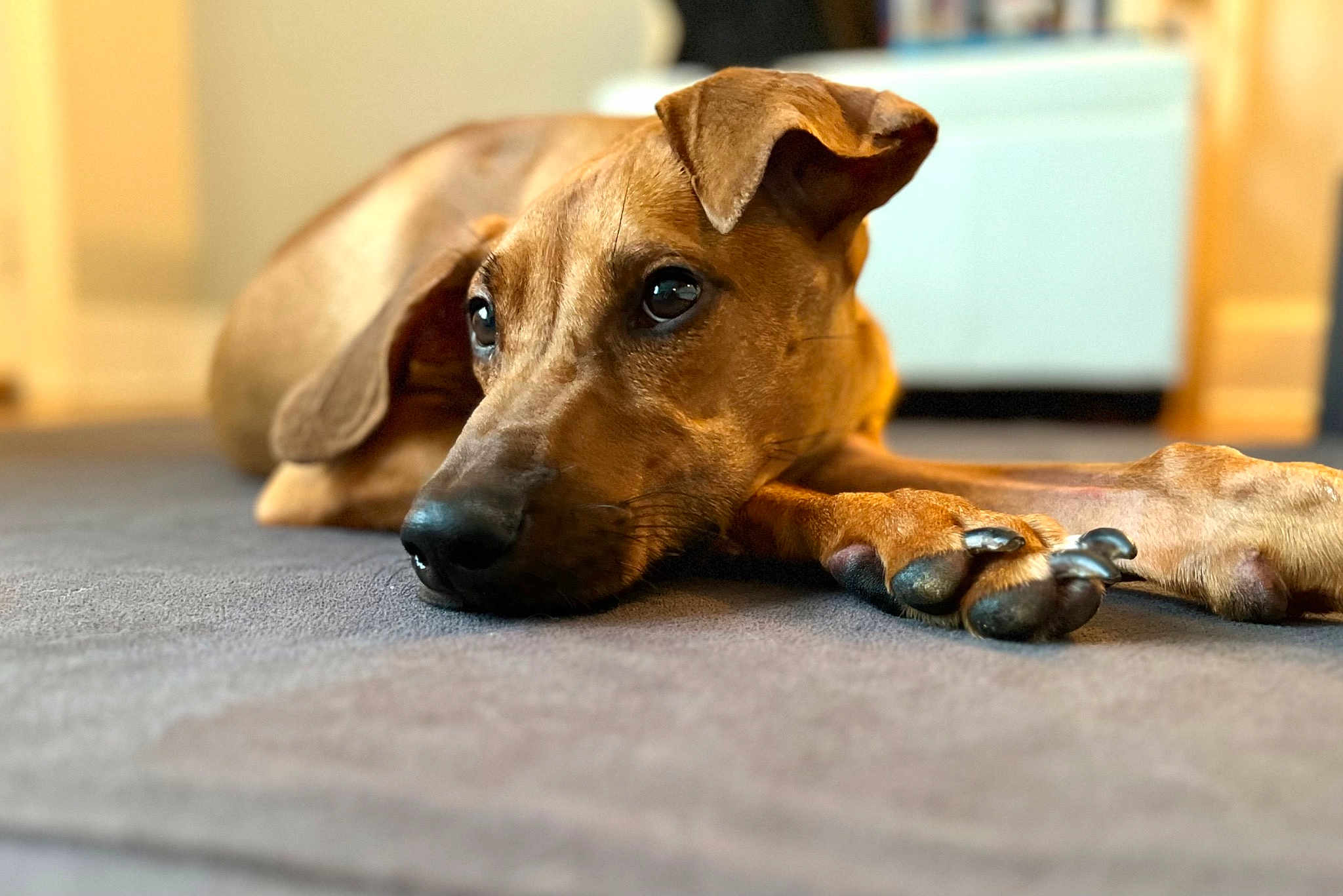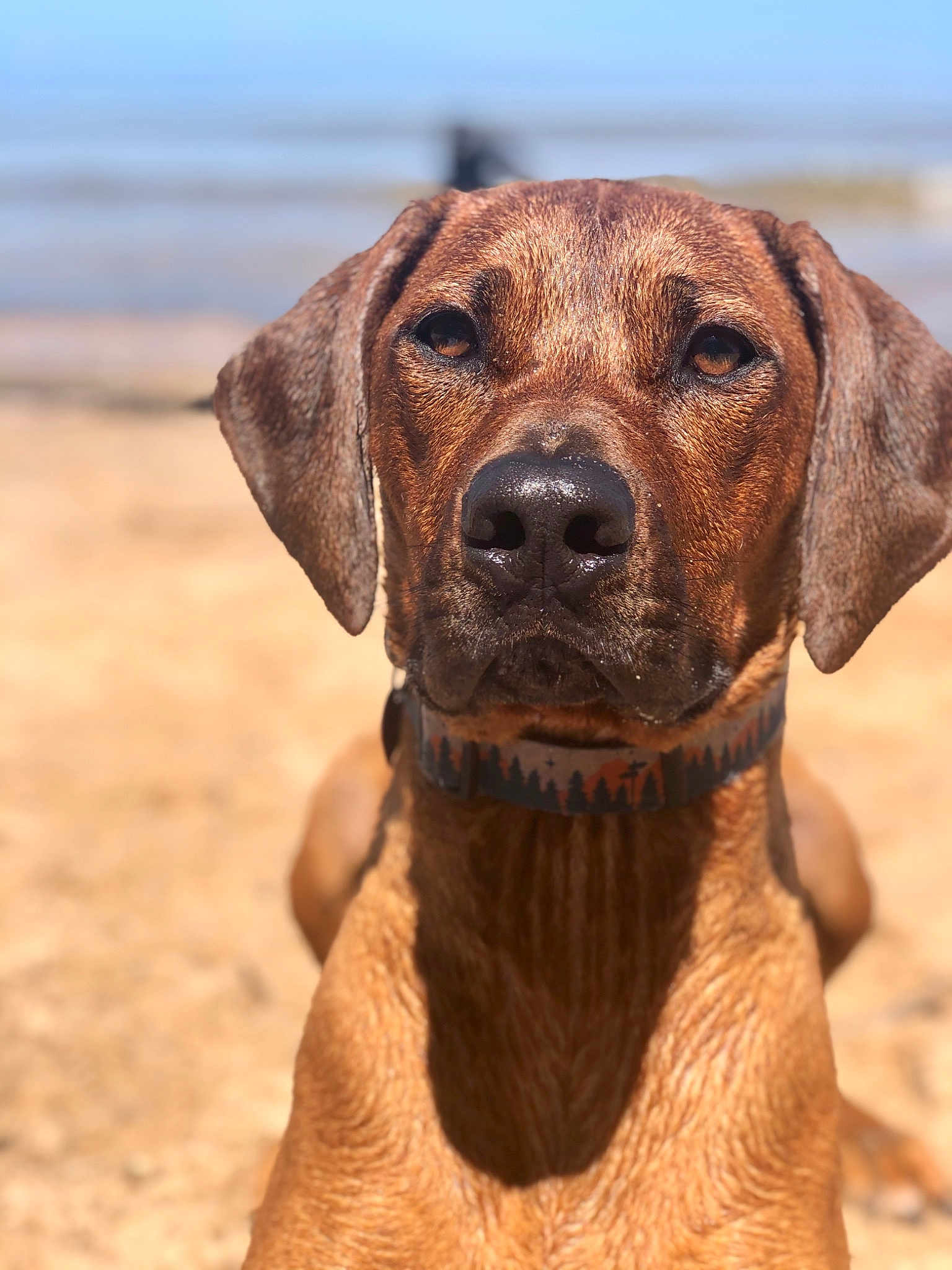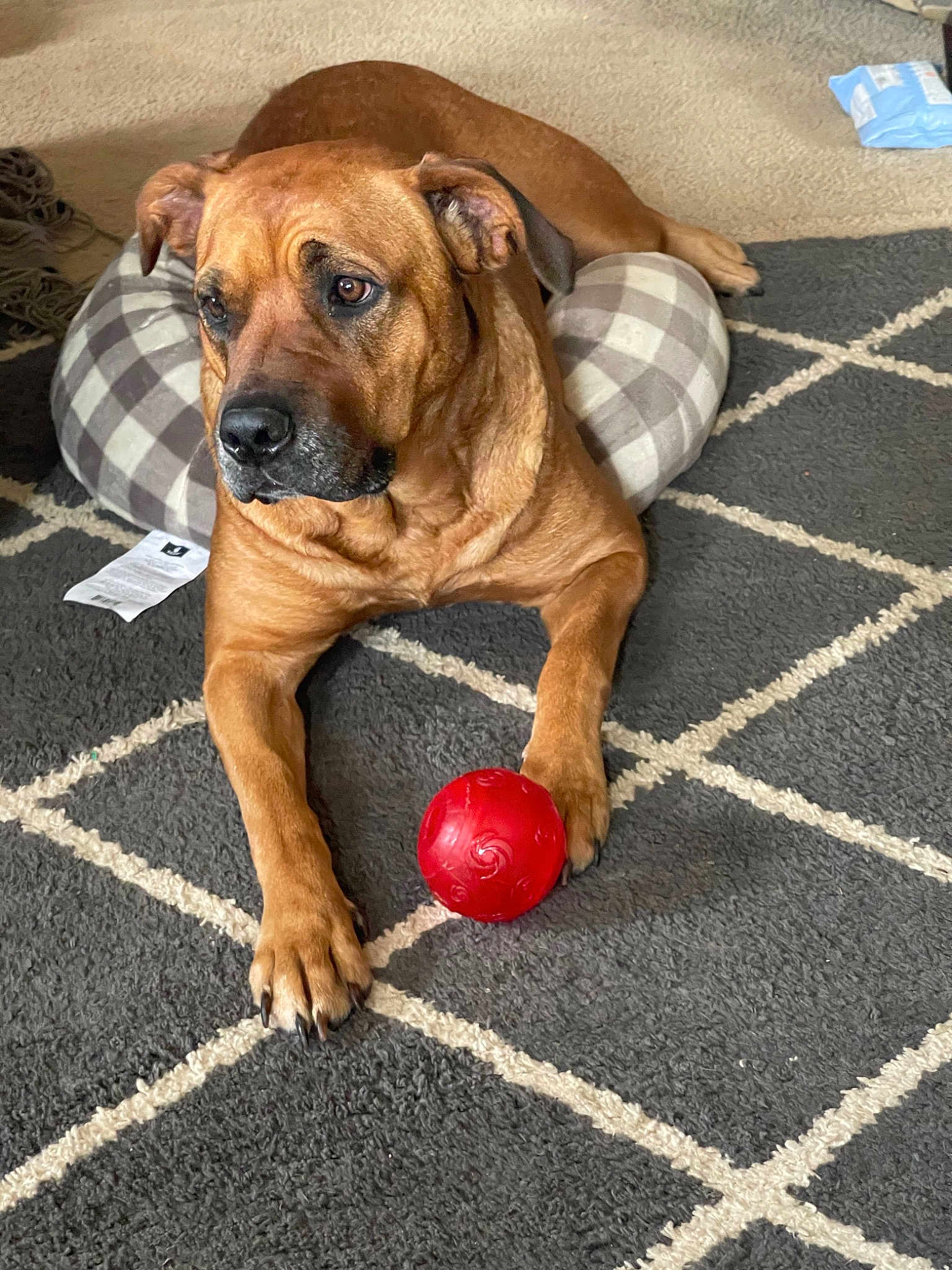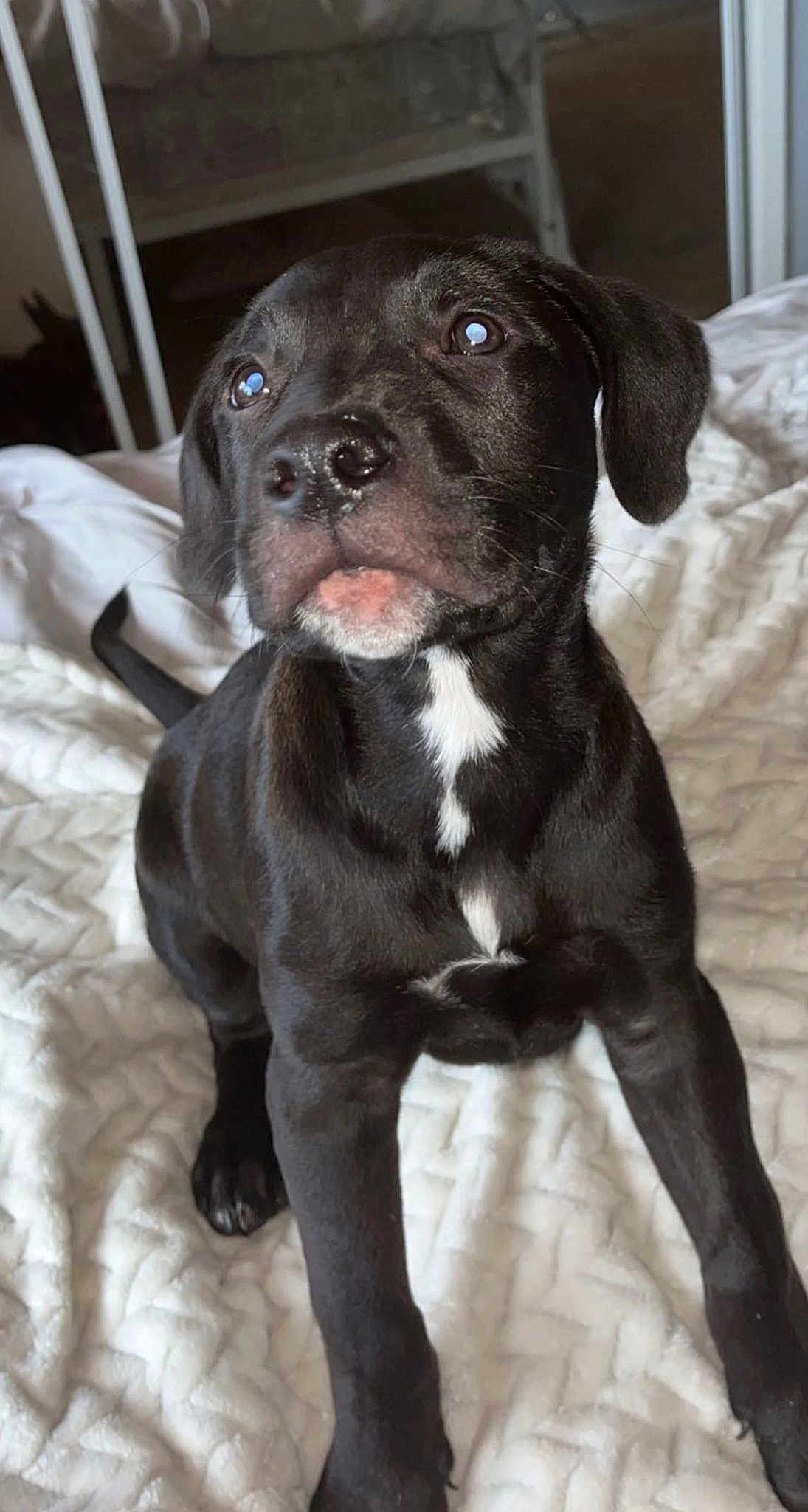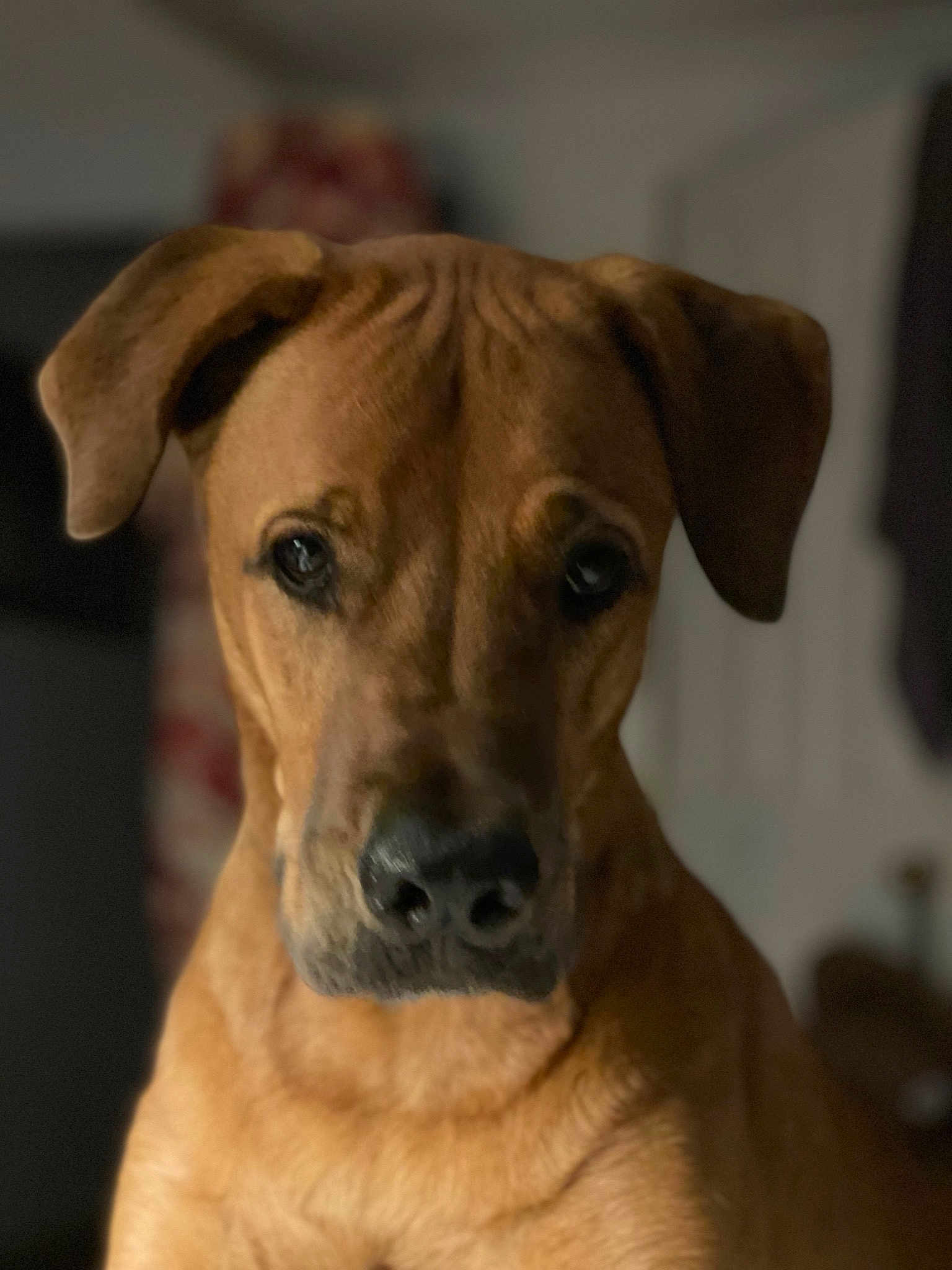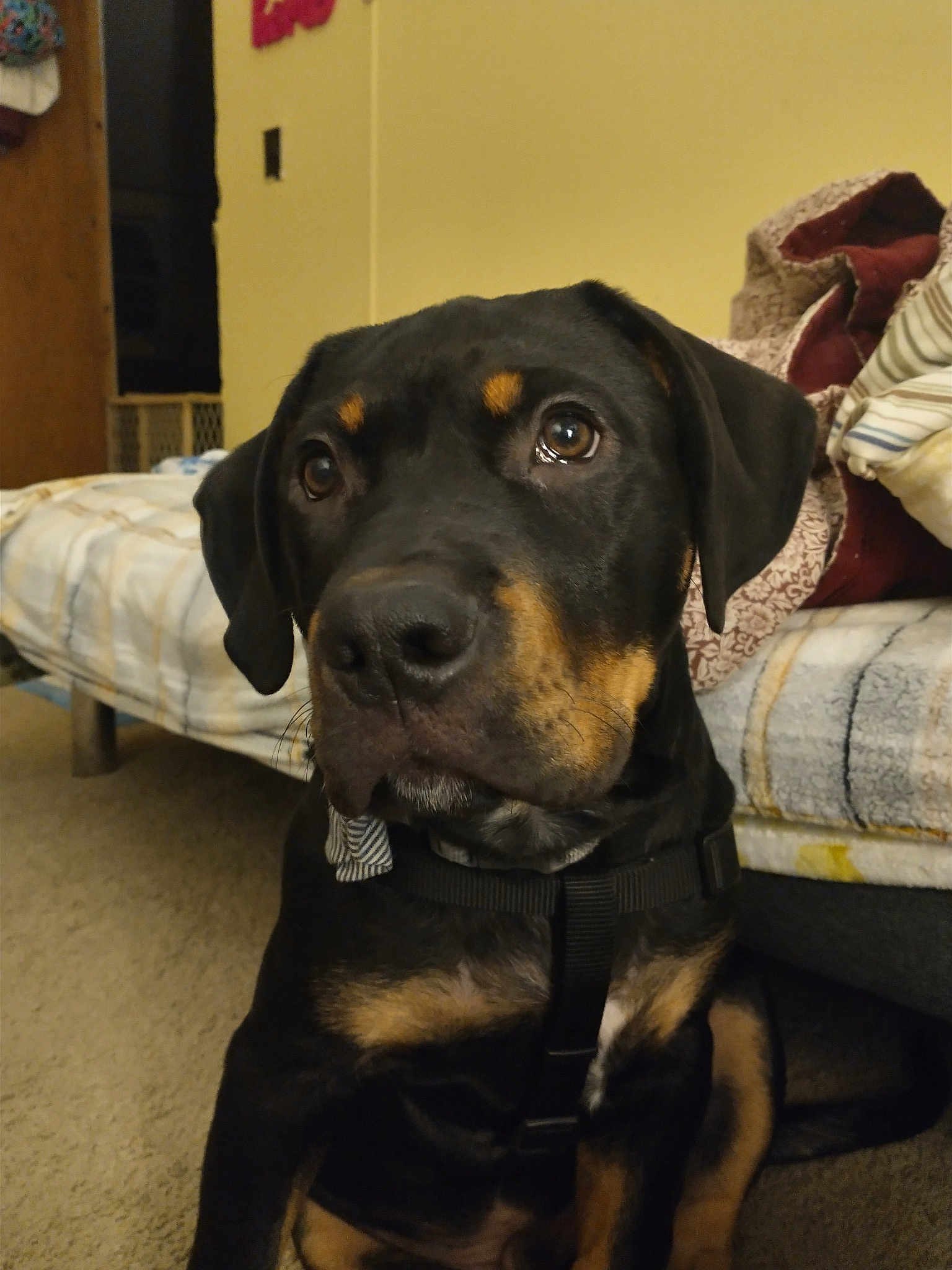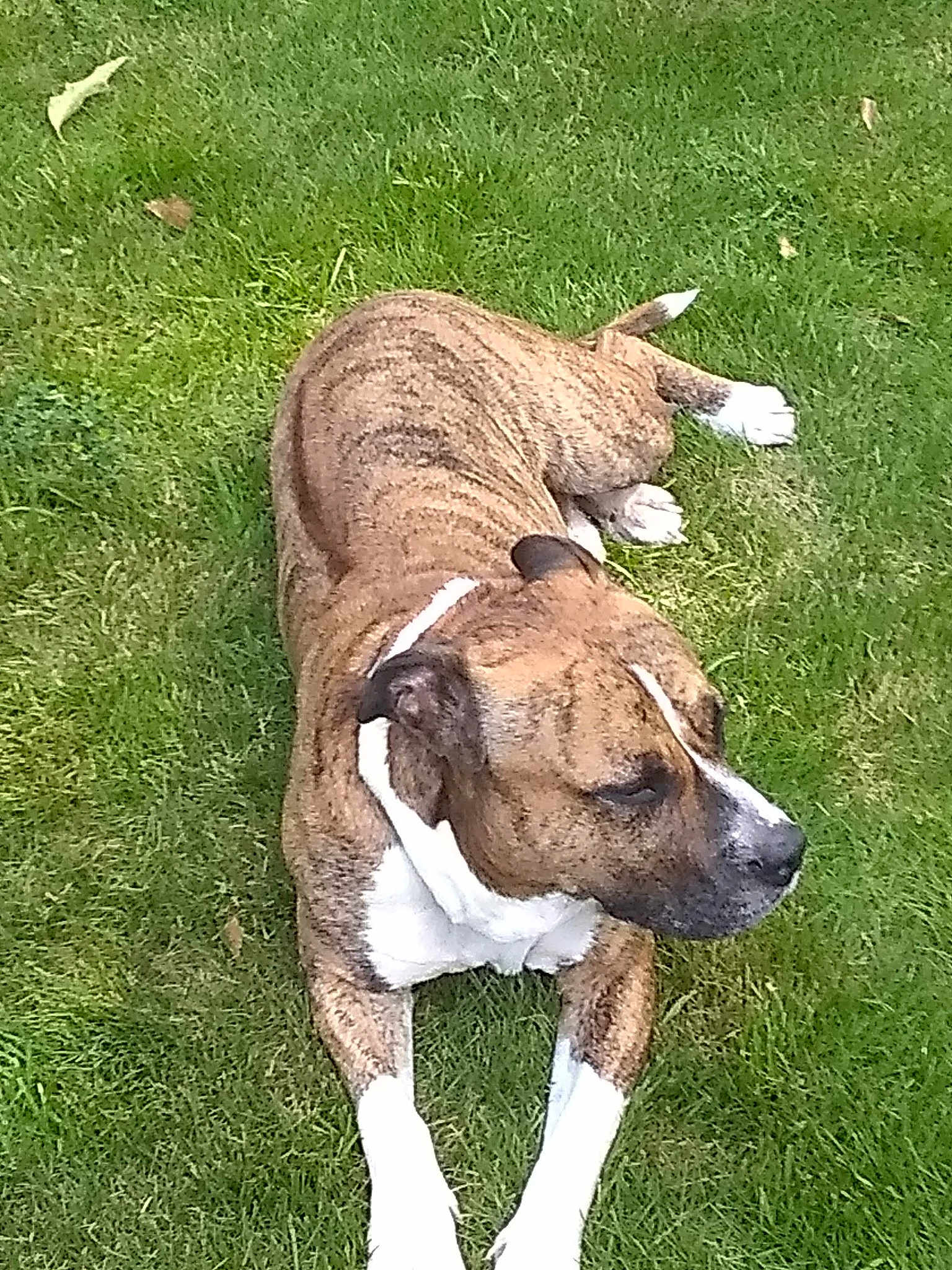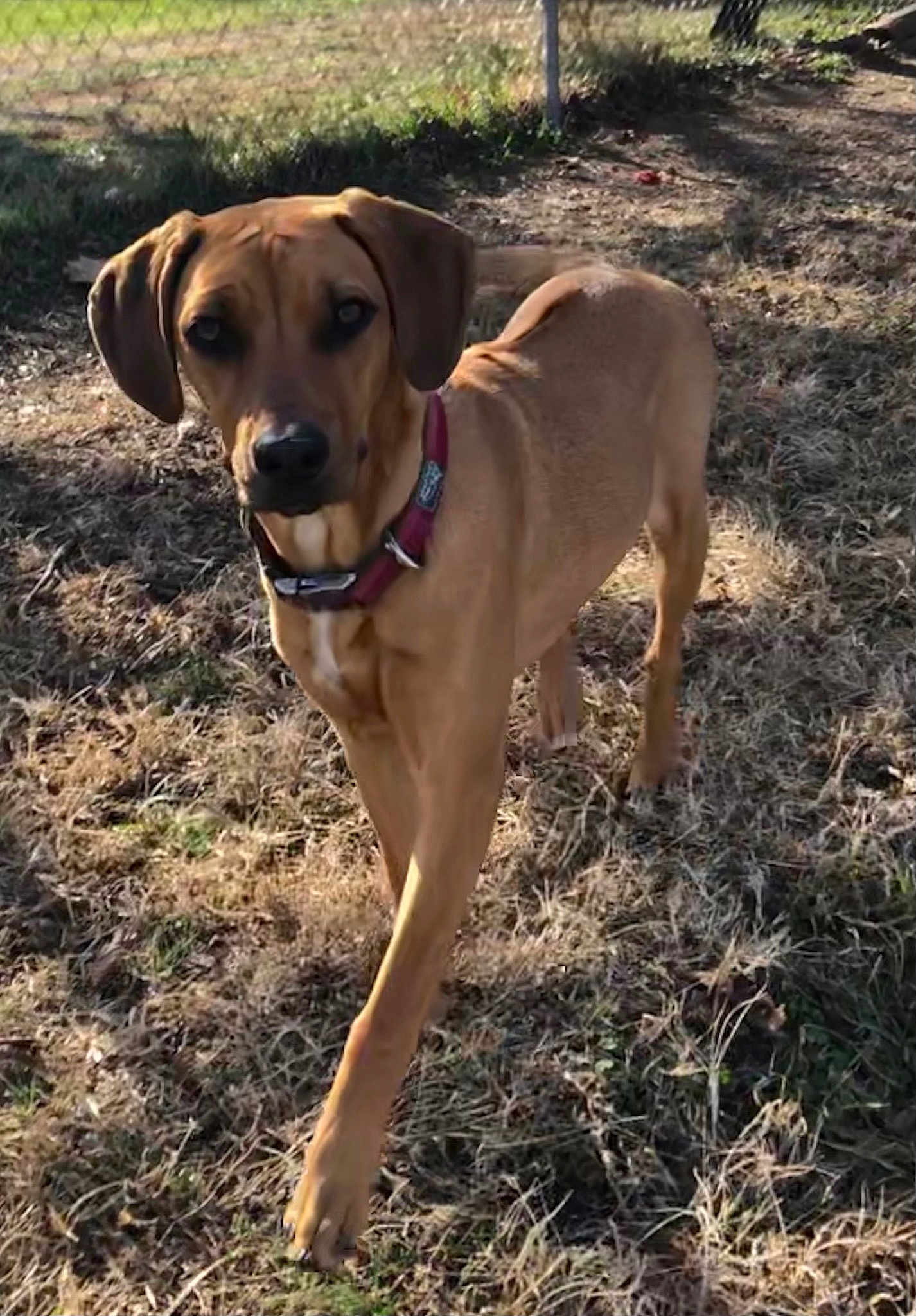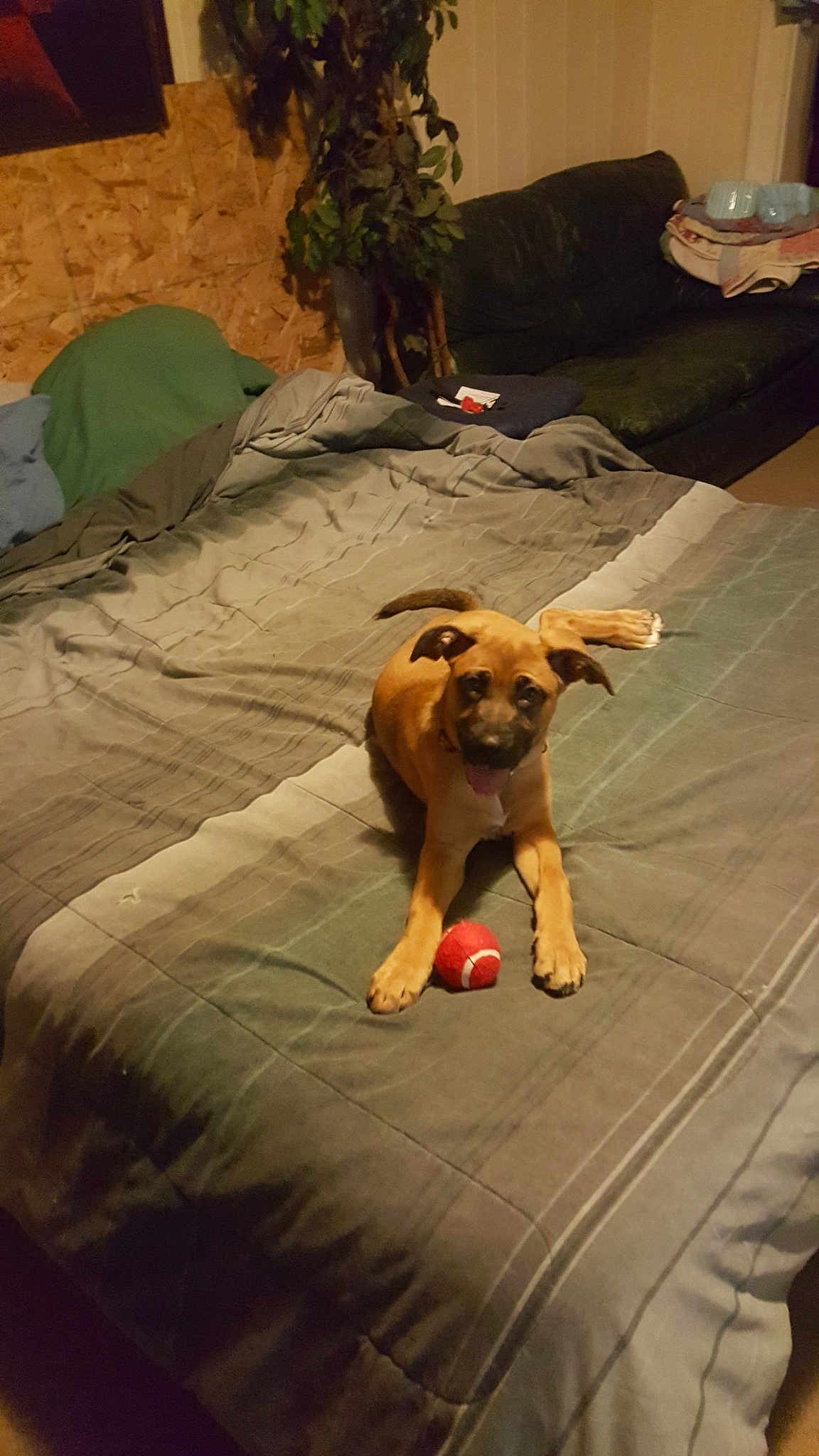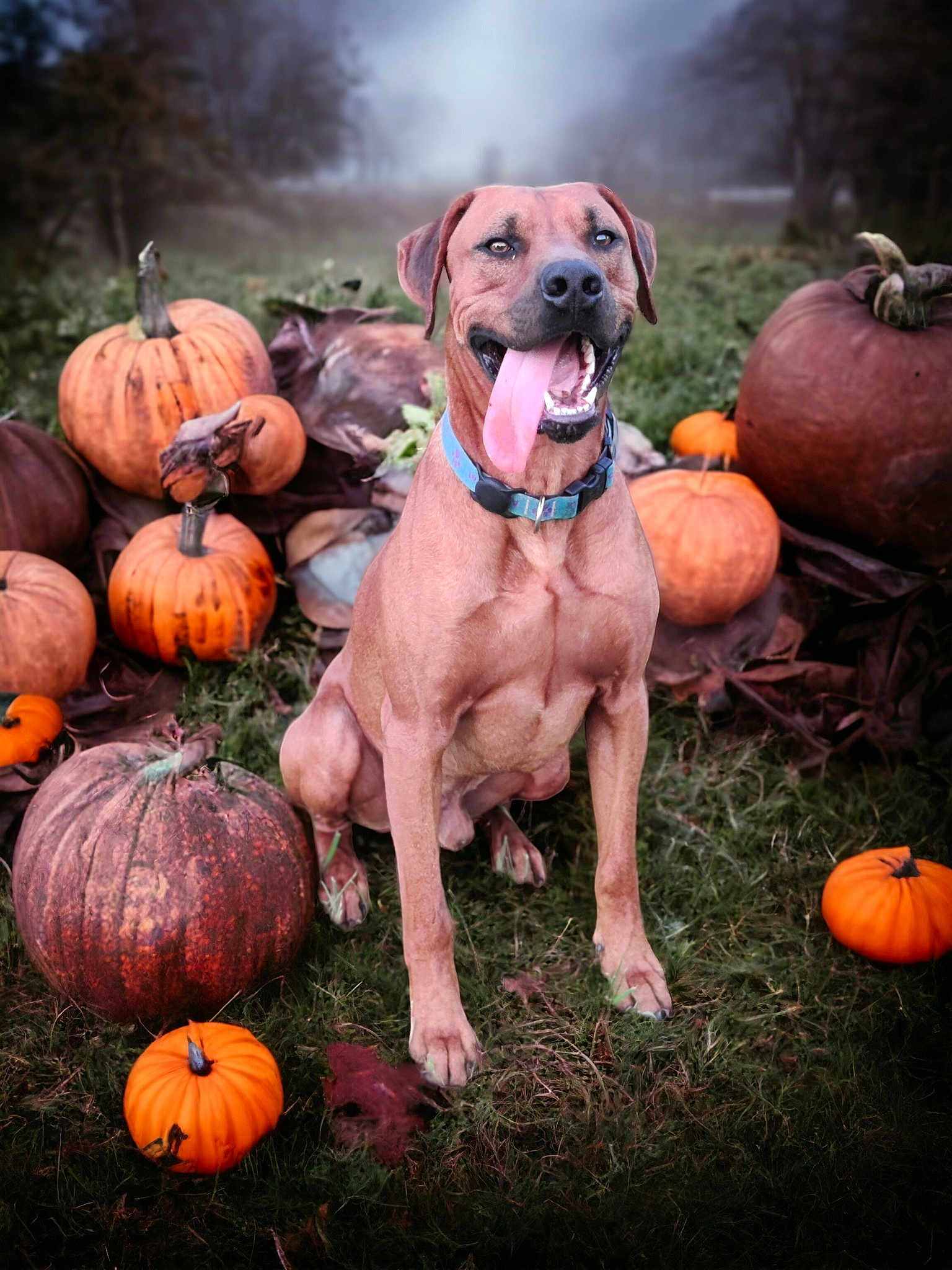
Did you know that the Rhodesian Ridgeback is often referred to as the “lion dog” due to its storied past in hunting lions in Africa? This incredible breed carries with it an aura of bravery and protector instinct. Welcome to the fascinating world of dog breeds, where every name, every trait, and every characteristic tells a story of history, culture, and companionship.
Personality and Behavior of the Rhodesian Ridgeback
The Rhodesian Ridgeback is known for its dignified and affectionate temperament. Despite its intimidating hunting legacy, this breed is remarkably gentle and affectionate with its family. Ridgebacks are highly loyal and have a calm demeanor, though they can exhibit aloofness toward strangers, making them excellent watchdogs.
Ridgebacks are also known for their independence and intelligence. They’re often described as having a strong-willed personality, which can sometimes translate to a stubborn streak. This breed thrives on consistent training and socialization from an early age to help channel its independent nature constructively.
One of the endearing traits of the Rhodesian Ridgeback is its playfulness. They love engaging in activities and playing games with their loved ones, making them great companions for families with an active lifestyle. However, their energetic nature means they require adequate physical exercise to prevent boredom and potential behavior issues.
The Rhodesian Ridgeback's unique hair ridge running along its back, formed by hair growing opposite to the rest of the coat, is not just a distinctive feature but also a hallmark of the breed’s proud heritage – a trait that emerged from its historical use in tracking and holding at bay the magnificent lions of Africa.
Meanings, History, and Origins of the name Rhodesian Ridgeback
The name Rhodesian Ridgeback is a nod to the breed's geographic and functional origins. "Rhodesian" refers to the breed's development in the region that was once Rhodesia (now Zimbabwe), and “Ridgeback” highlights the breed’s distinctive ridge of hair along its spine – a unique trait that sets it apart from other breeds.
The breed’s history dates back to the late 19th century, when European settlers in Africa sought to develop a versatile hunting dog. They interbred the native African dogs, known for their resilience and survival skills, with European breeds like the Great Dane, Mastiff, and Greyhound. This combination resulted in a robust, agile dog suitable for the African wilderness.
Rhodesian Ridgebacks were primarily used for hunting lions, hence their nickname “lion dogs.” While their role was not to kill lions but to track and hold them at bay until the hunter arrived, this role showcased their bravery and intelligence. Today, they are cherished not just for their hunting prowess but also for their companionship and loyalty.
Popularity of the Rhodesian Ridgeback
The Rhodesian Ridgeback enjoys moderate popularity around the world, often ranking within the top 50 to 100 breeds depending on the country. In English-speaking countries, the breed has a dedicated following among enthusiasts who appreciate its unique attributes and history. It is especially popular in the United States, Australia, and the United Kingdom.
In the United States, the American Kennel Club (AKC) recognizes the Ridgeback as a member of the Hound Group. Its popularity has been steadily increasing over the years, partly due to its versatile nature as a family dog and a protector. Celebrities and public figures also contribute to its fame by owning this majestic breed, showcasing it in various public settings.
Around the globe, the Ridgeback continues to garner admiration. From Europe to Asia, dog lovers appreciate the breed for its elegance, intelligence, and distinctive appearance. Its balance of athleticism and grace makes it a frequent participant in dog shows and competitions.
Health and Care of the Rhodesian Ridgeback
The Rhodesian Ridgeback is generally a healthy breed, but like all breeds, they are prone to specific health issues. One of the common genetic conditions affecting them is hip dysplasia, a joint issue that can cause discomfort and mobility problems. Regular check-ups and maintaining a healthy diet and weight can help manage this condition.
Dermoid sinus, a congenital skin condition, is another health concern specific to this breed. This condition can be detected and managed with veterinary care. Ensuring regular vet visits and screening is crucial for any Ridgeback owner.
Regarding diet, the Ridgeback requires a balanced diet tailored to their age, size, and activity level. High-quality dog food, whether commercially available or home-prepared with veterinary supervision, ensures they receive the necessary nutrients. Regular exercise is critical to their well-being, aiding in weight management and preventing issues related to inactivity.
Grooming a Ridgeback is relatively straightforward due to their short coat. Regular brushing helps manage shedding and keeps their coat looking sleek. Keeping up with dental hygiene, nail trimming, and ear cleaning is essential to prevent infections and maintain overall health.
Training and Education of the Rhodesian Ridgeback
Training a Rhodesian Ridgeback can be both a rewarding and challenging experience. Their intelligence and independent nature mean they learn quickly but also require firm and consistent training methods. Early socialization and puppy training classes are highly recommended to help them grow into well-mannered adults.
Positive reinforcement techniques work best with this breed. Providing treats, praise, and affection encourages them to follow commands and behave appropriately. It's important to be patient and avoid harsh training methods, as they can be sensitive to negative reinforcement.
Common challenges with training Ridgebacks include their occasional stubbornness and tendency to get distracted. Keeping training sessions short, engaging, and diverse can help maintain their interest. Consistency across all household members in enforcing rules and commands is also crucial.
Activities like obedience training, agility classes, and even hunting games can provide both mental and physical stimulation for this energetic breed. Meeting their exercise needs through regular walks, runs, or playtime in a secure yard helps reduce unwanted behaviors stemming from boredom.
Choosing the right dog breed for your family involves considering various factors such as temperament, activity level, and care needs. If you're looking for a breed with a rich history, striking appearance, and loyal nature, the Rhodesian Ridgeback might be the perfect fit. This breed’s unique combination of independence and affection makes them stand out as remarkable companions.
The Rhodesian Ridgeback continues to be a popular contender in Pageant Dog contests, capturing the hearts of judges and audiences alike with their noble presence. Their blend of loyalty, intelligence, and history makes them an excellent choice for those looking to add a touch of adventure and companionship to their lives. Embracing the Rhodesian Ridgeback as part of your family is more than owning a dog – it's welcoming a piece of majestic history and unwavering loyalty into your home.


